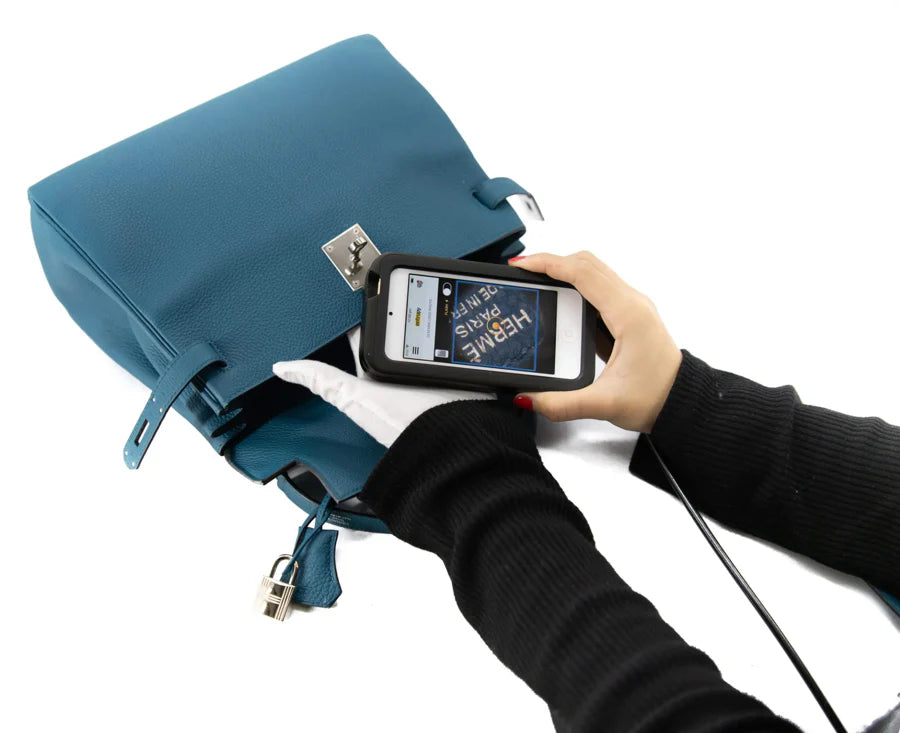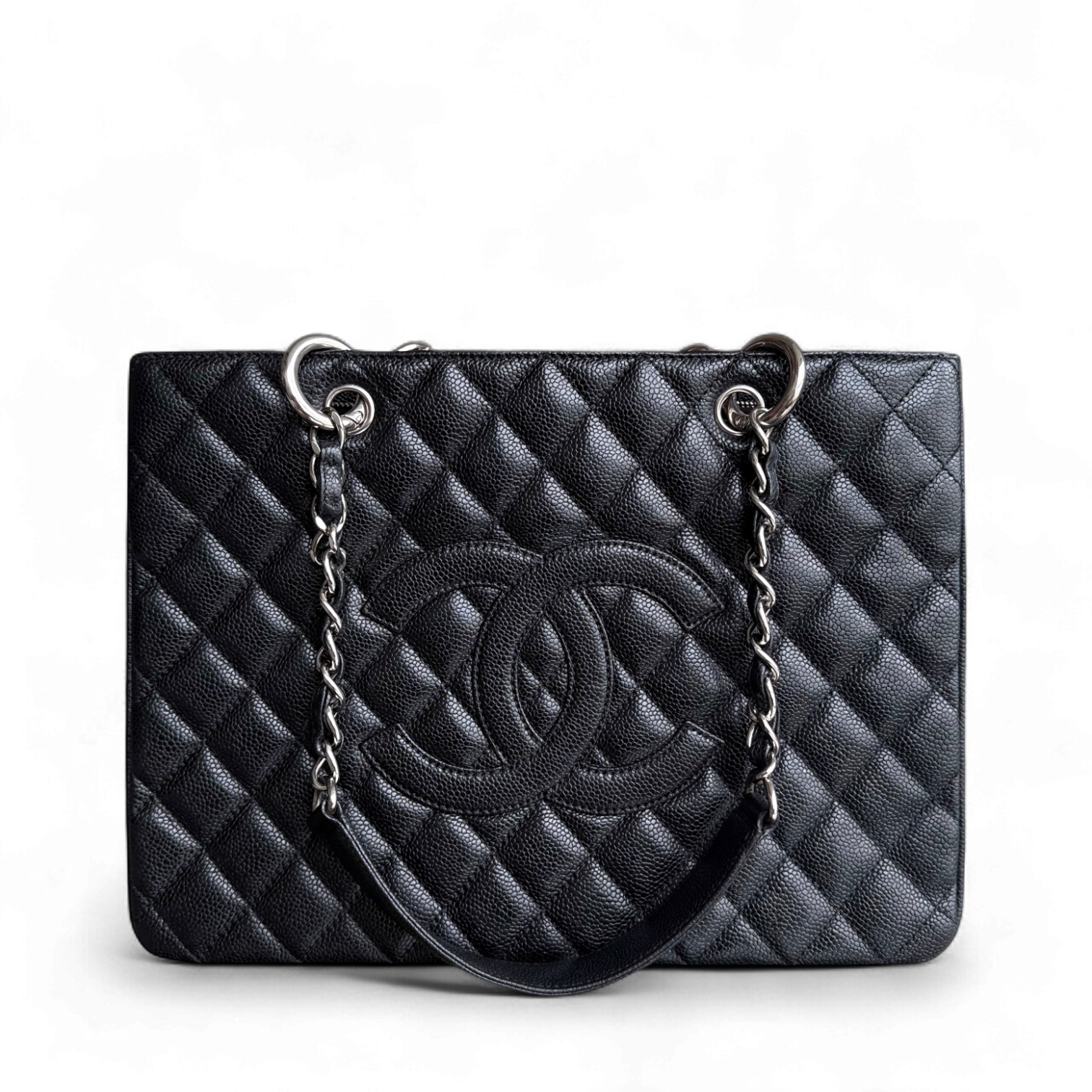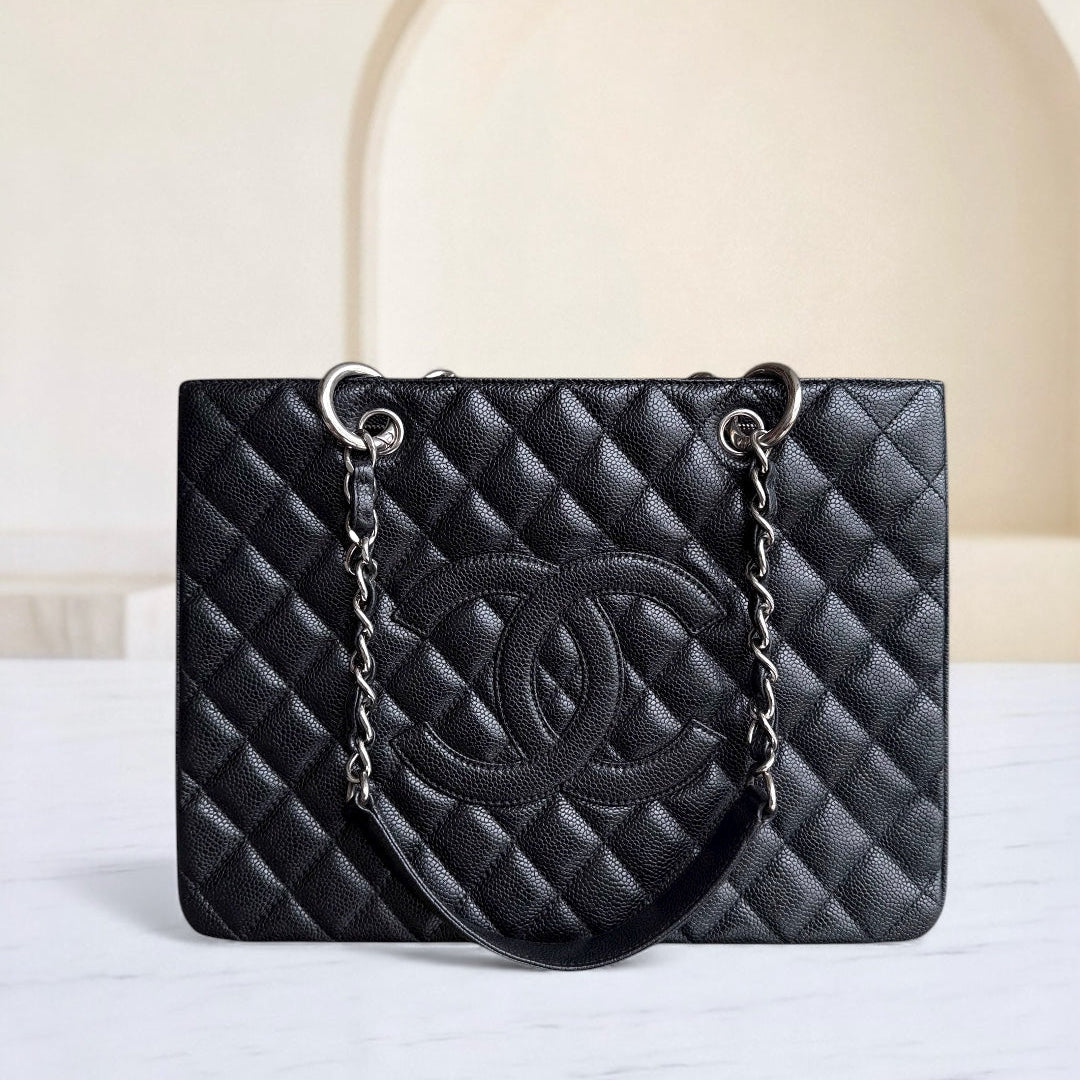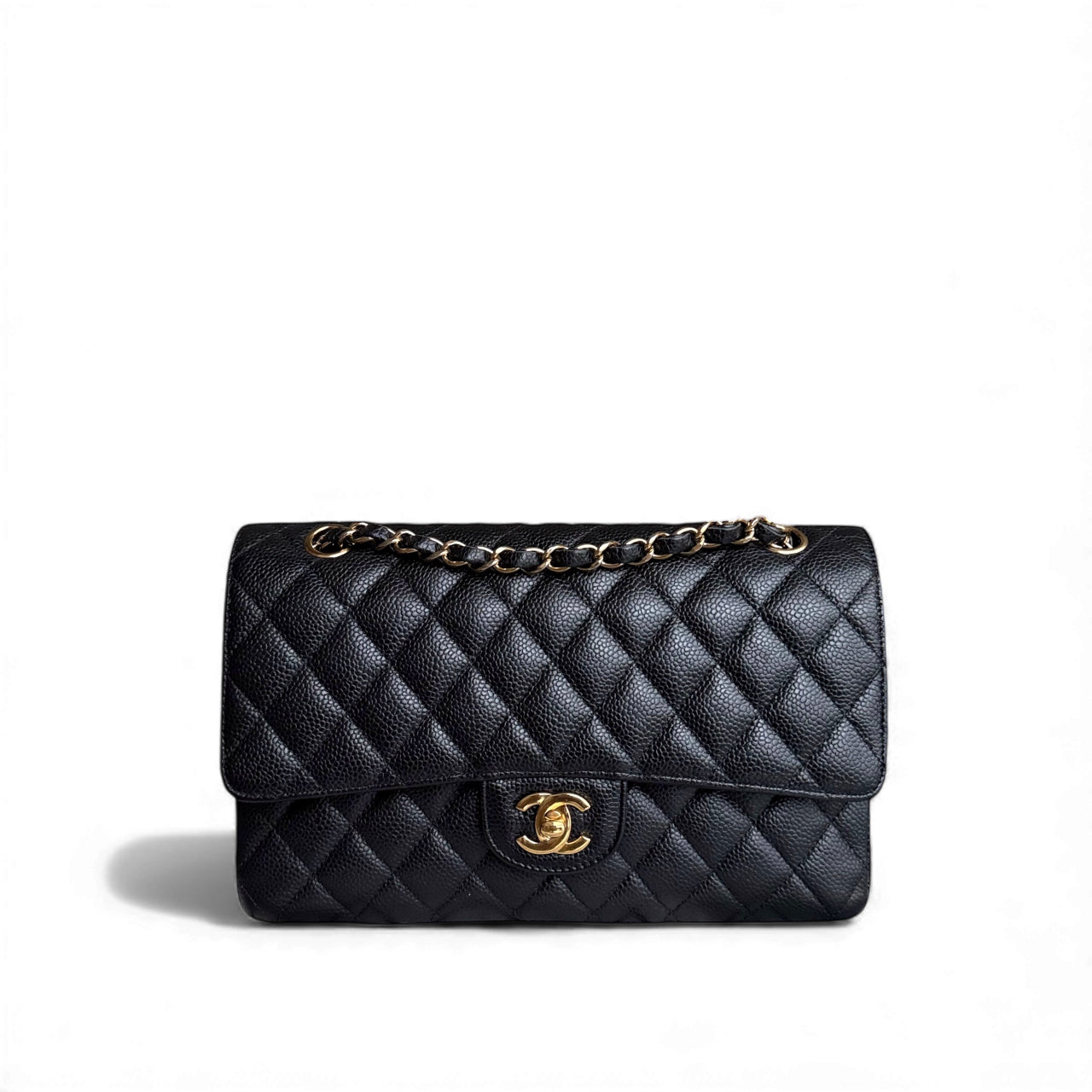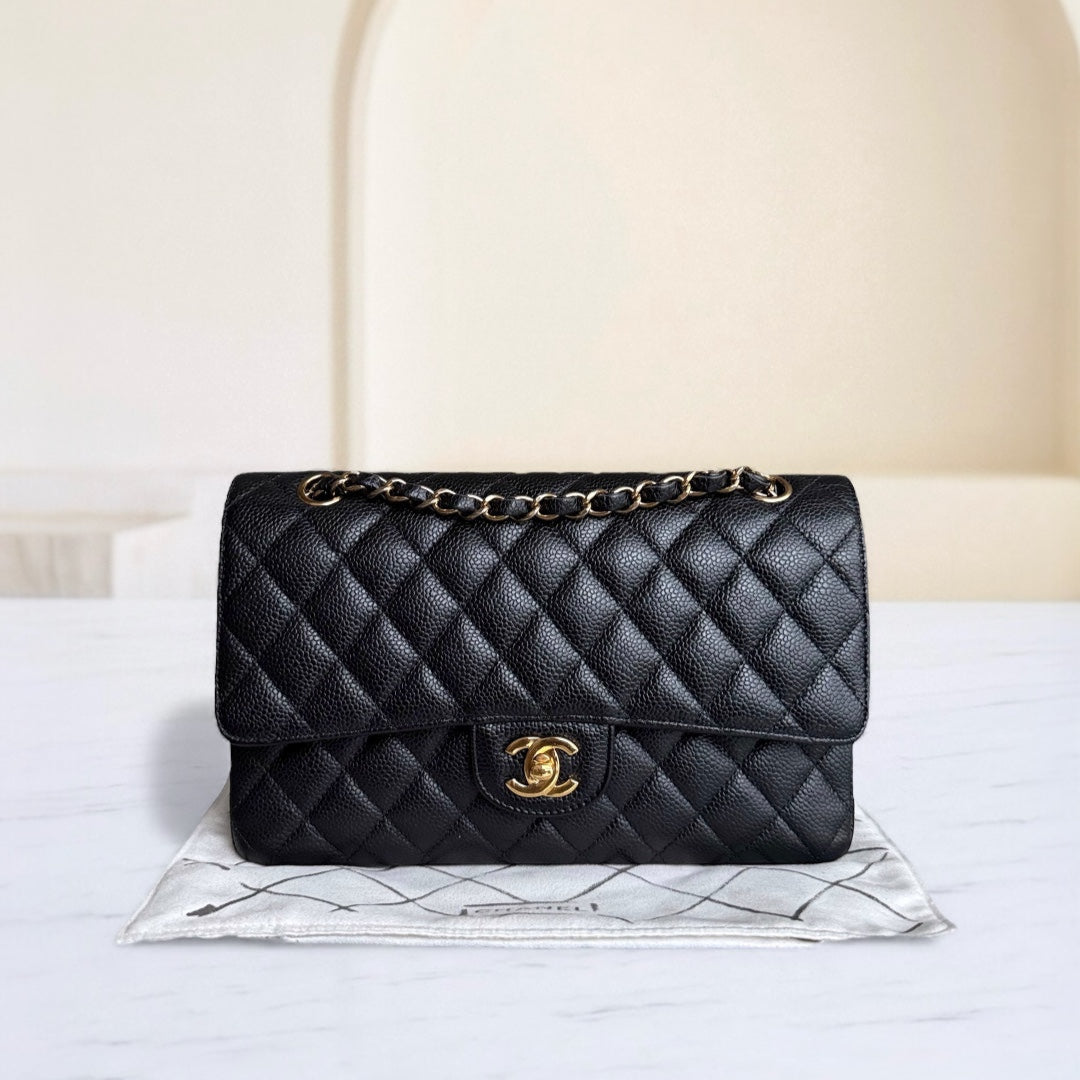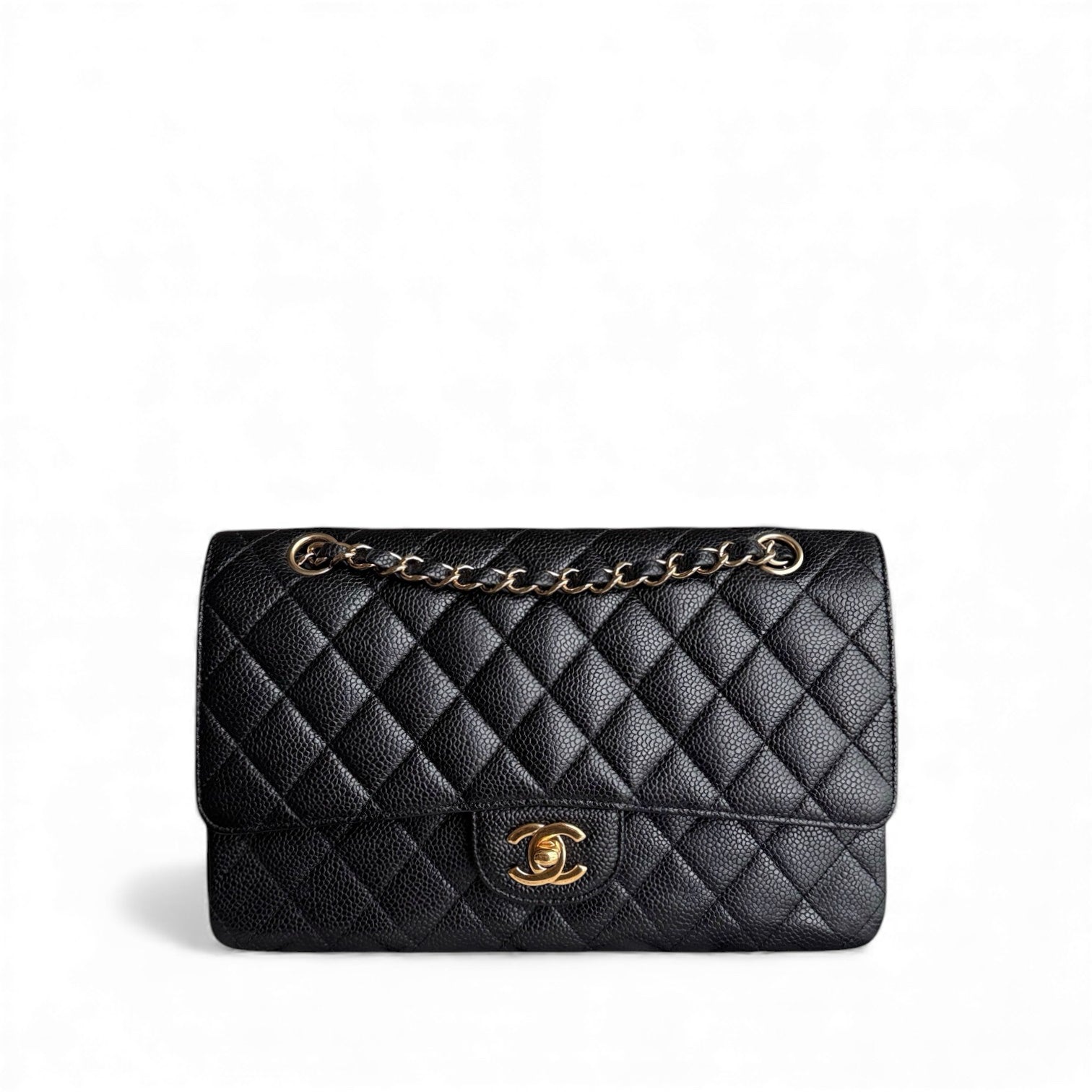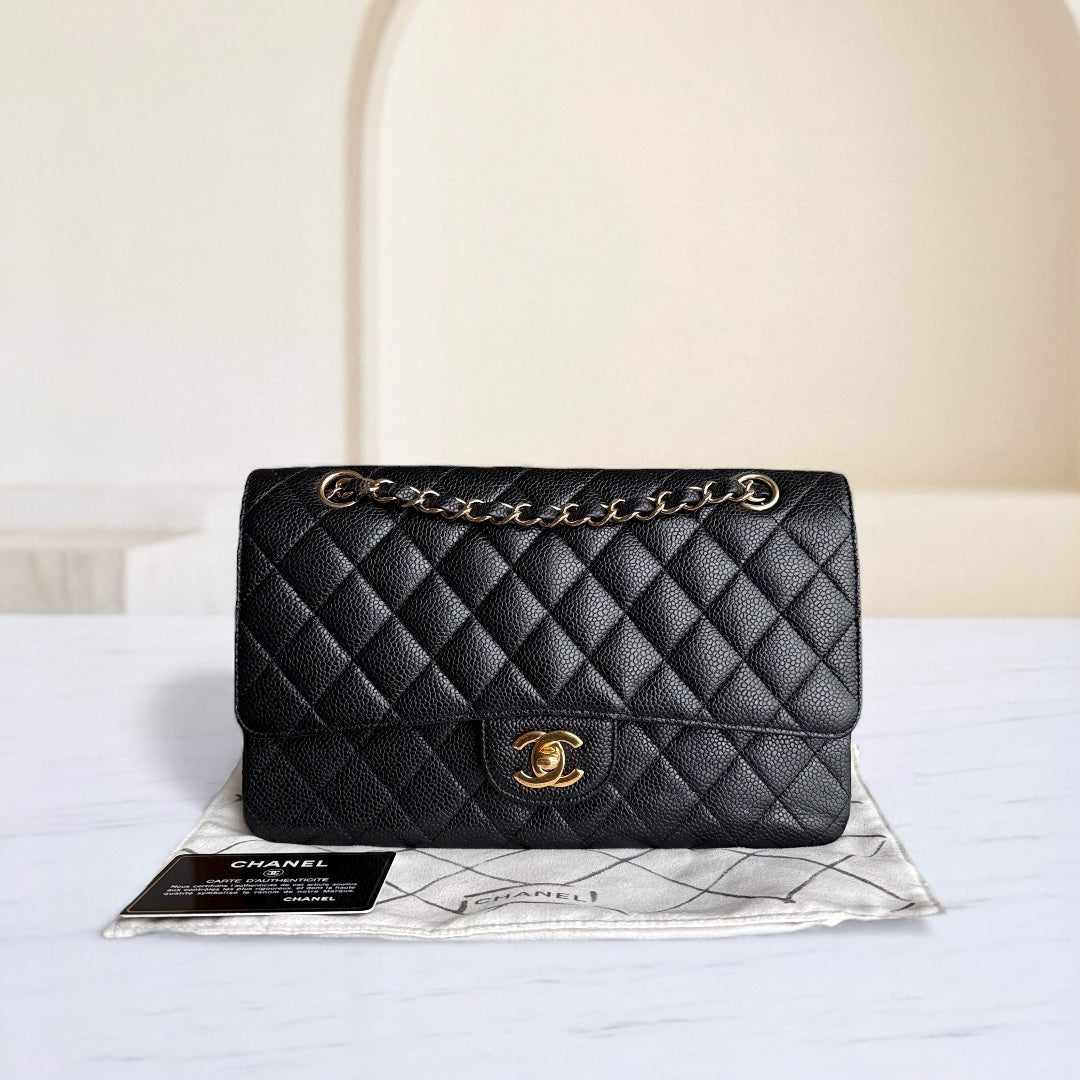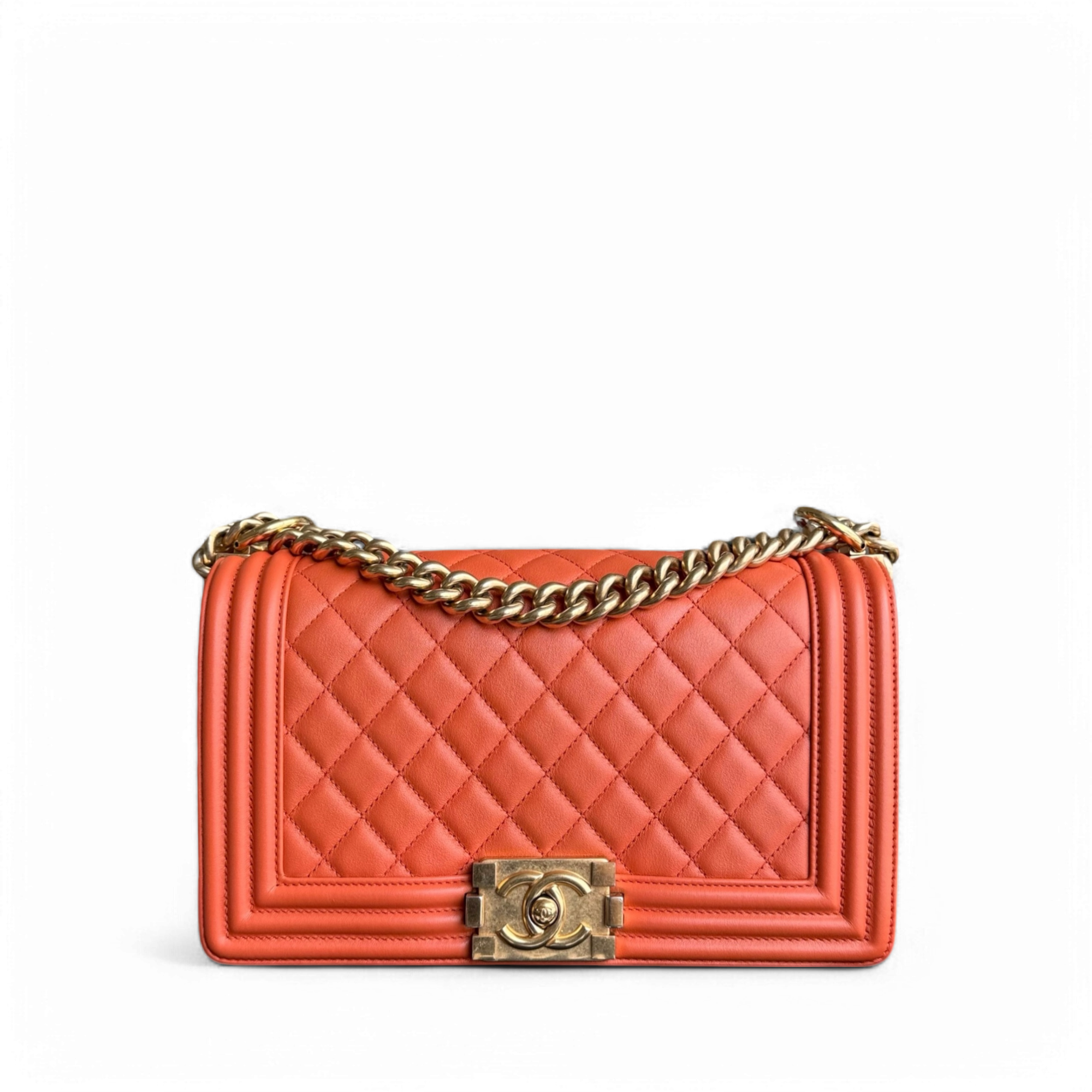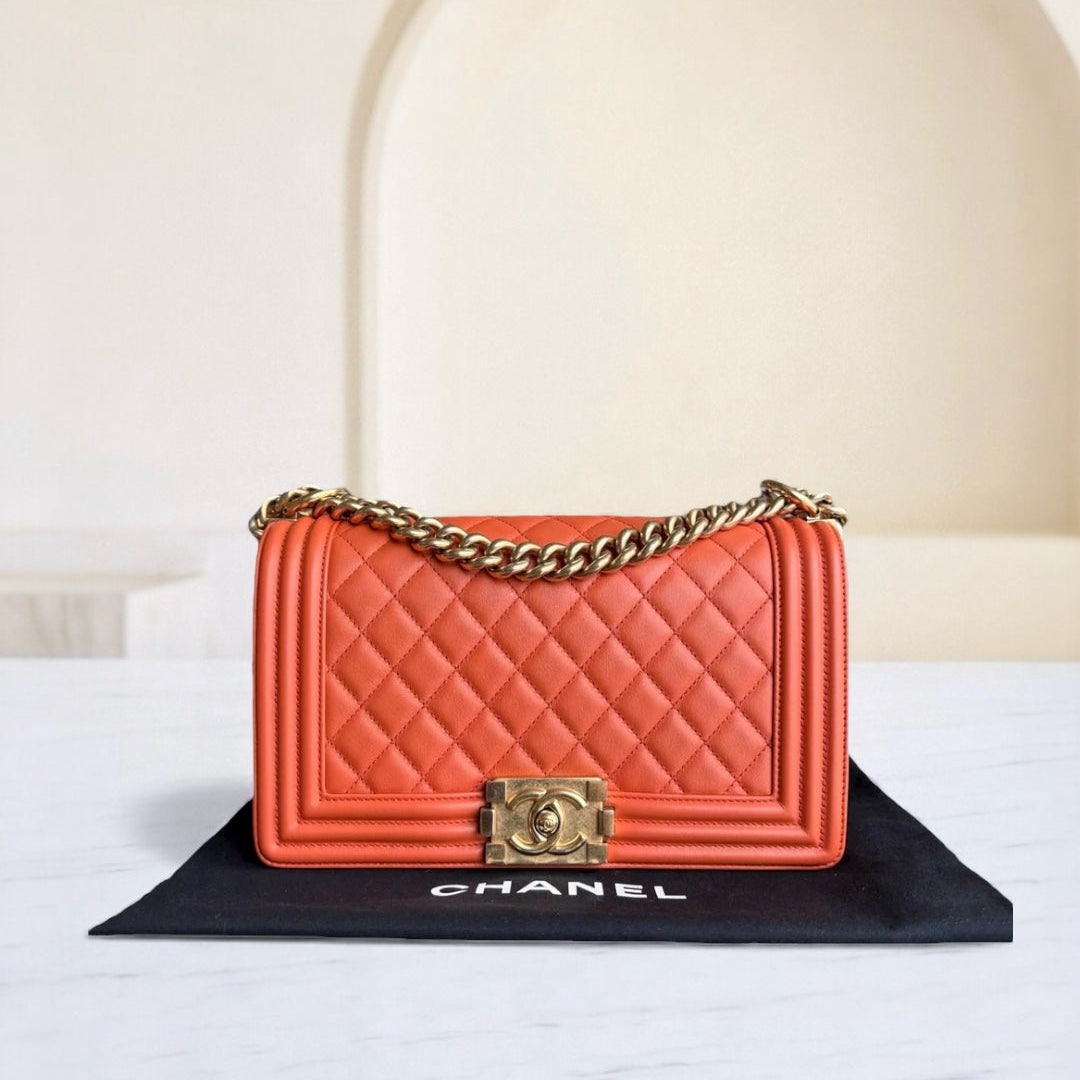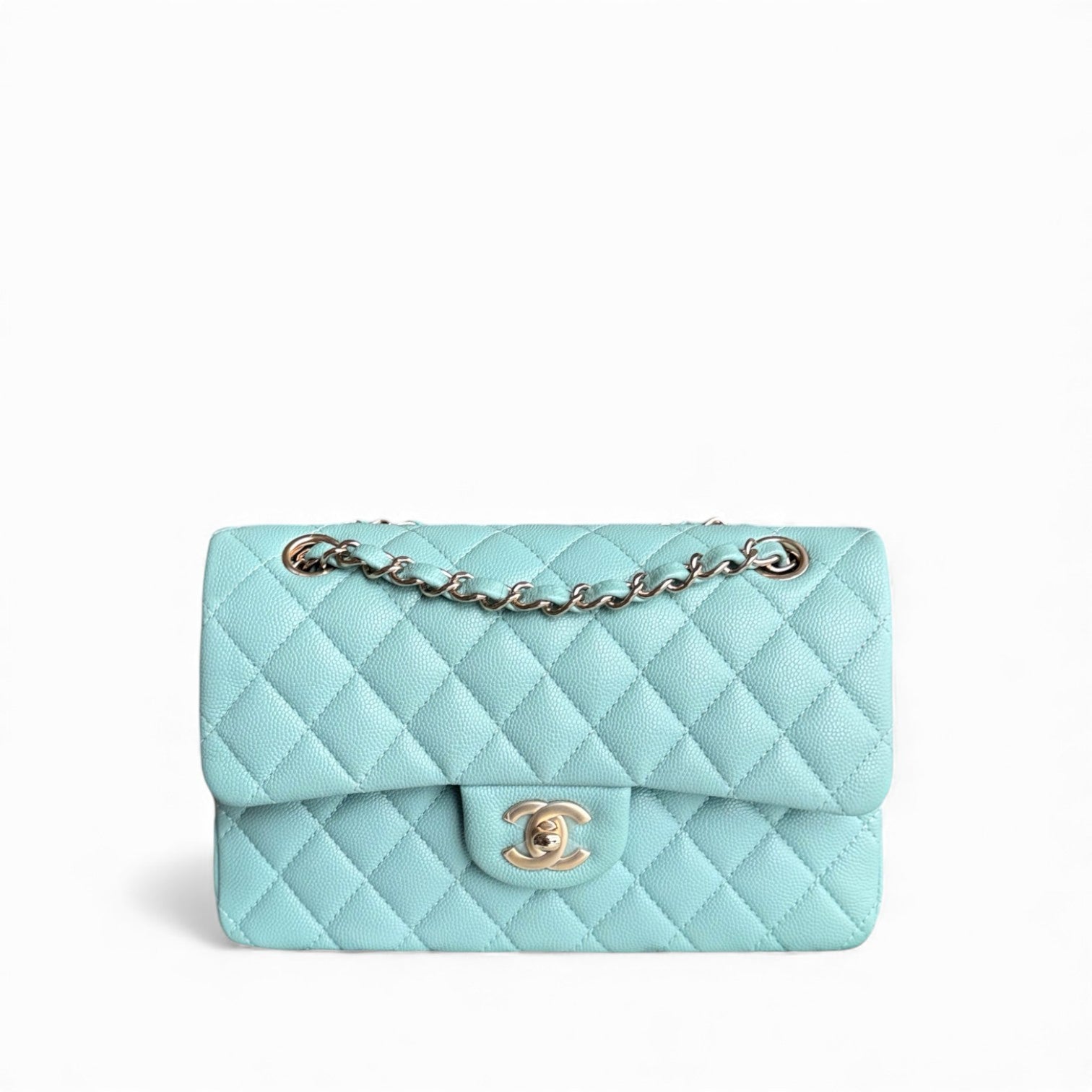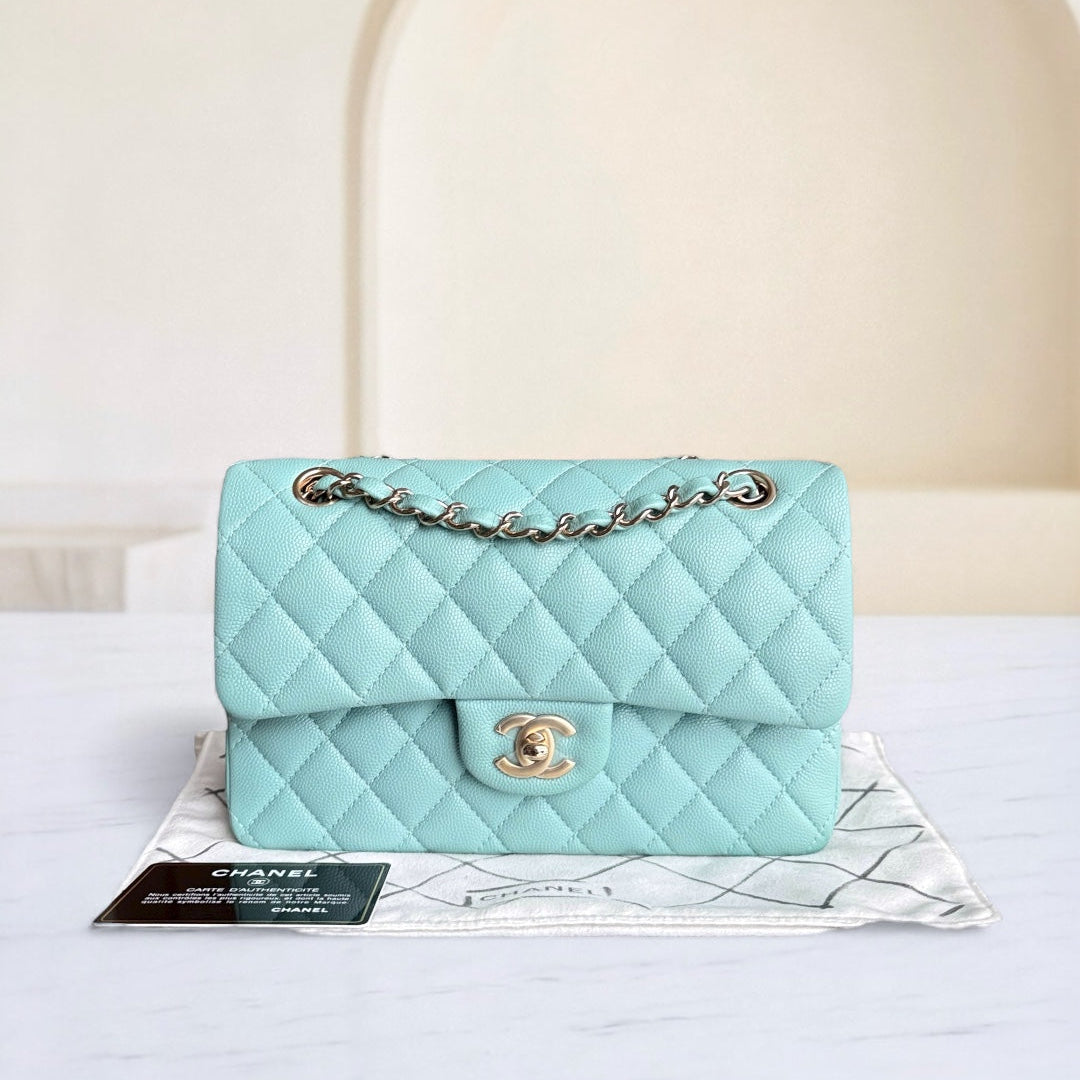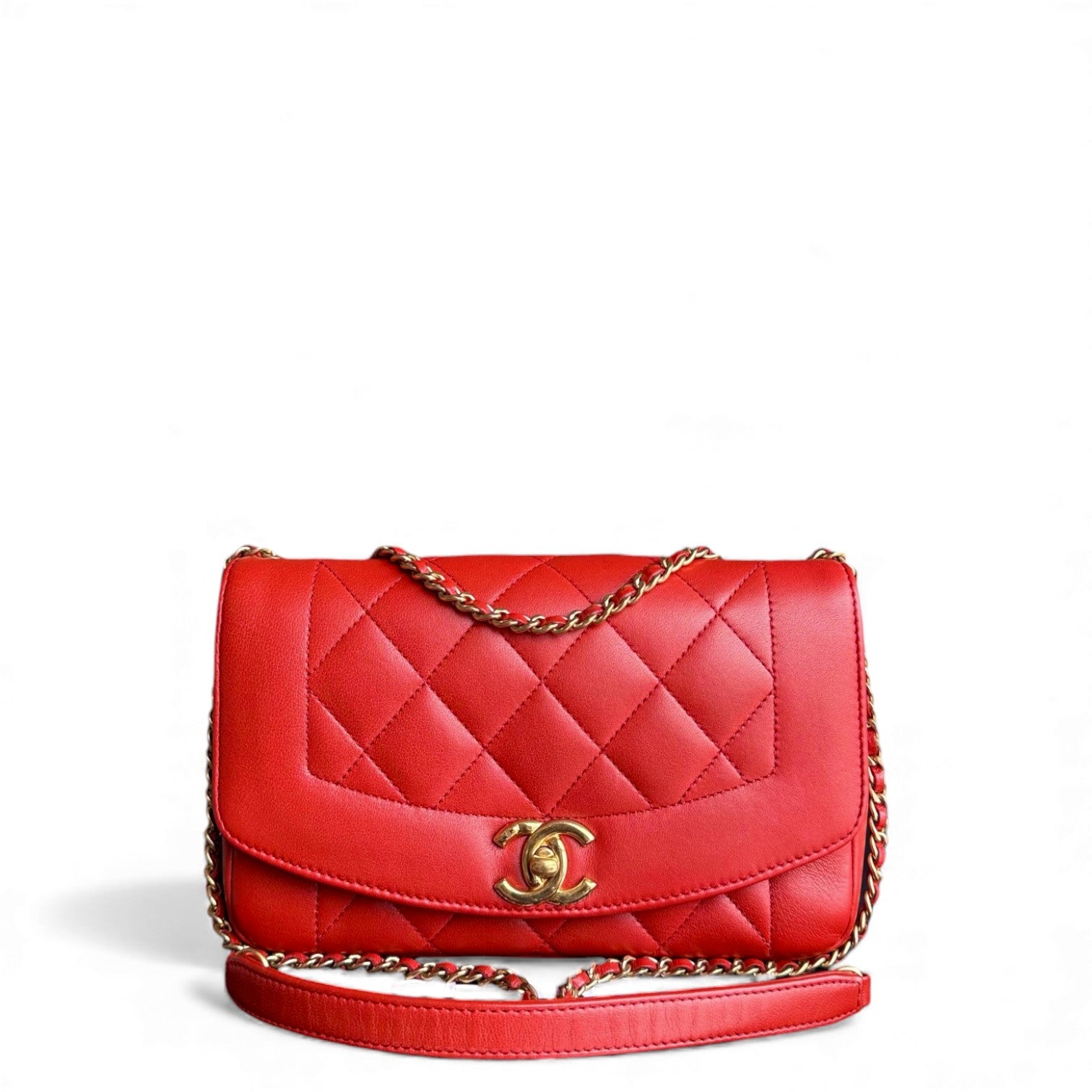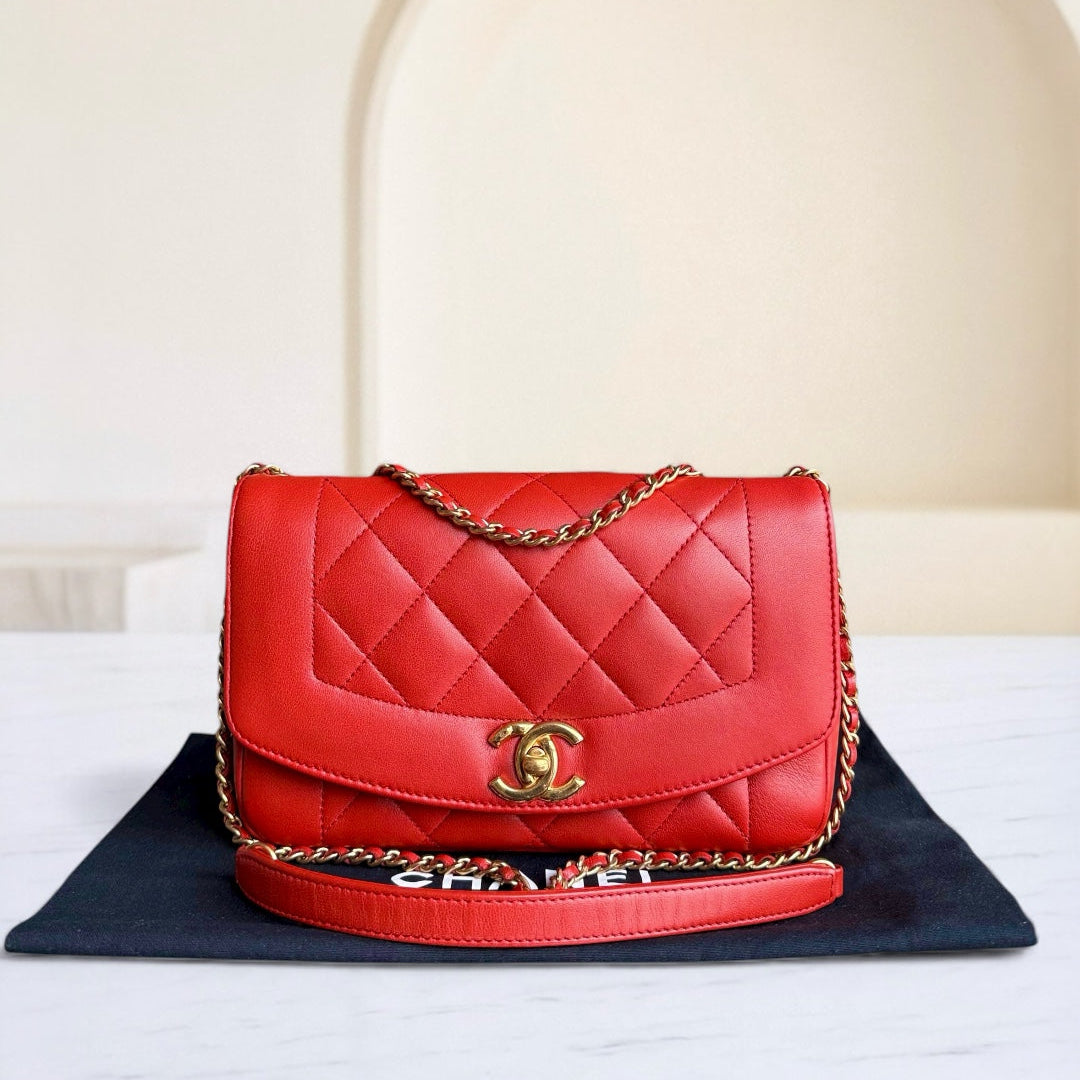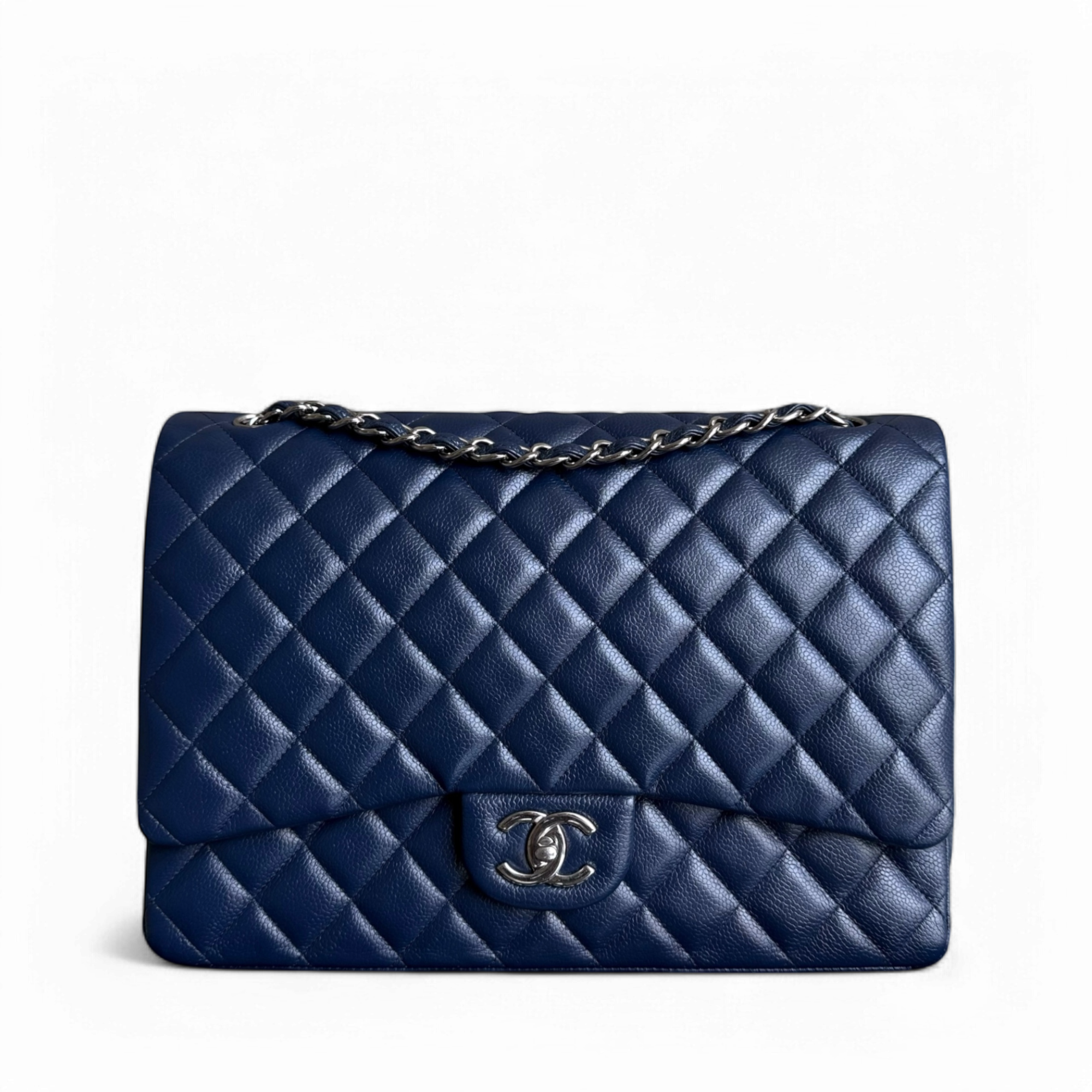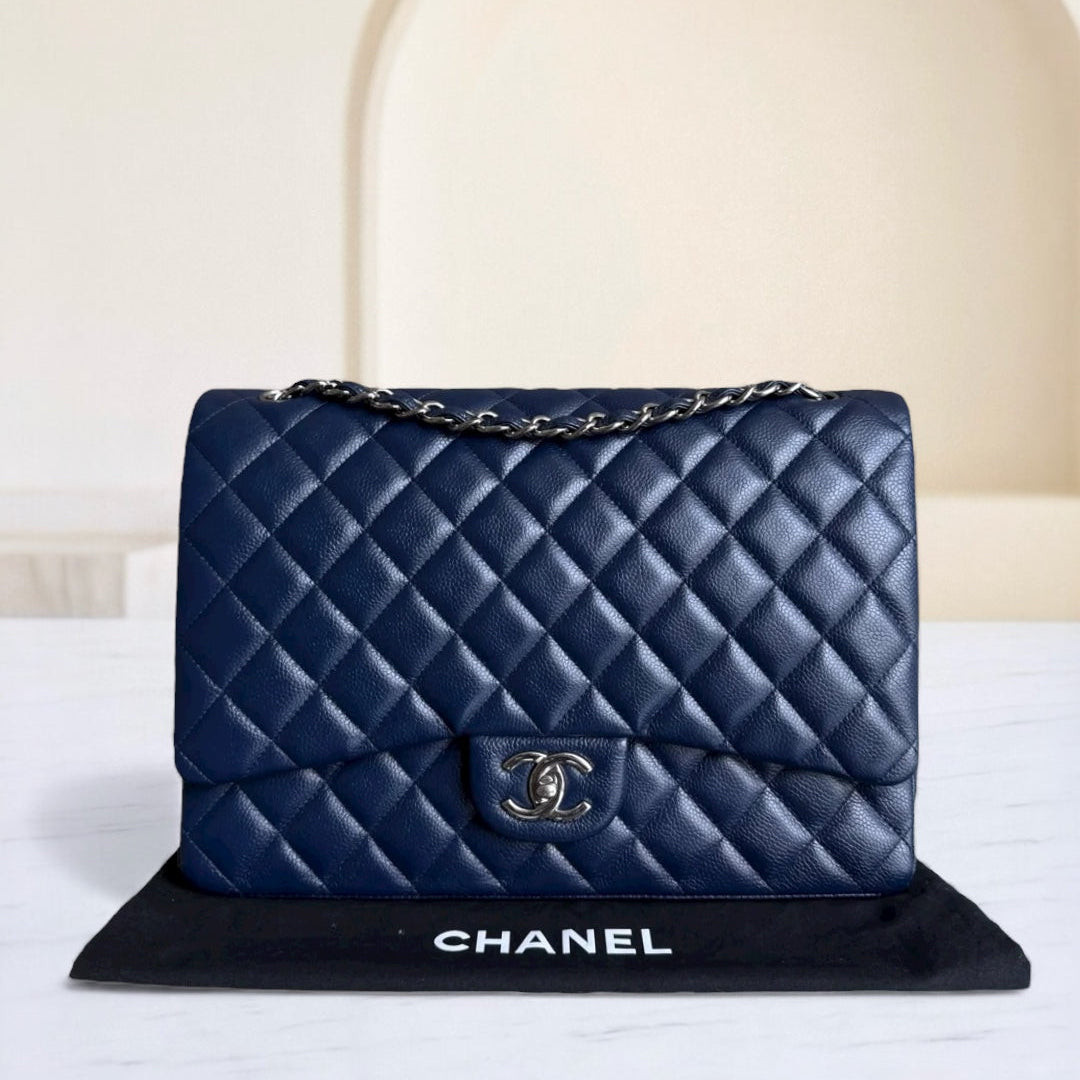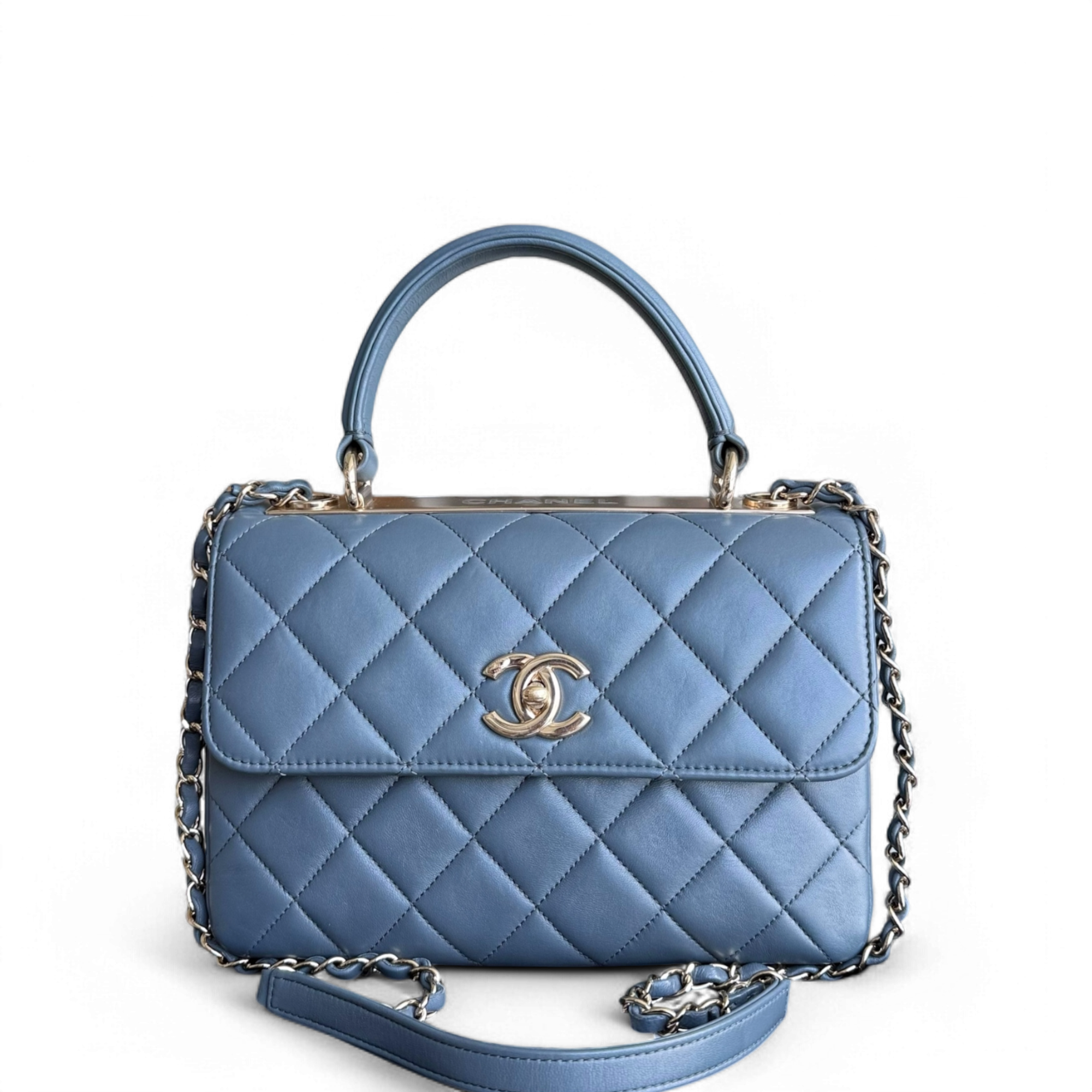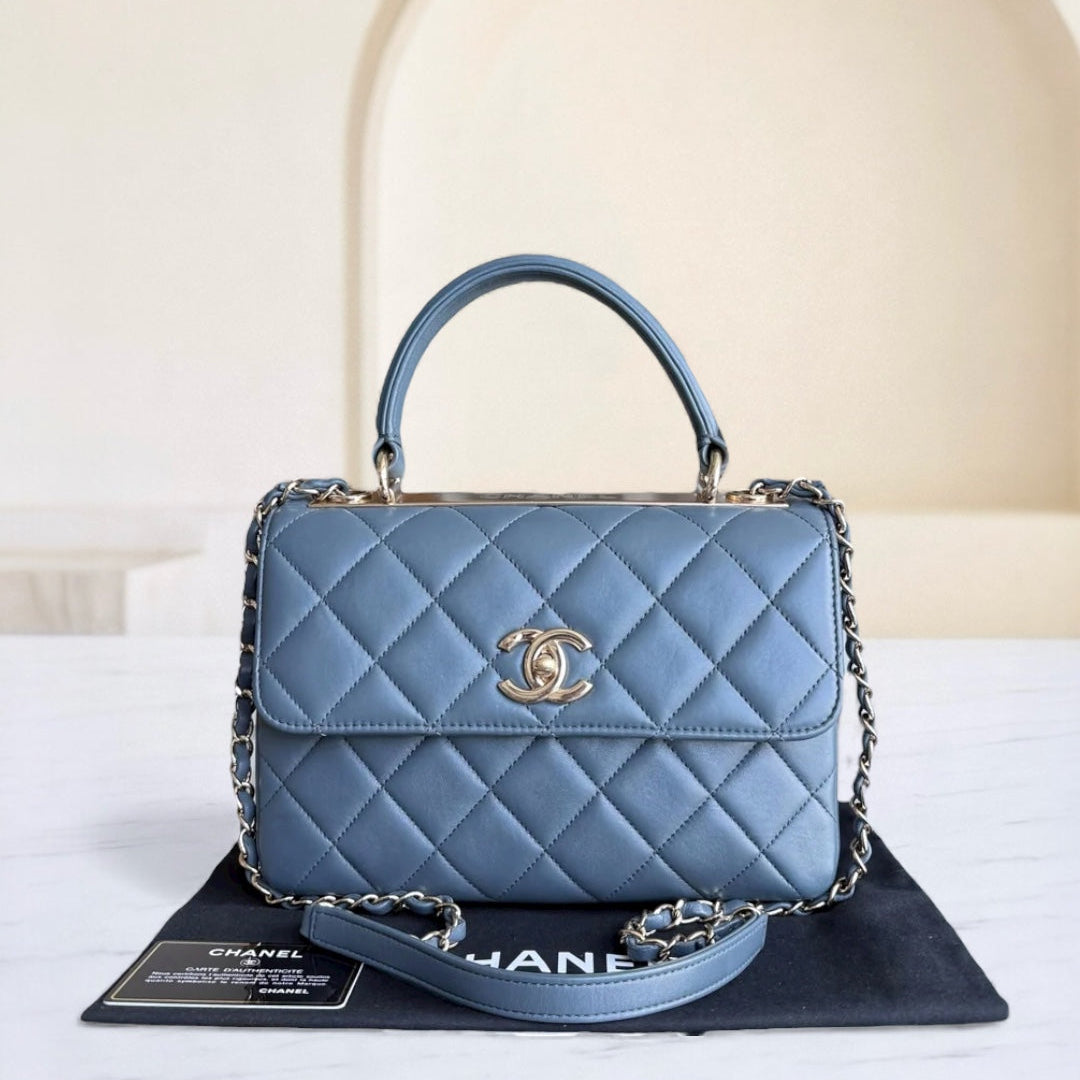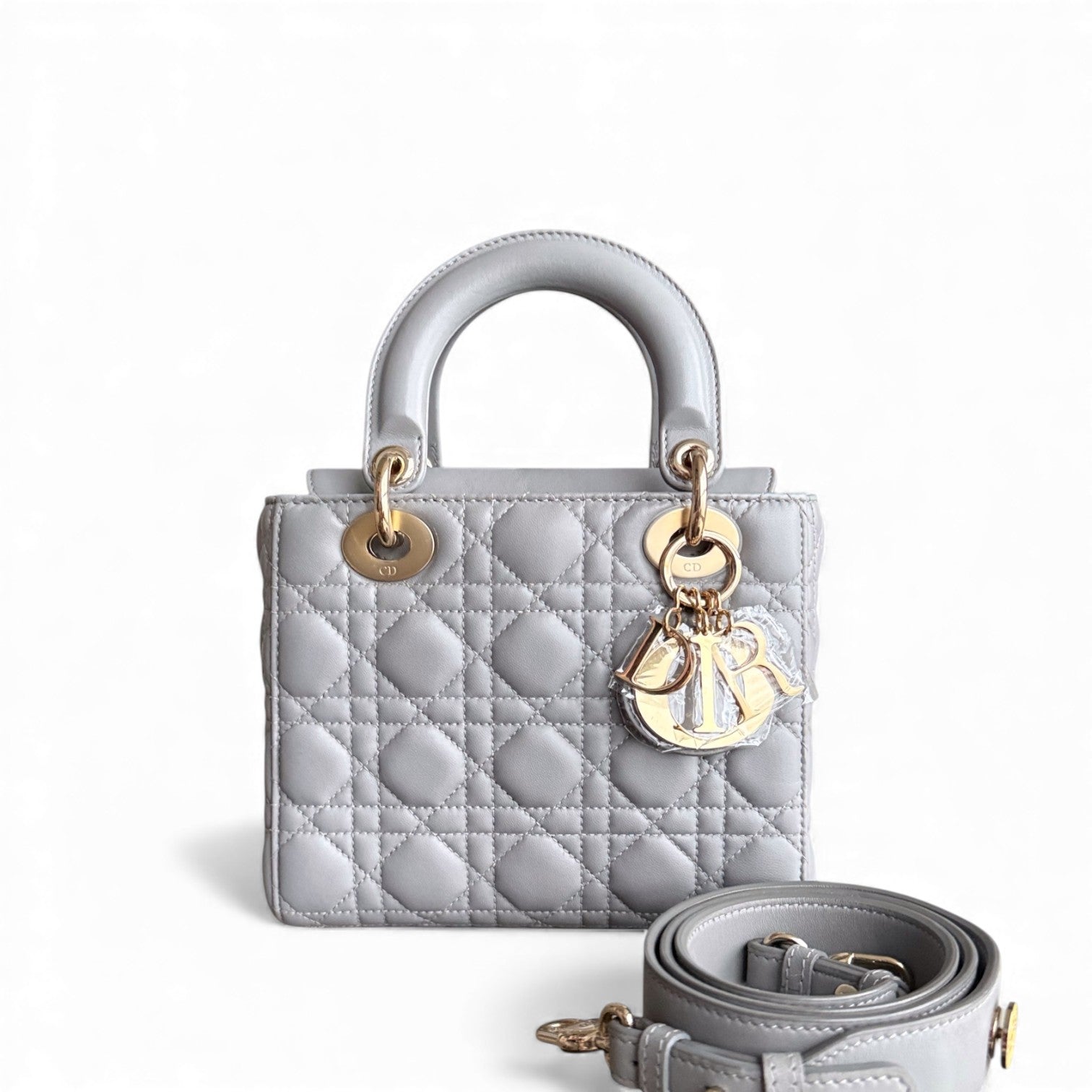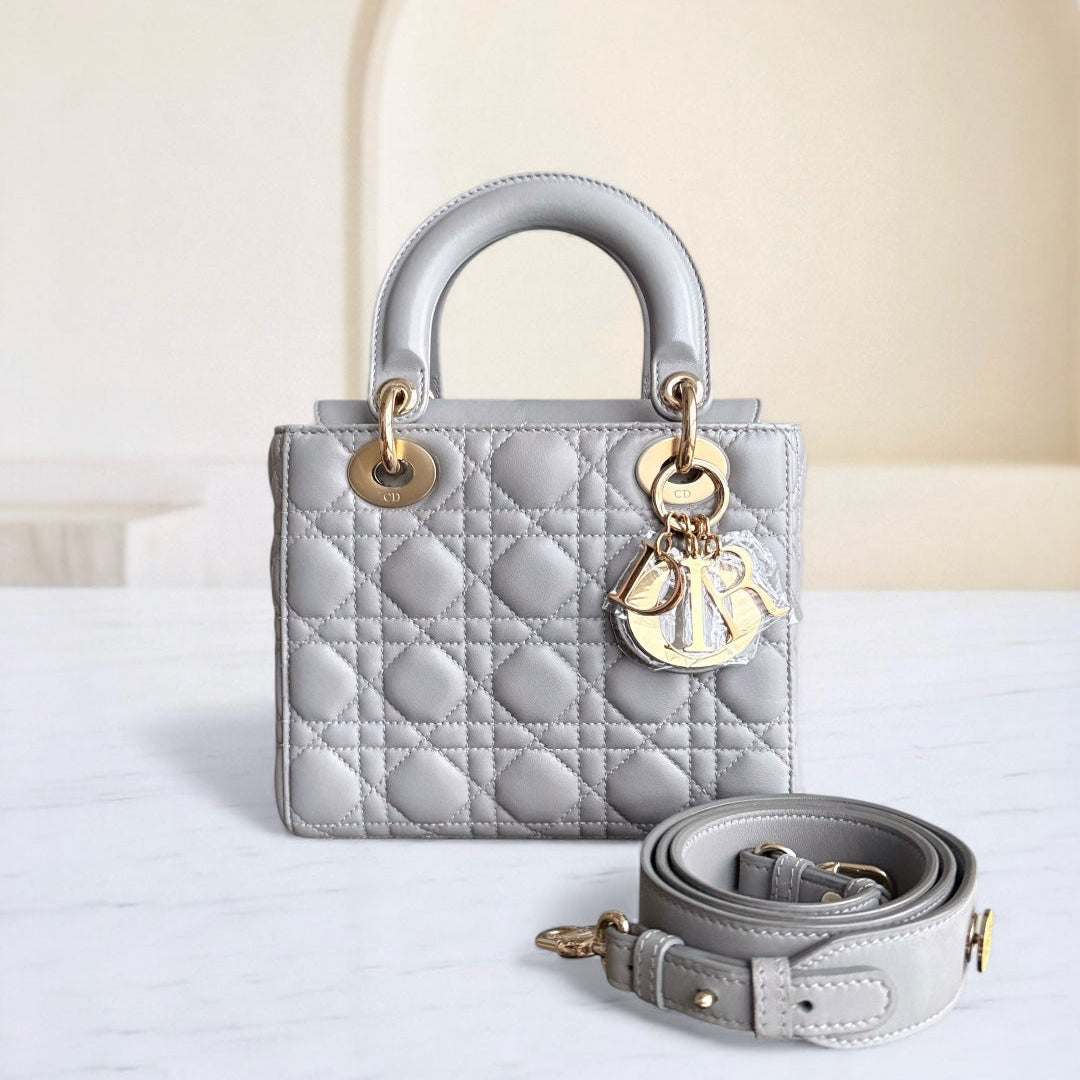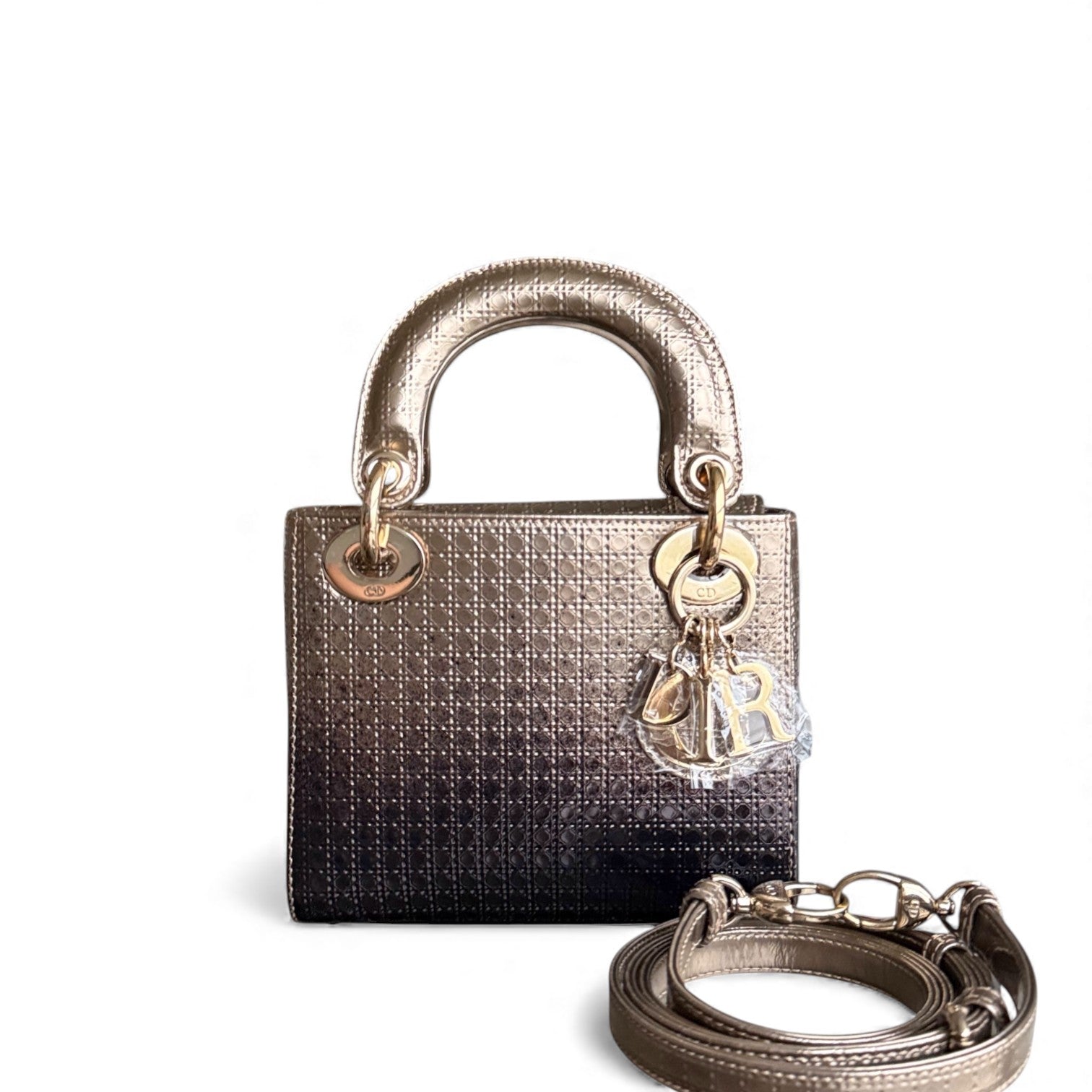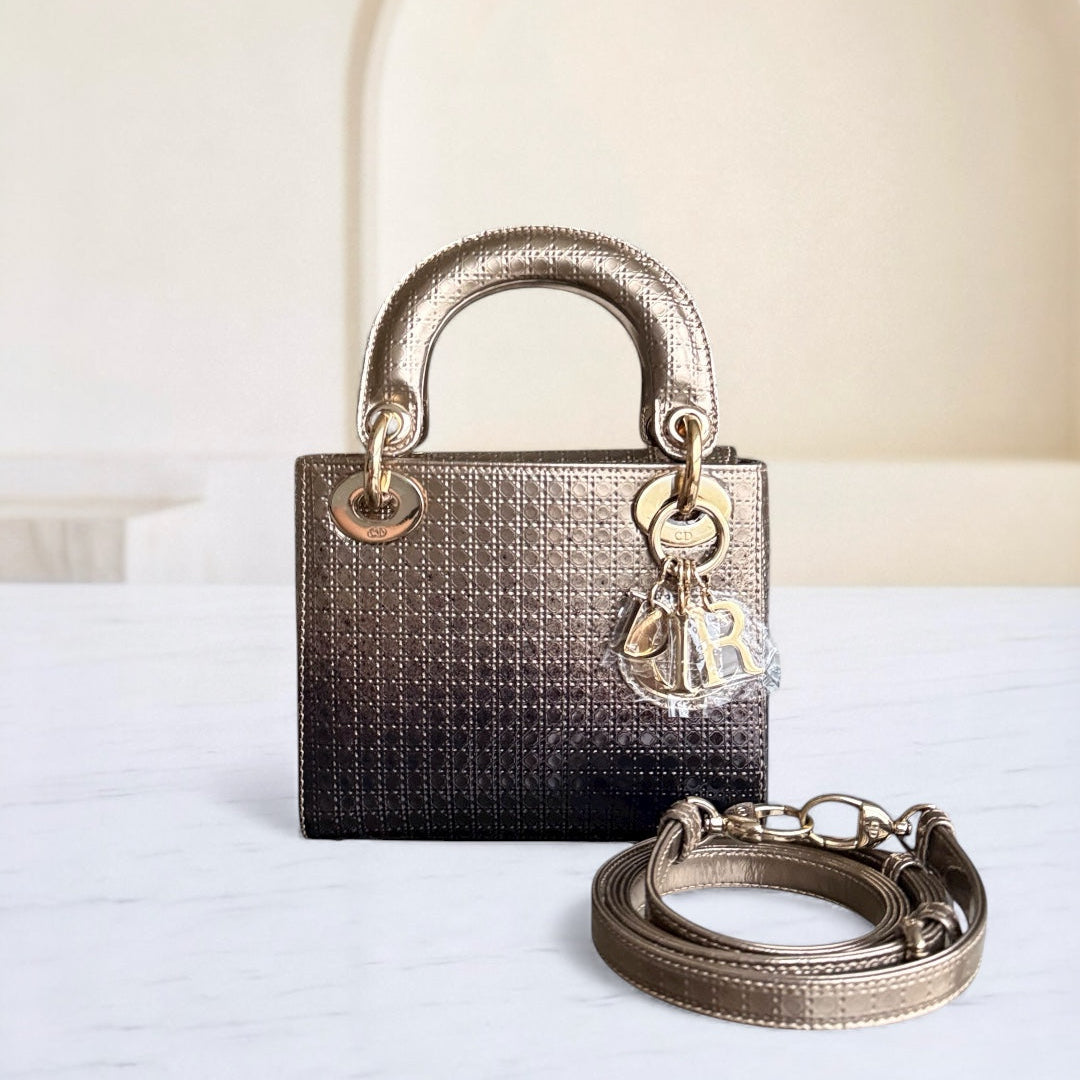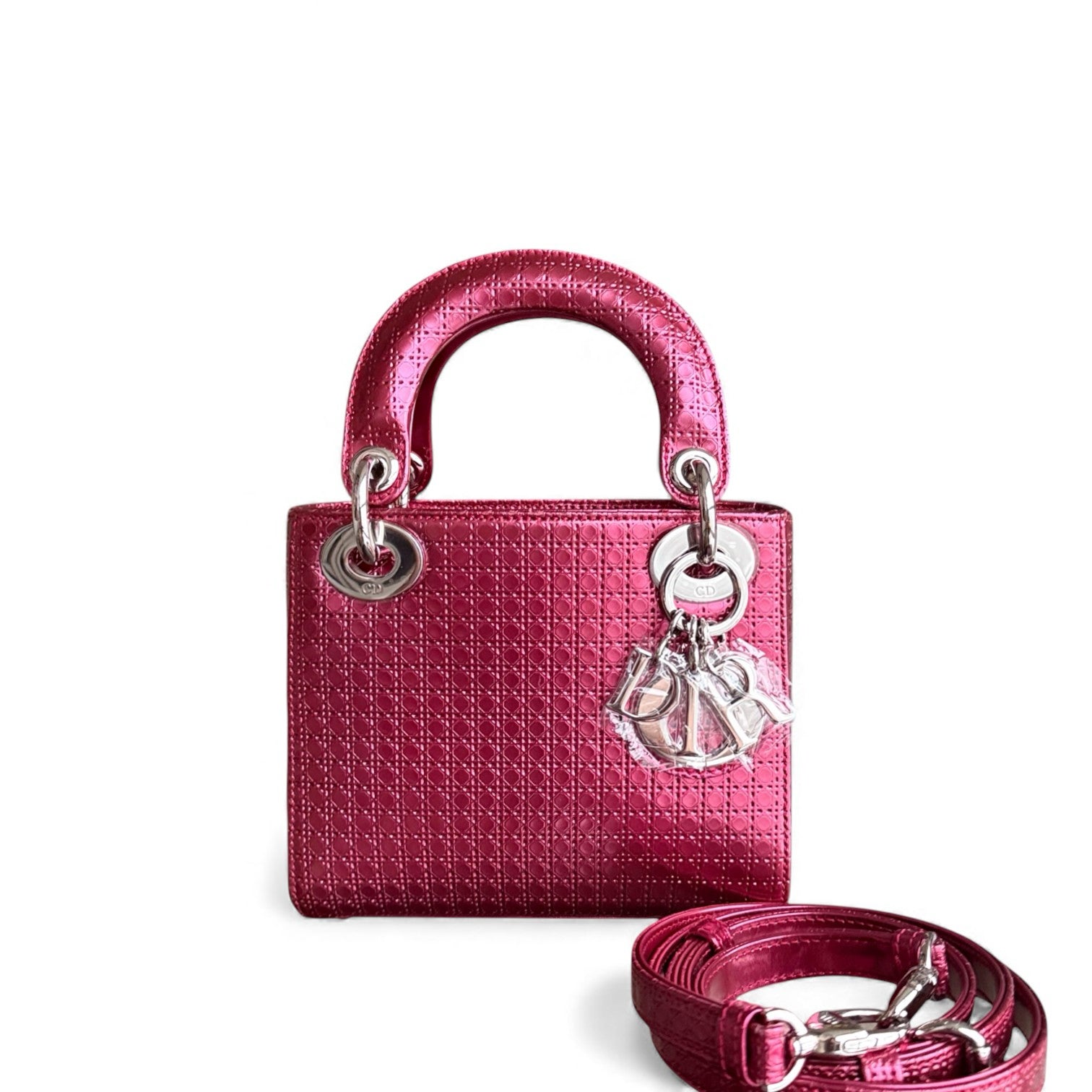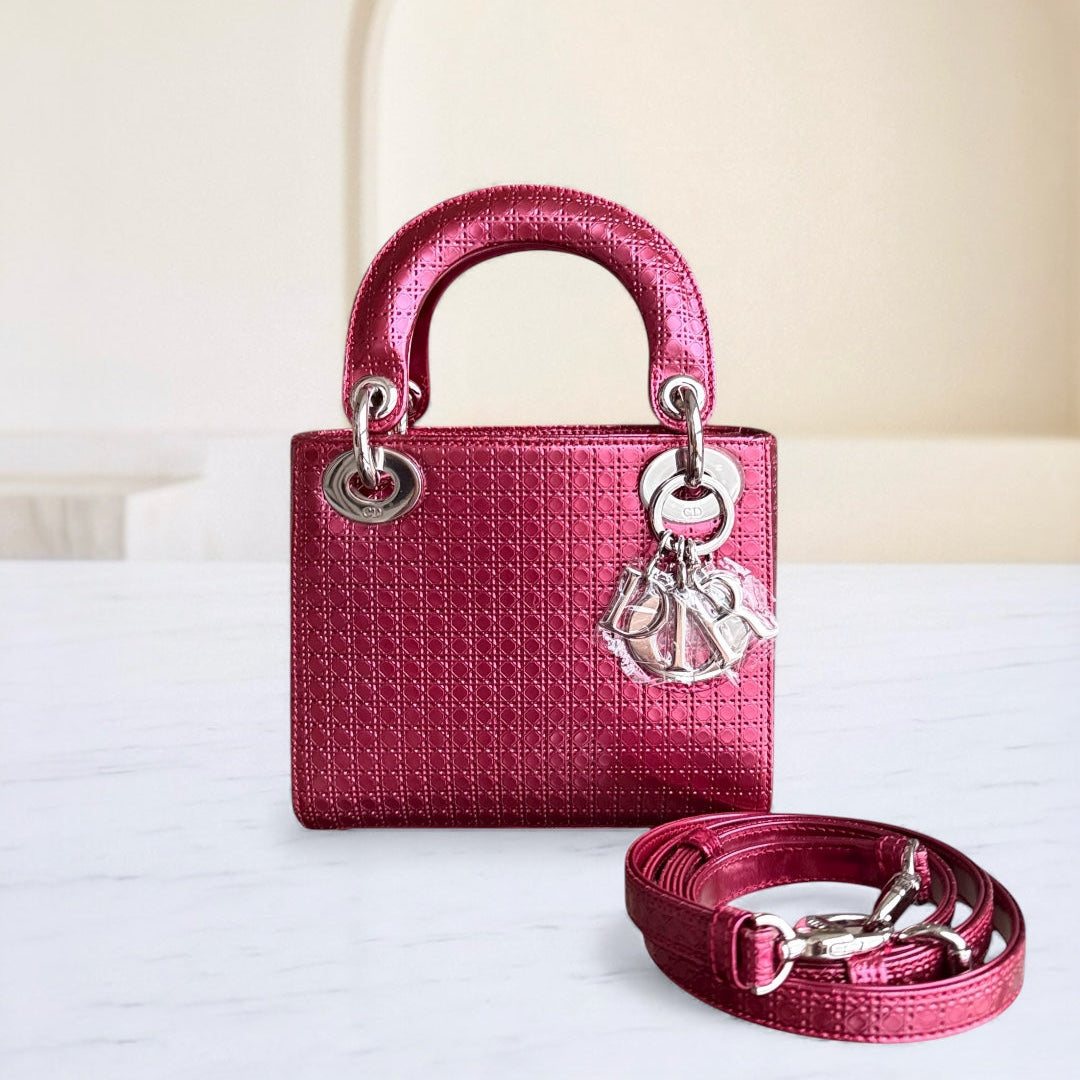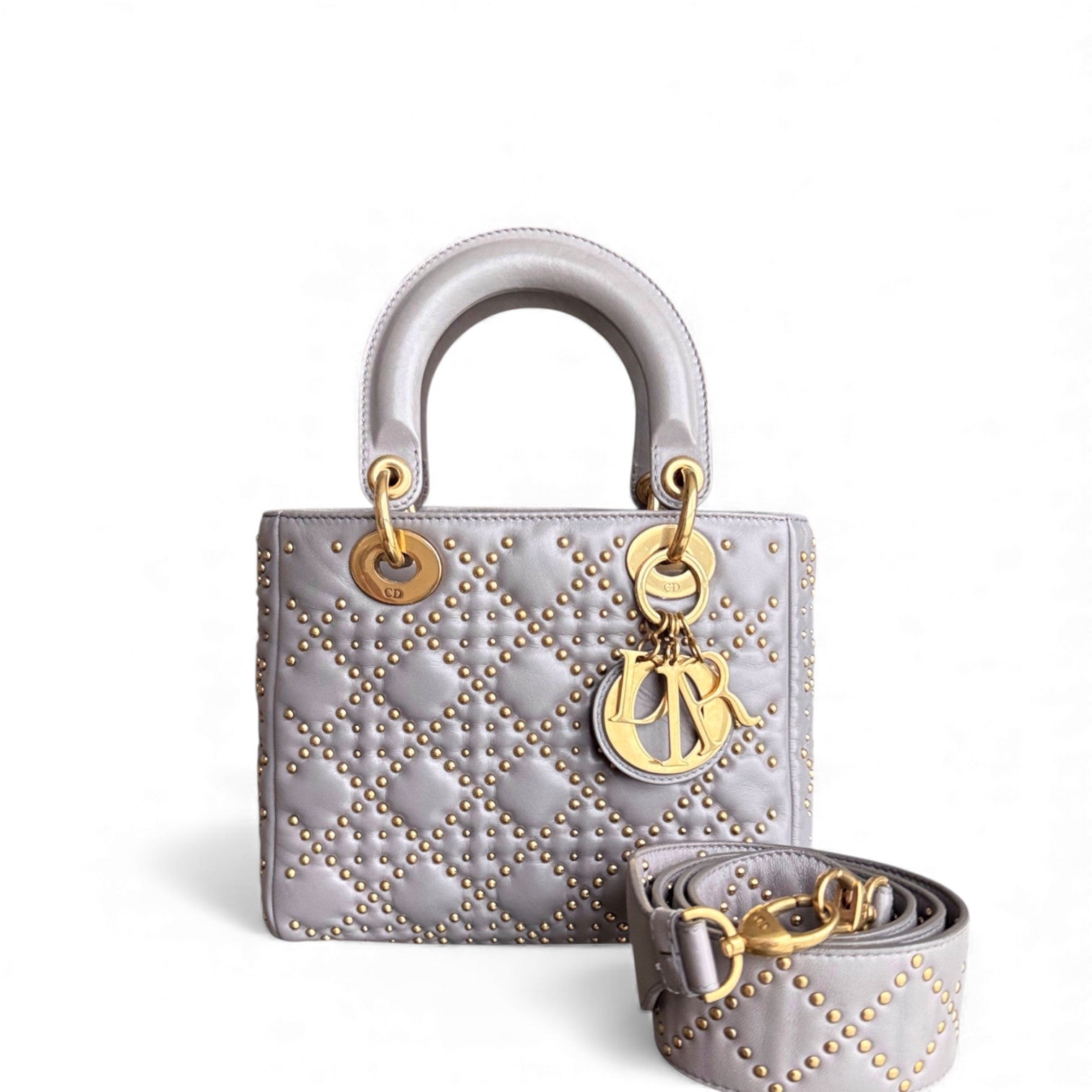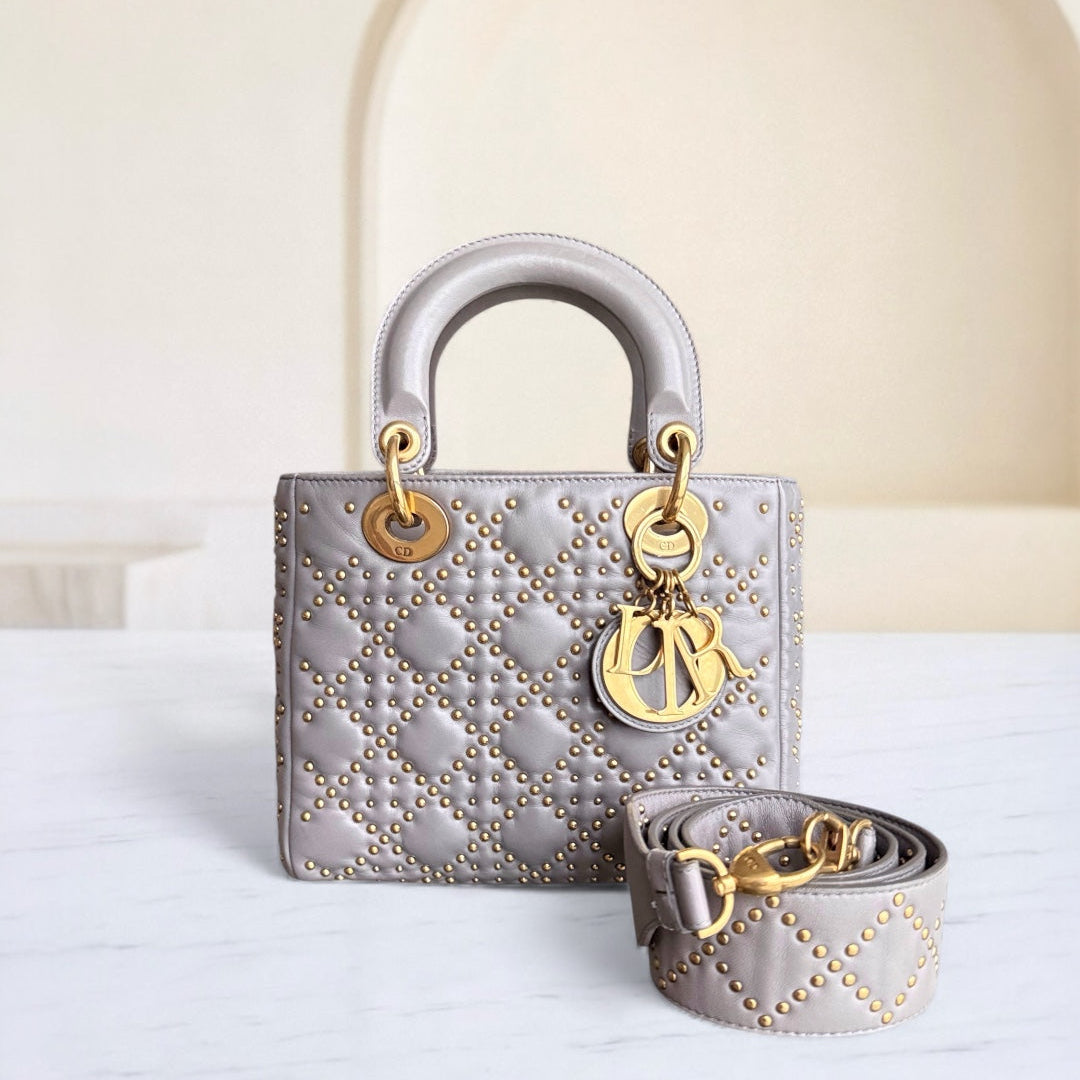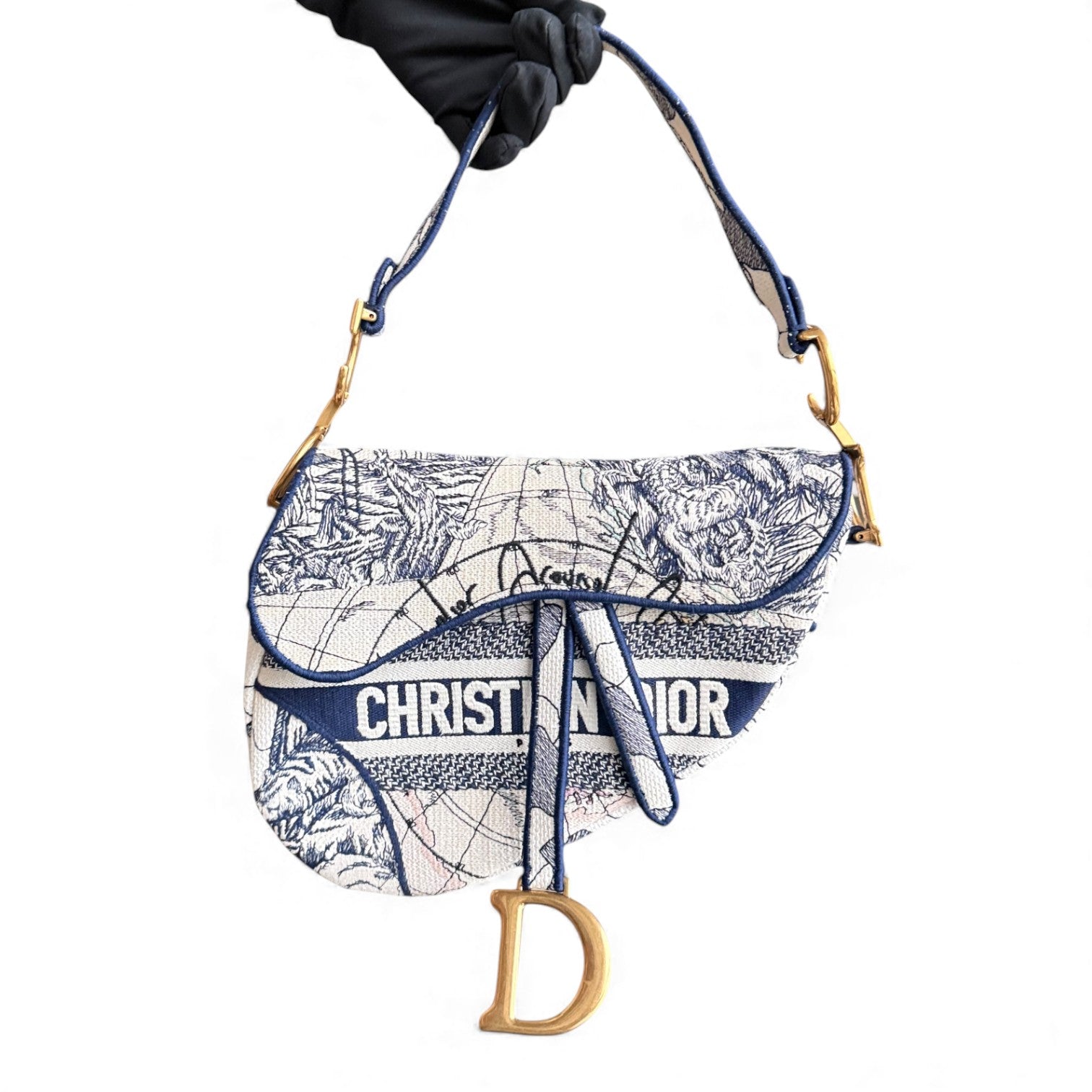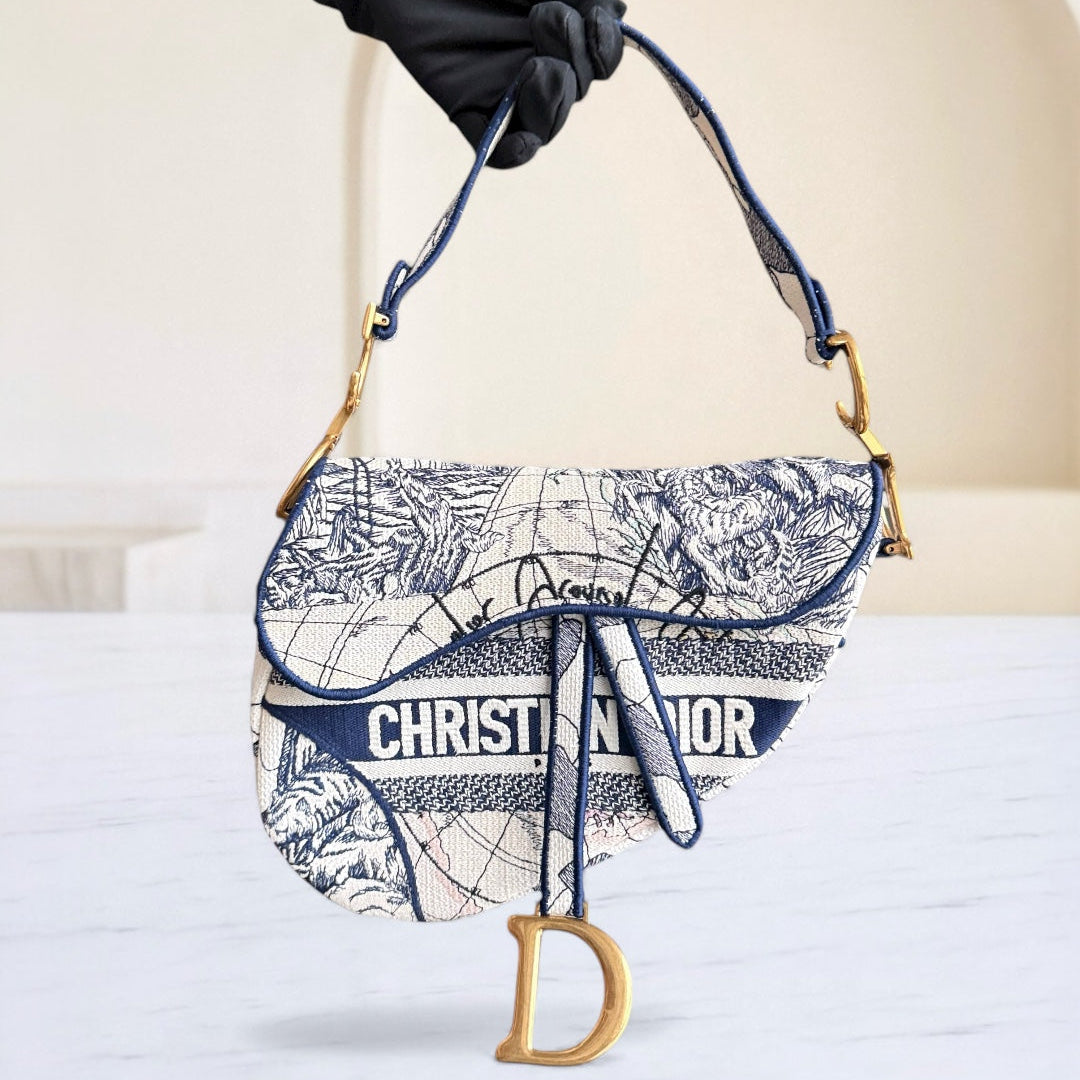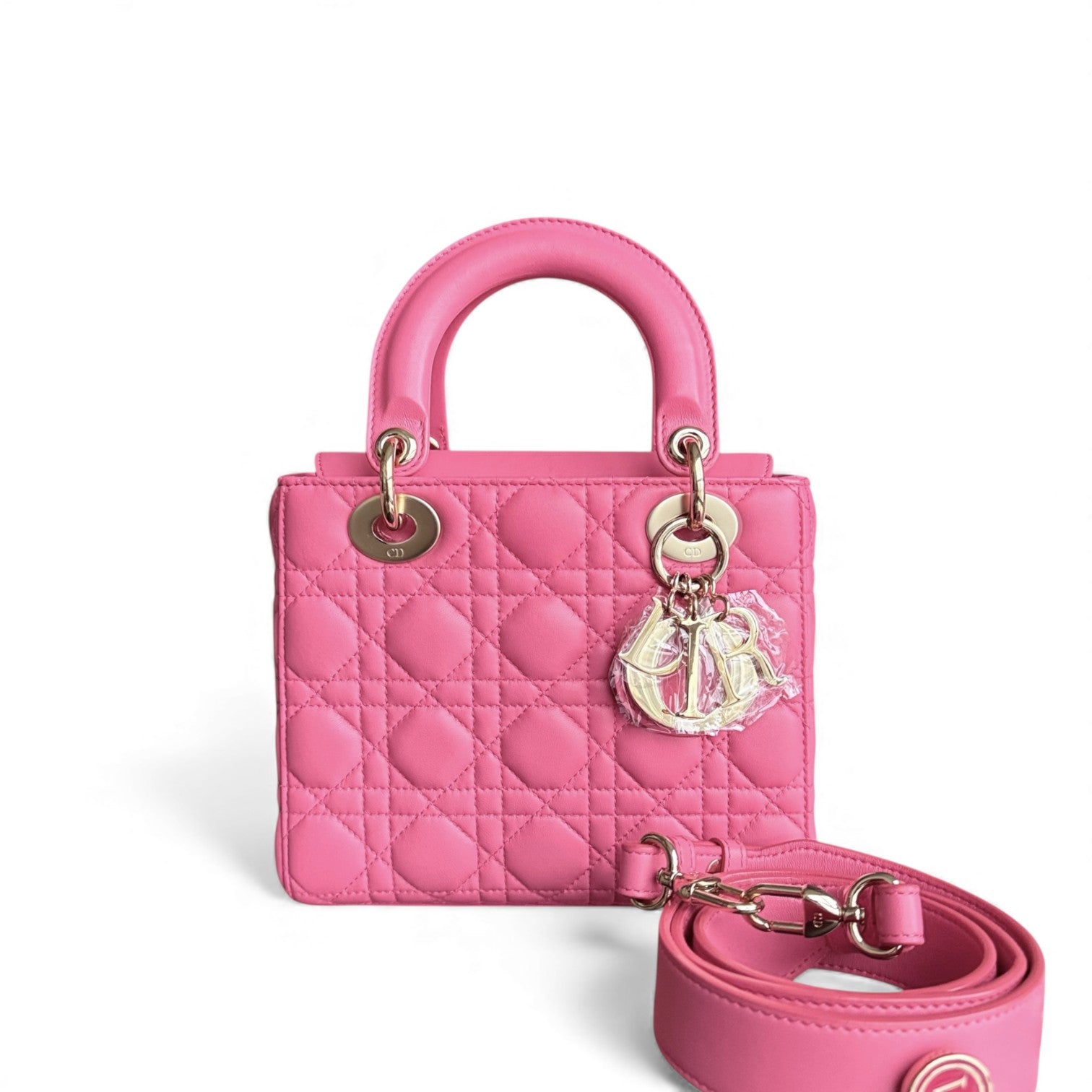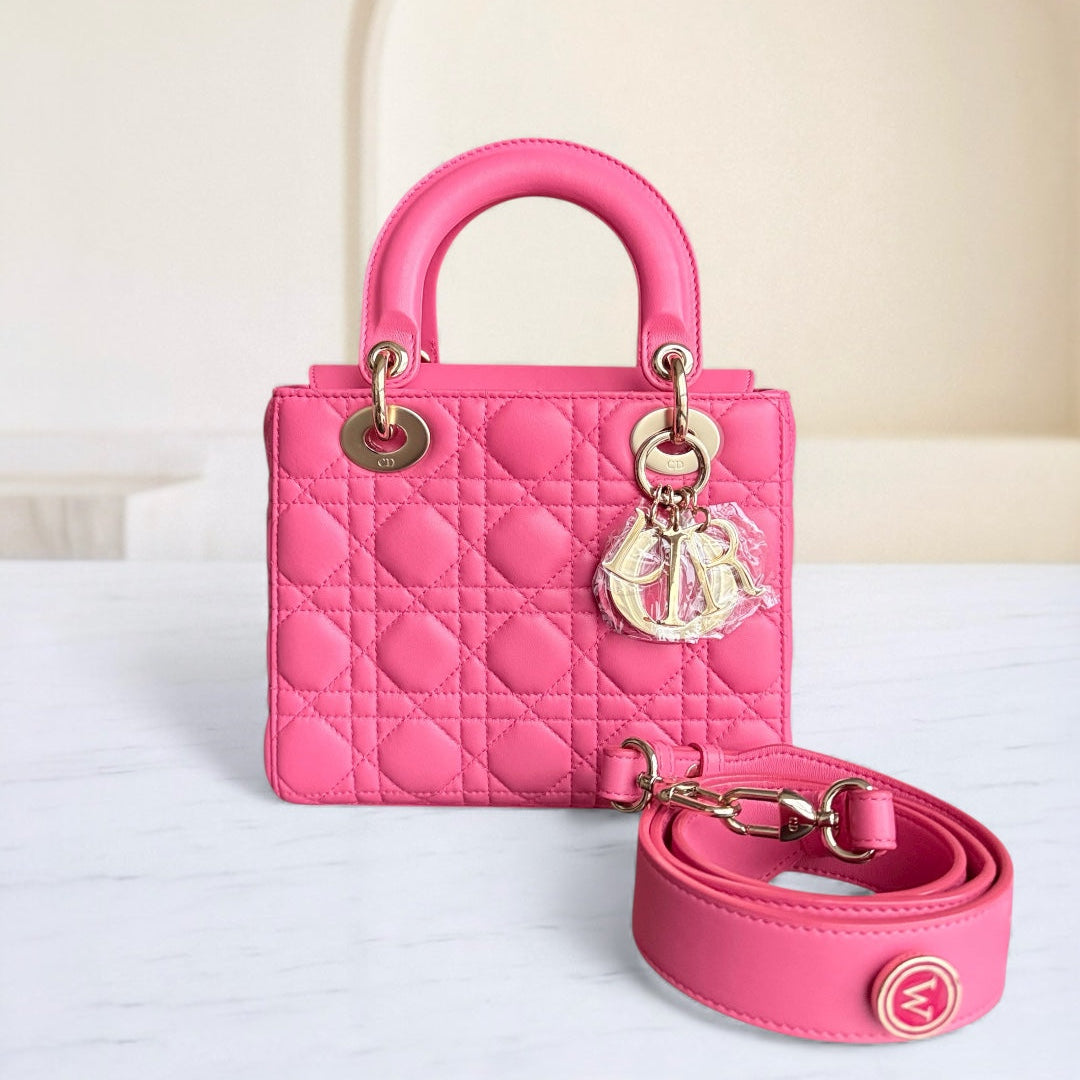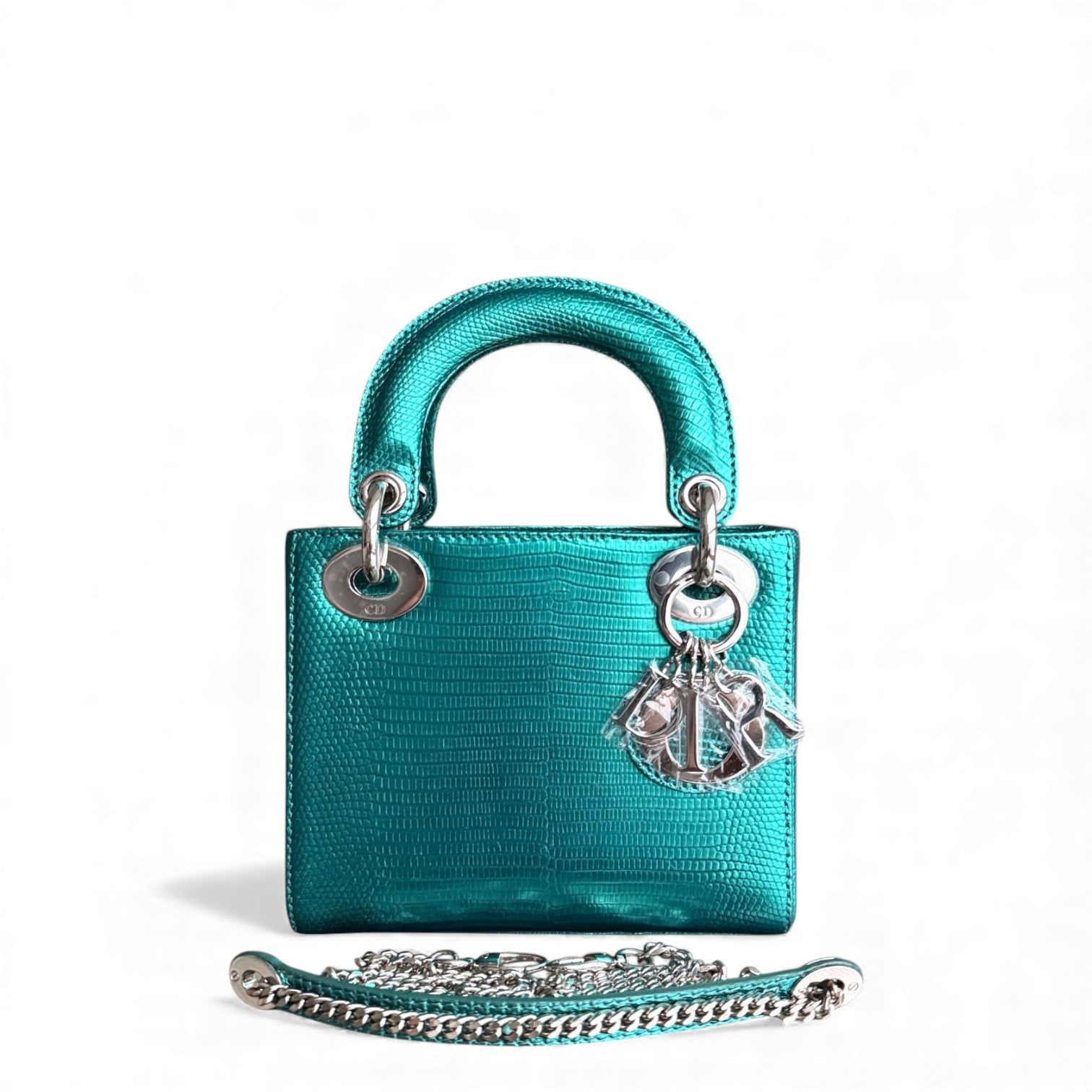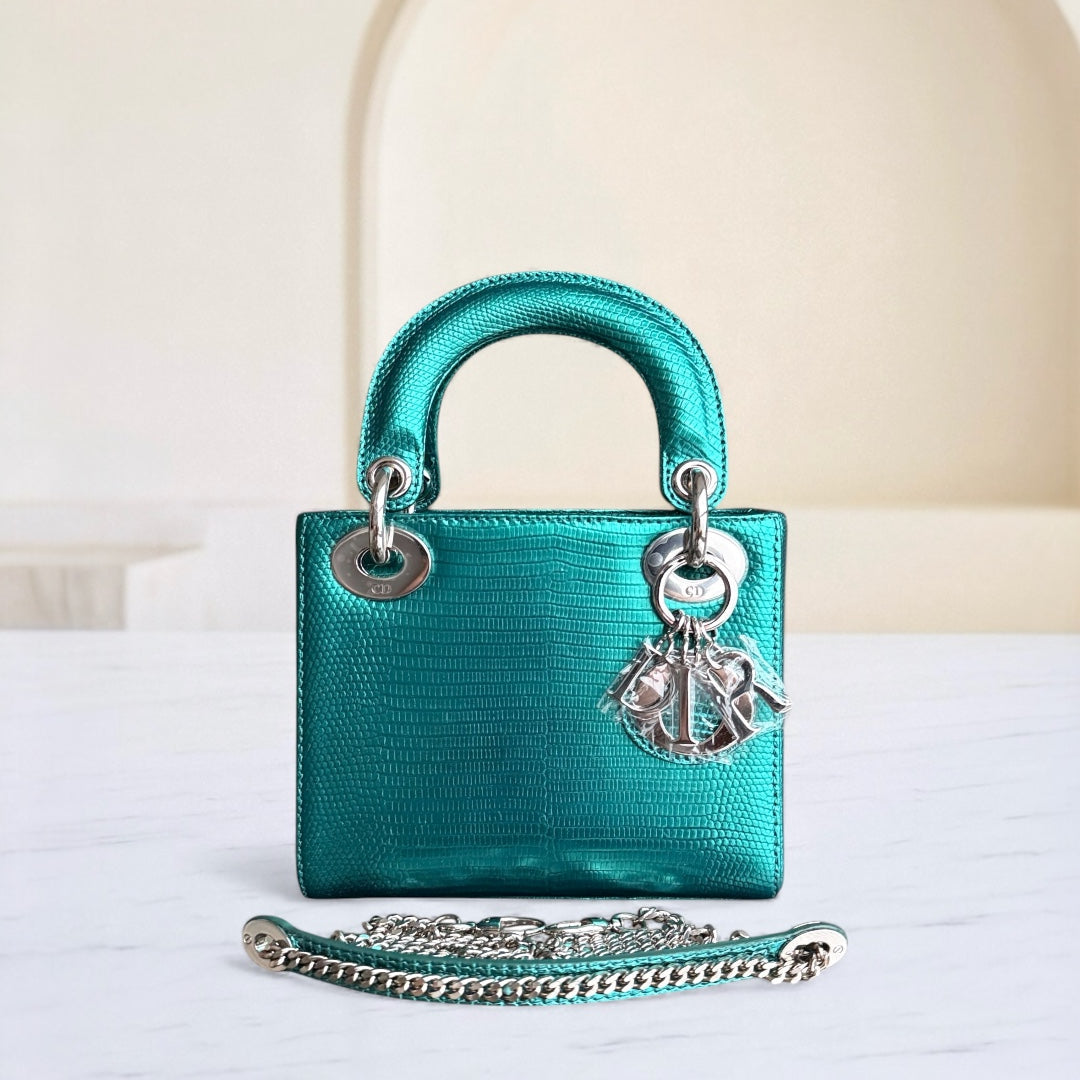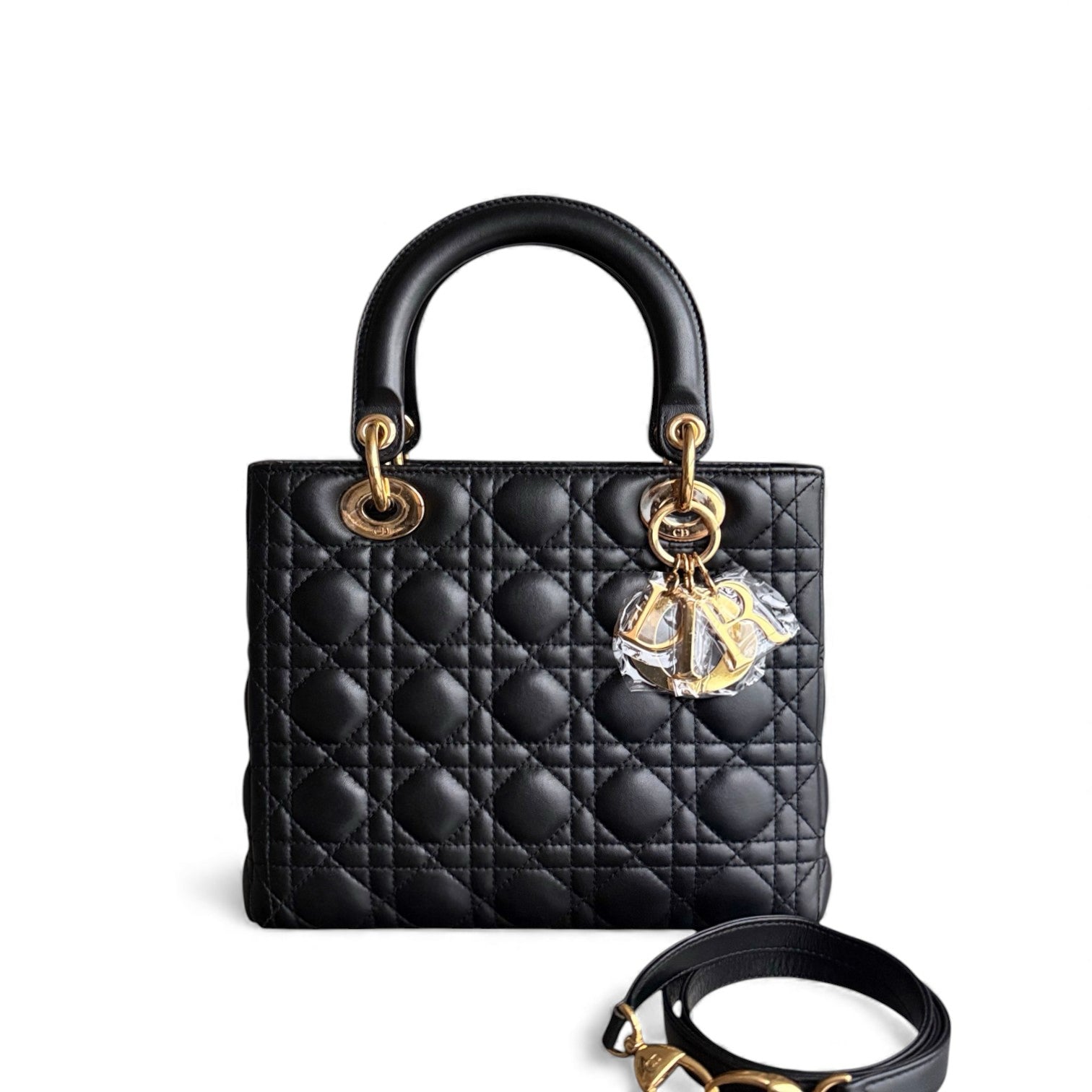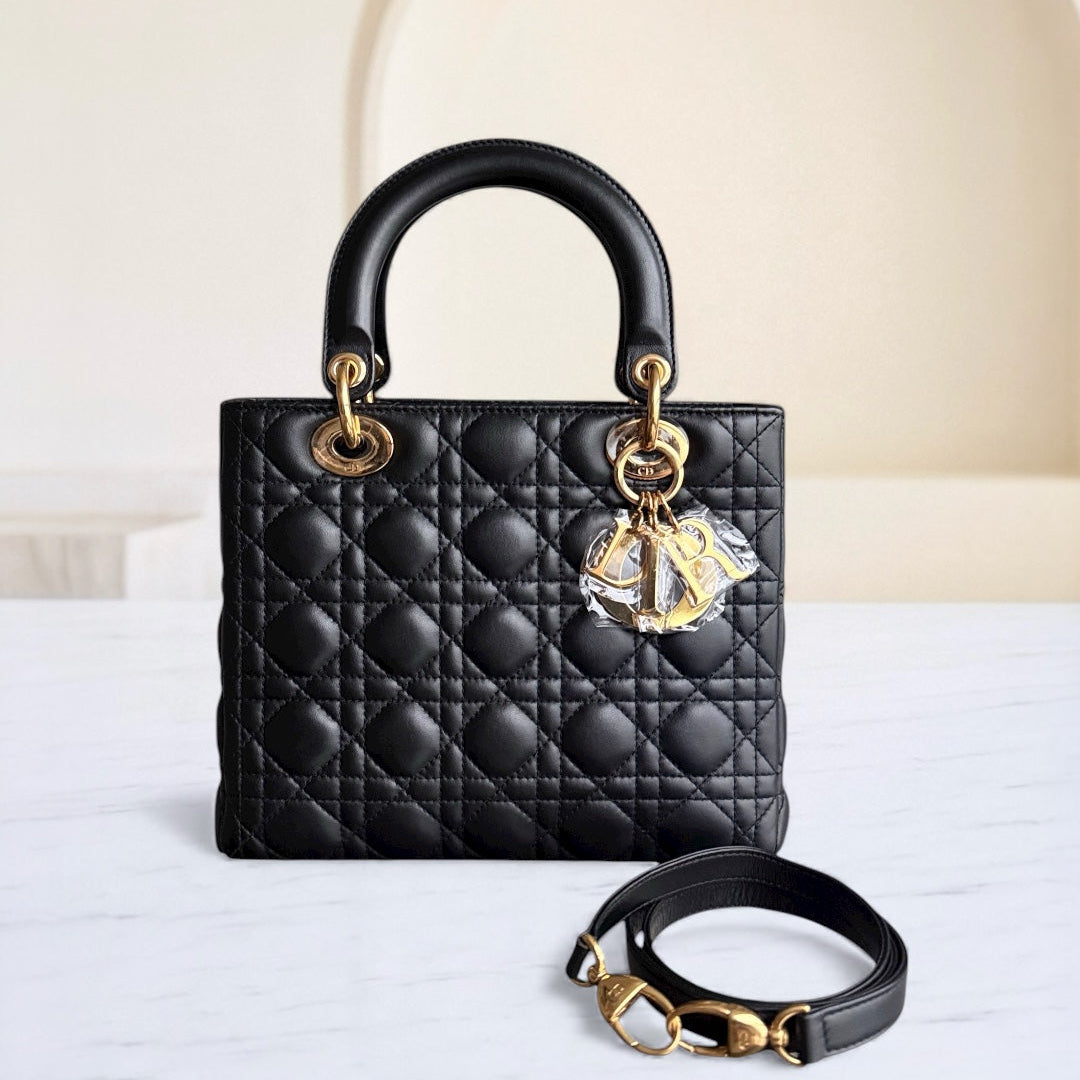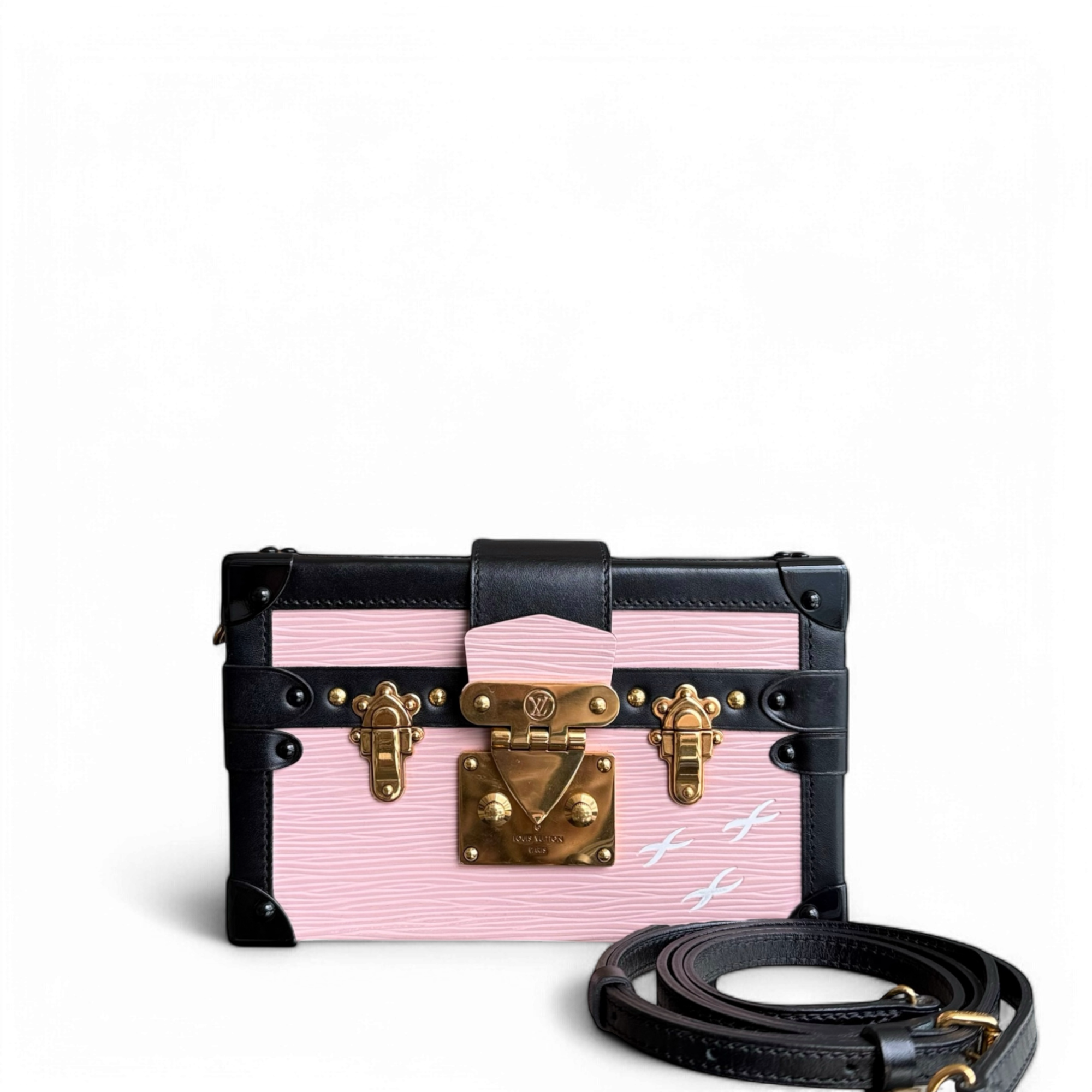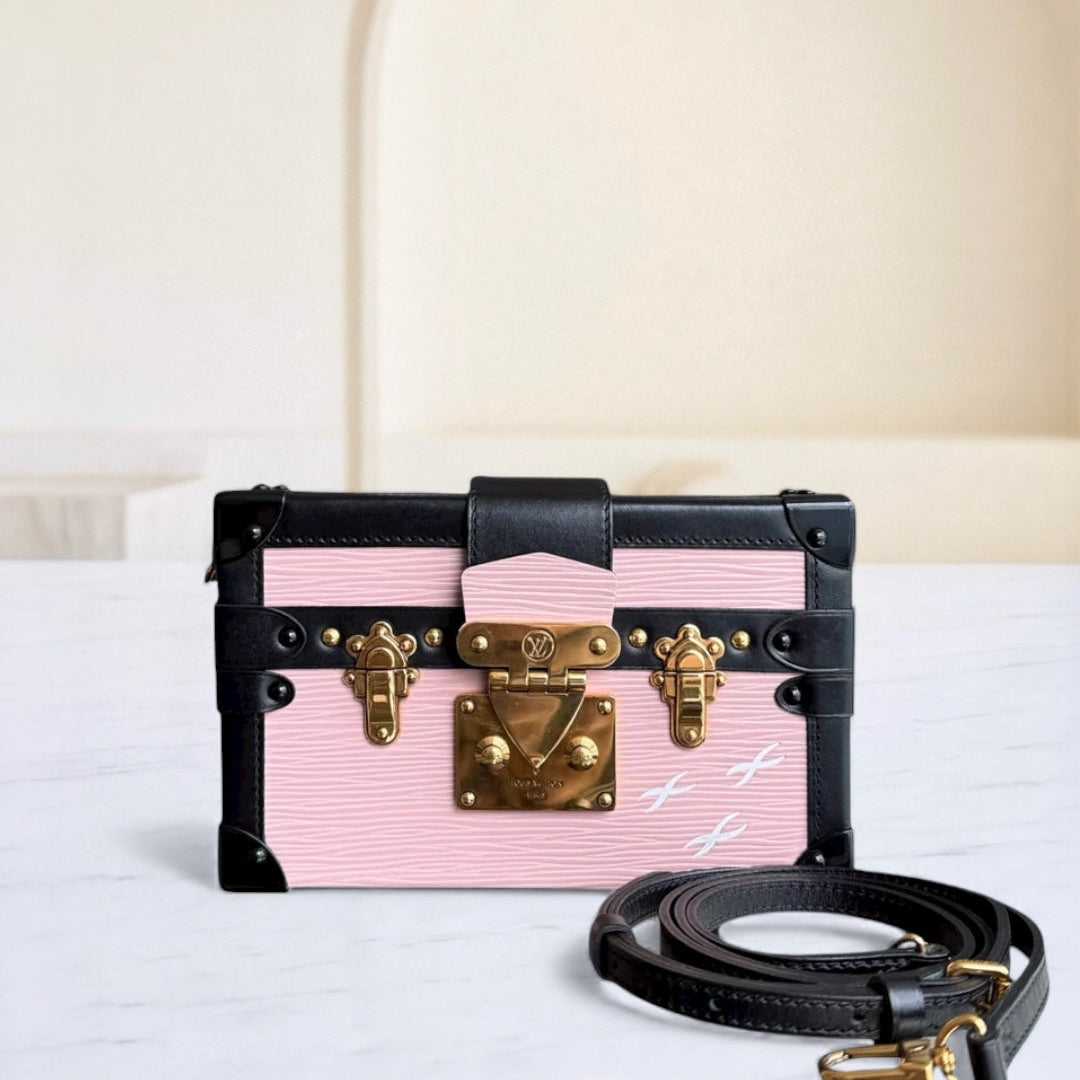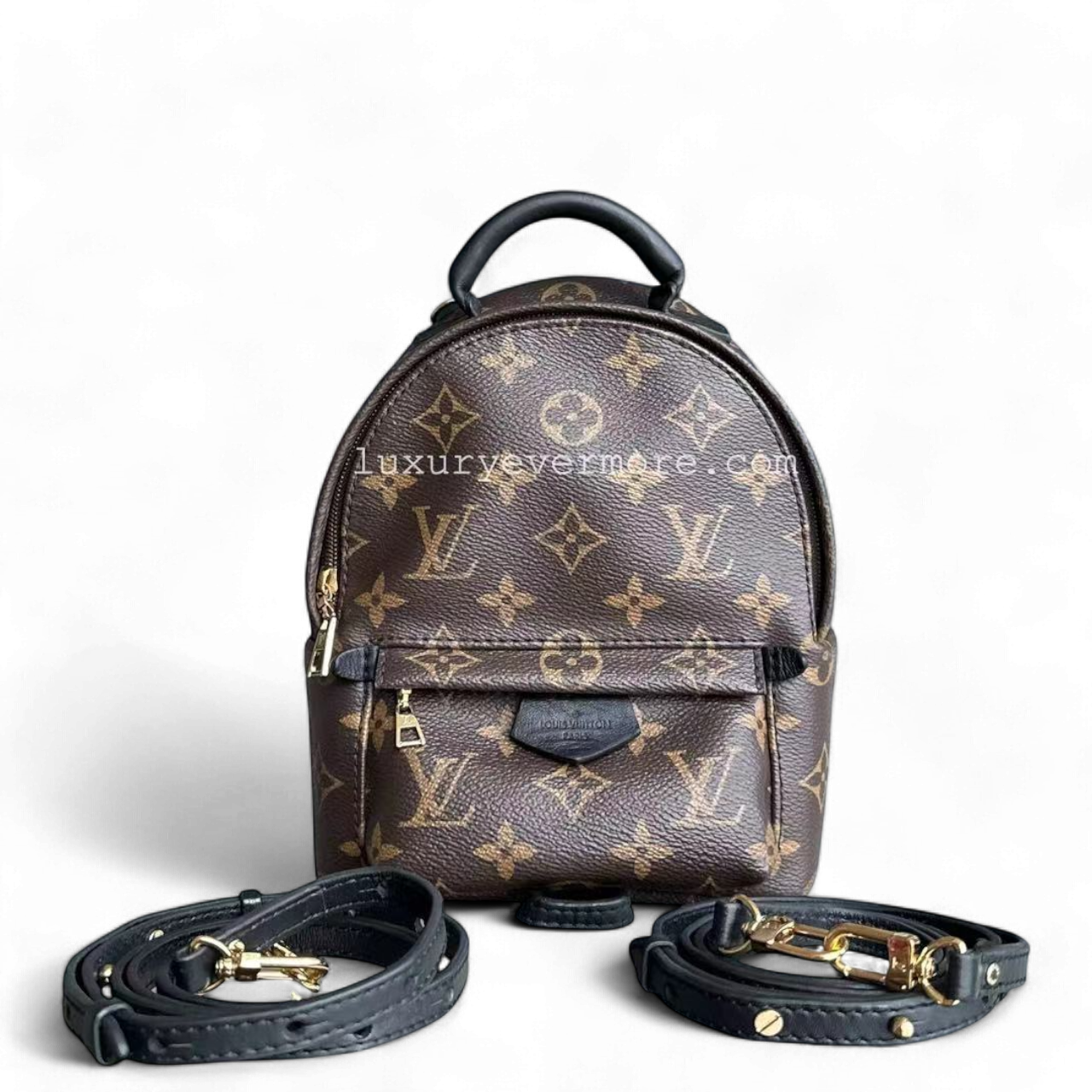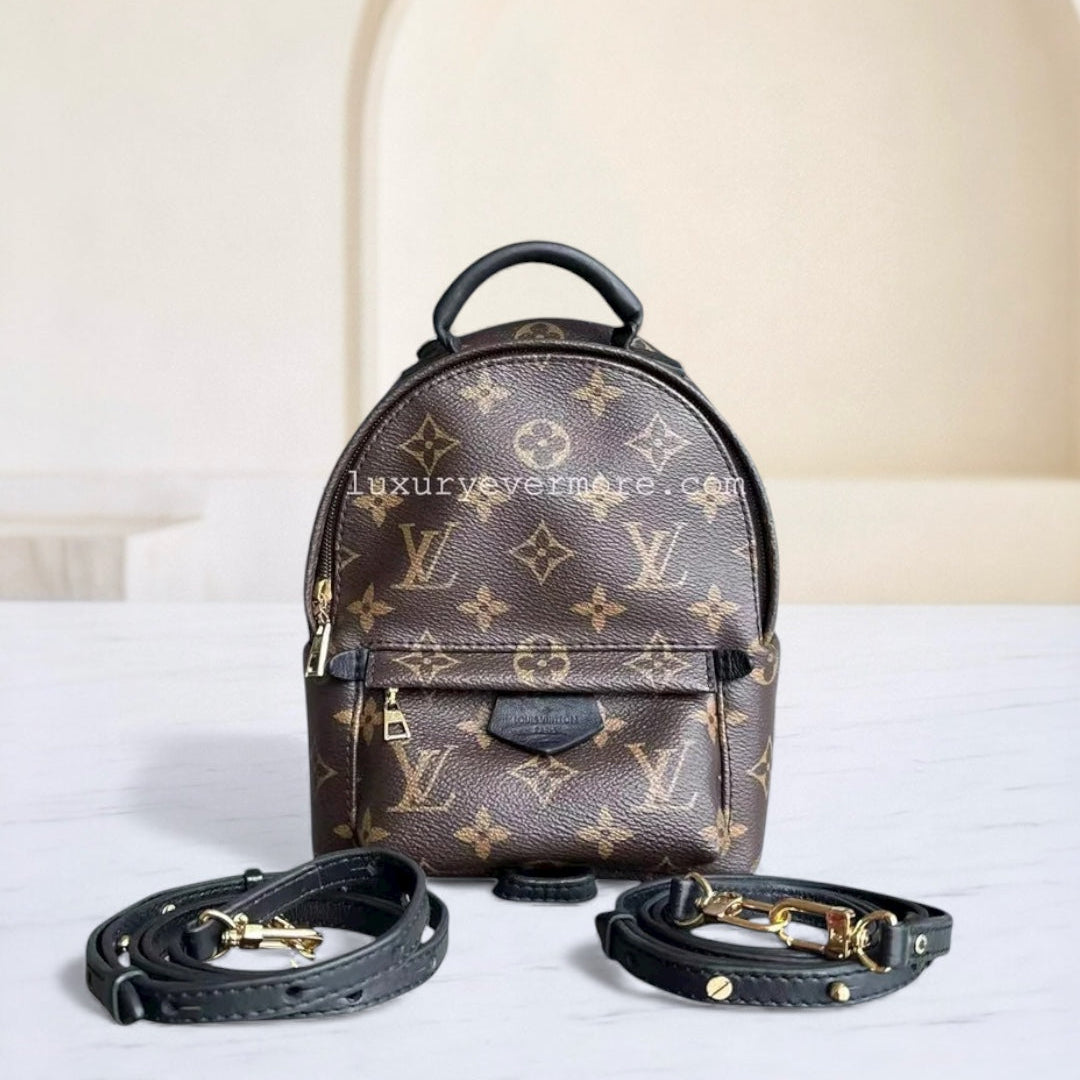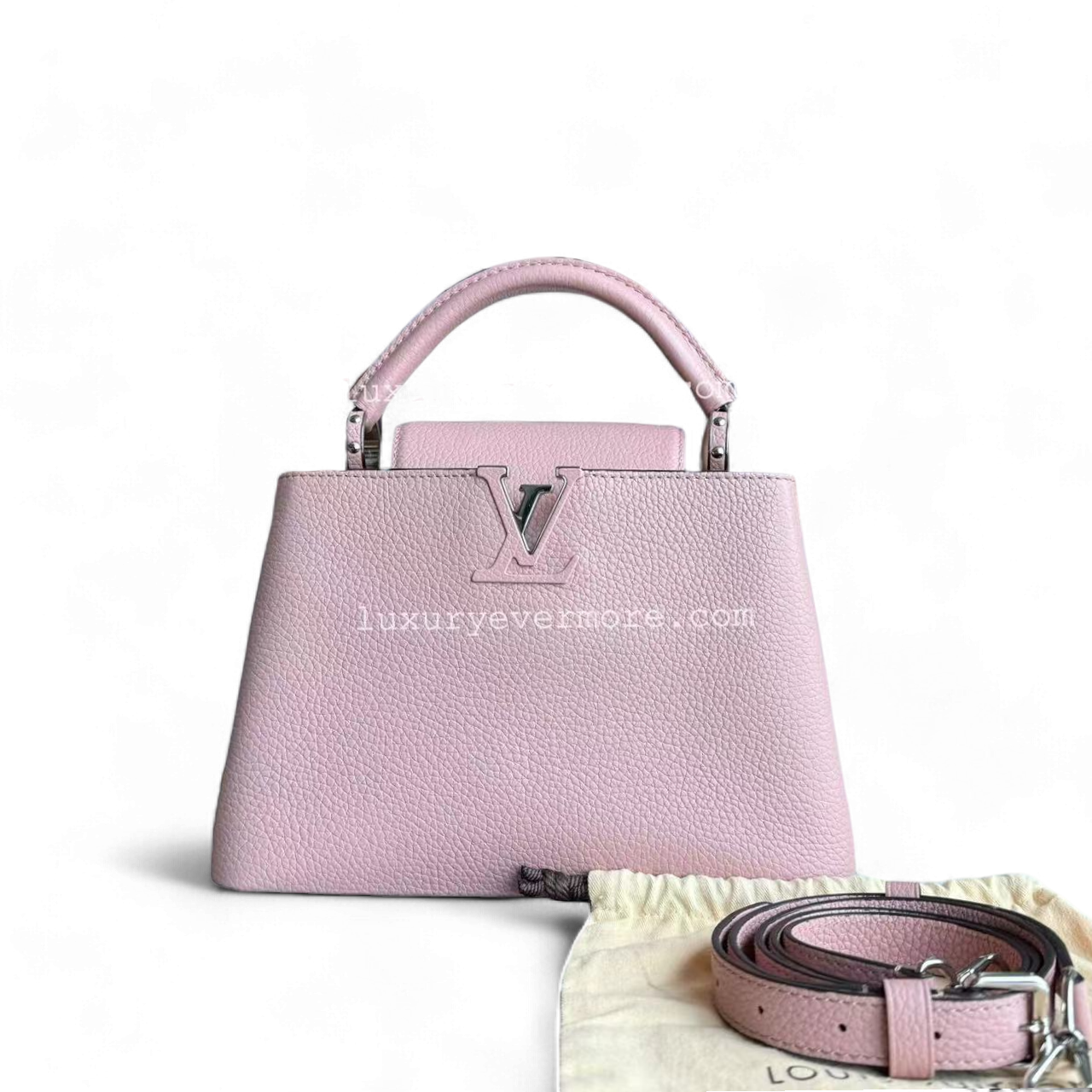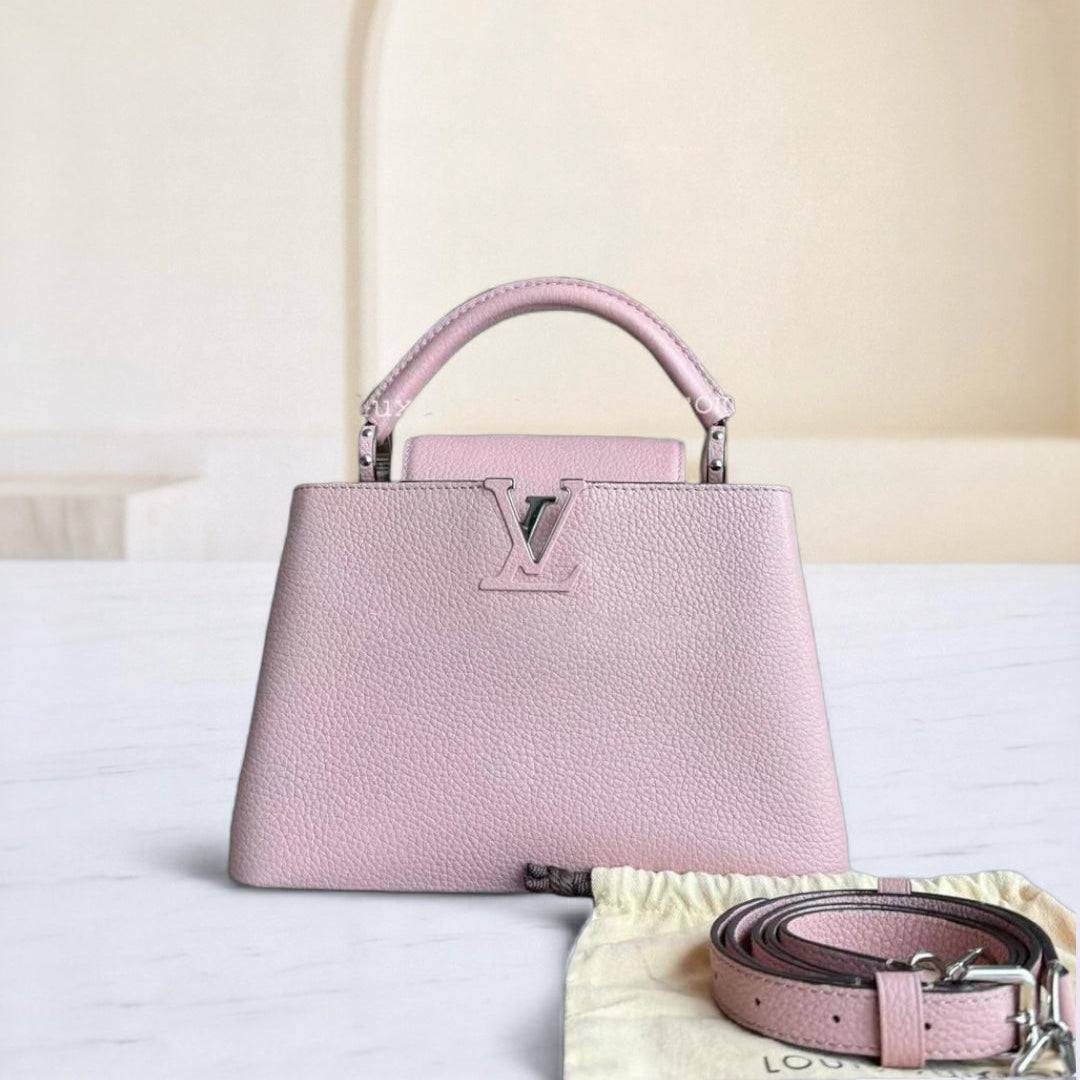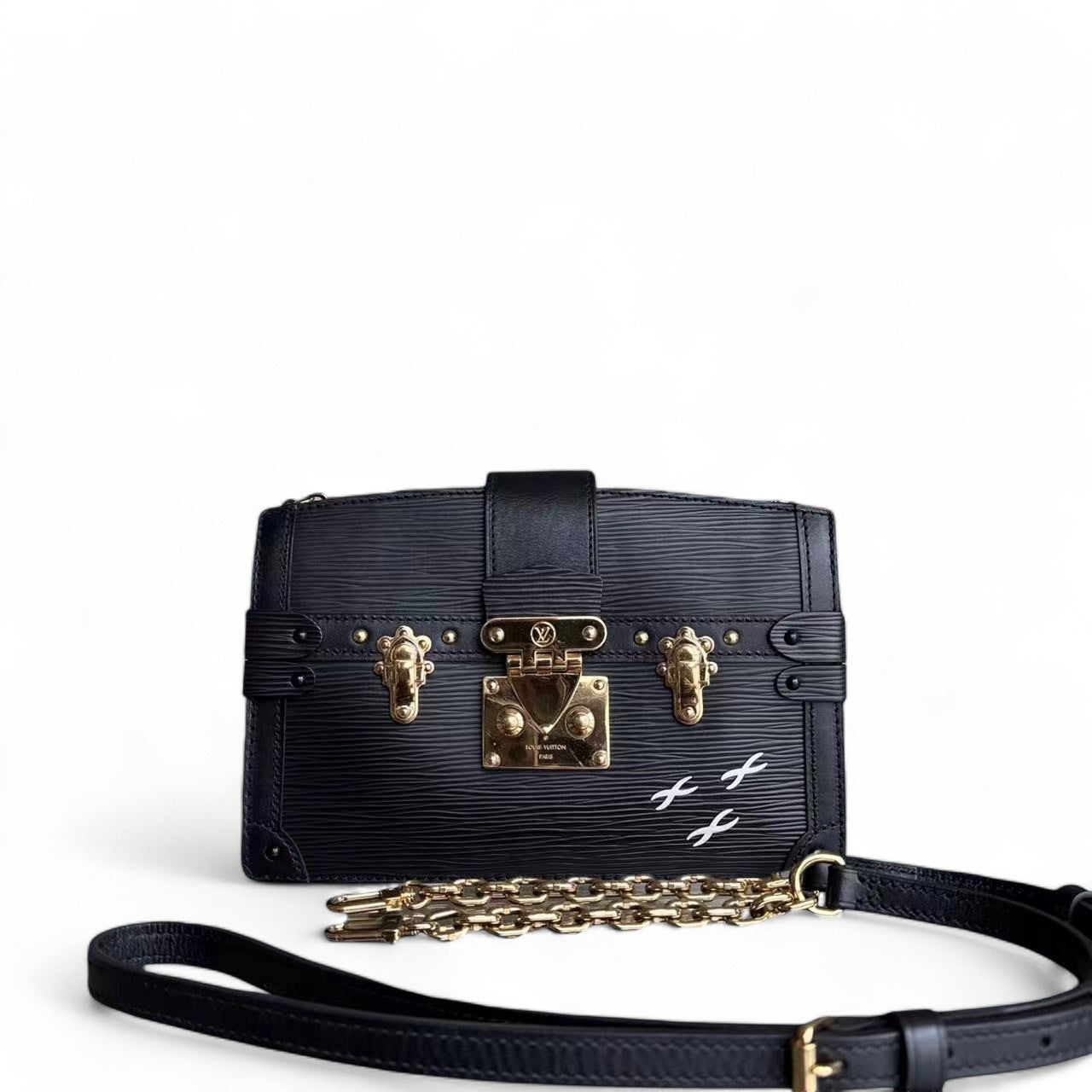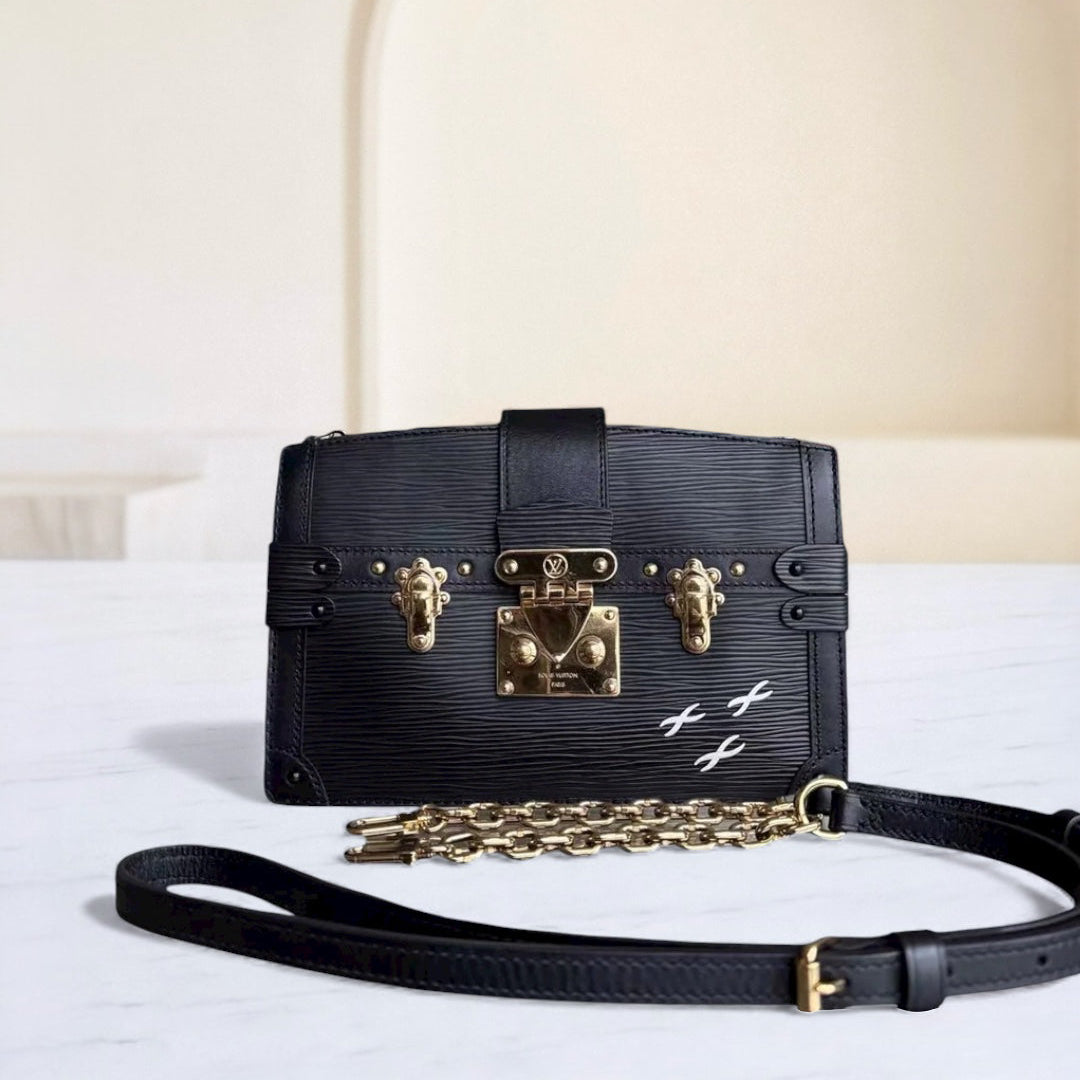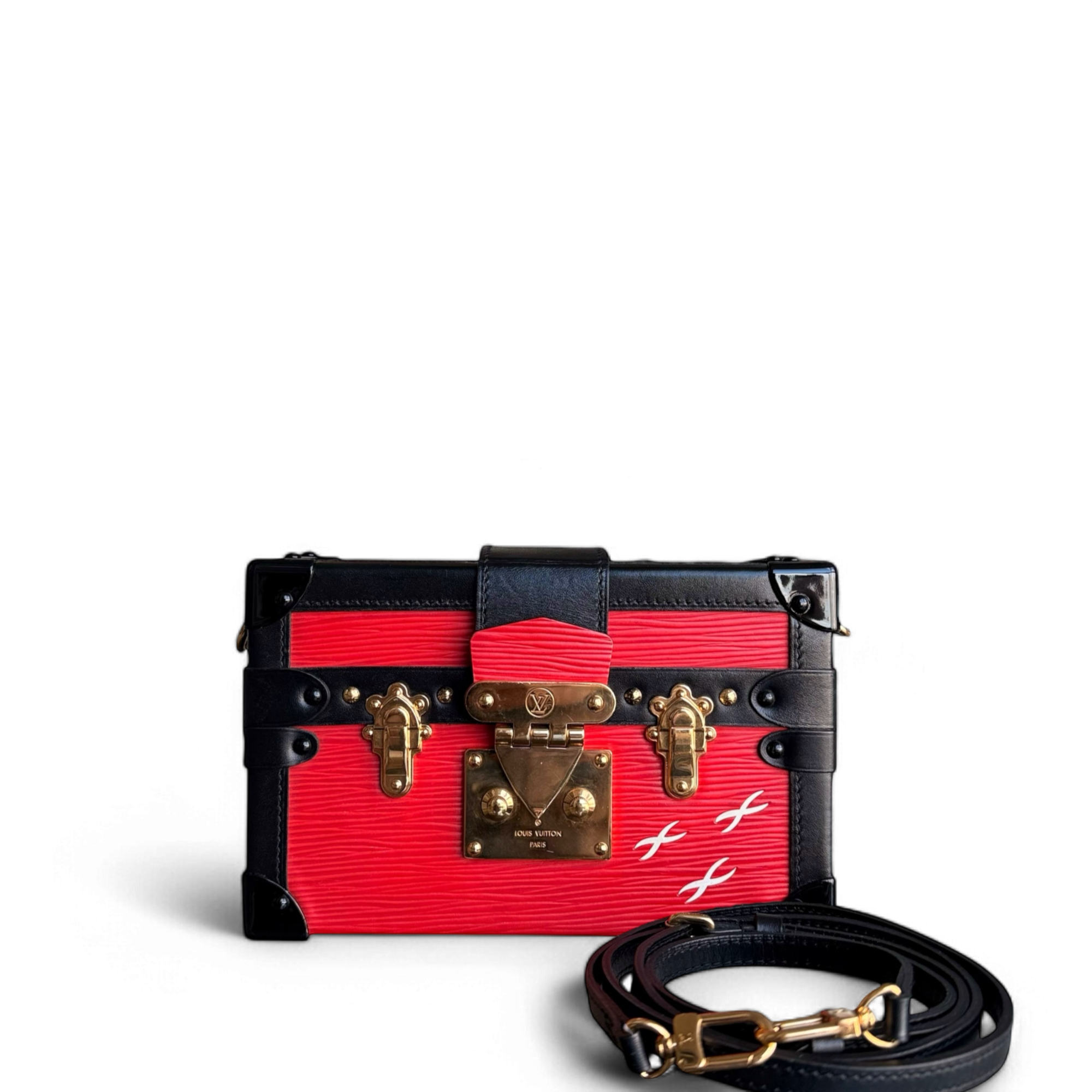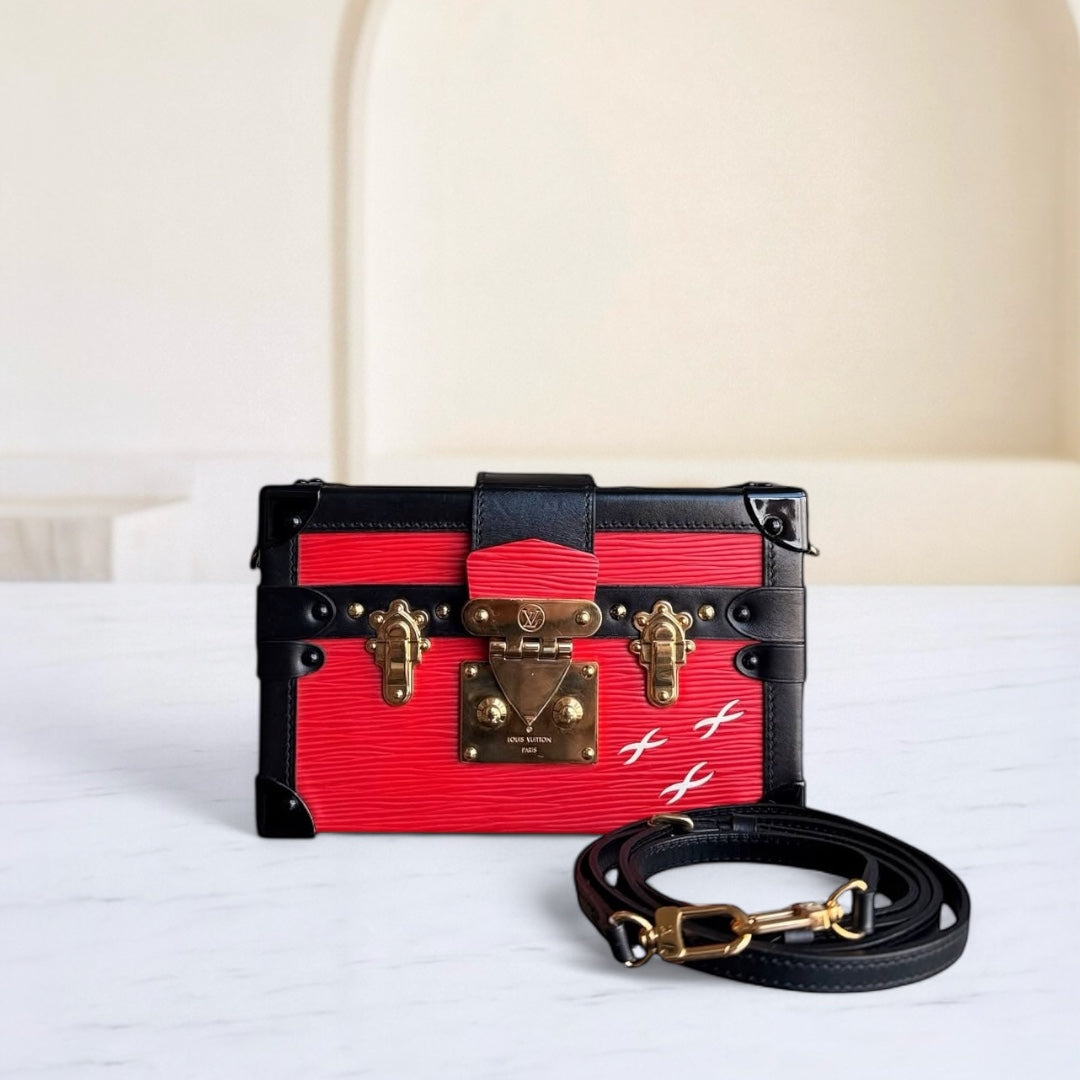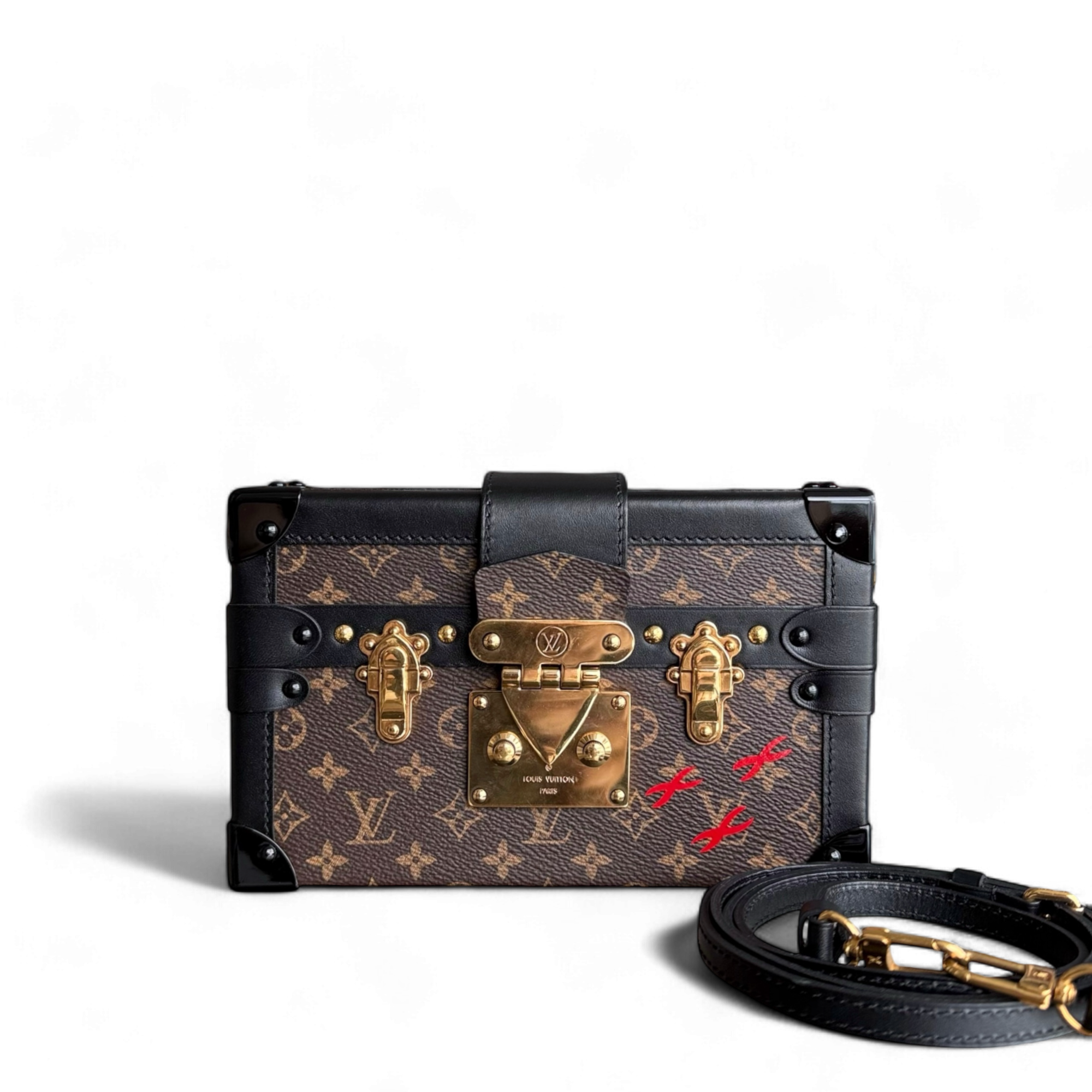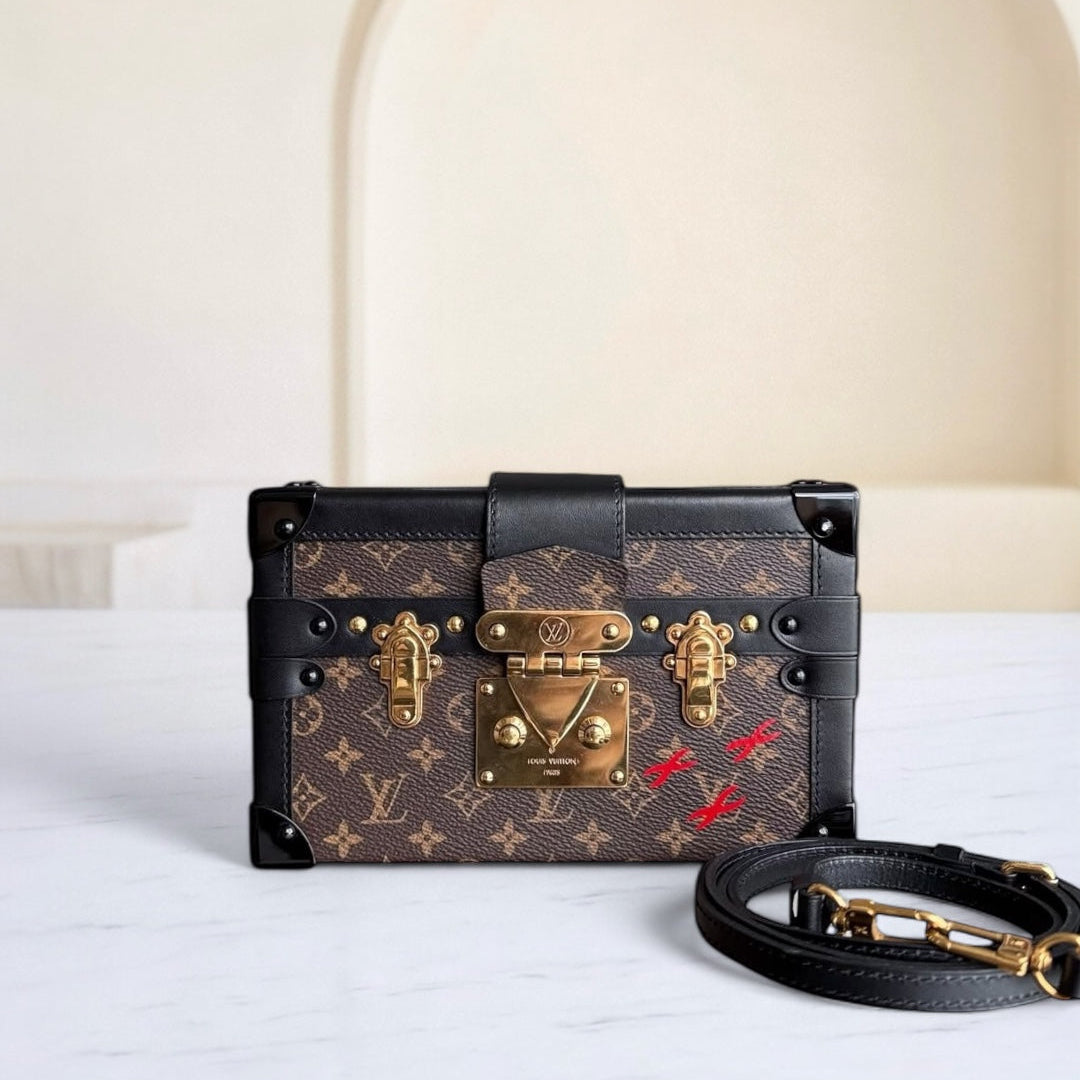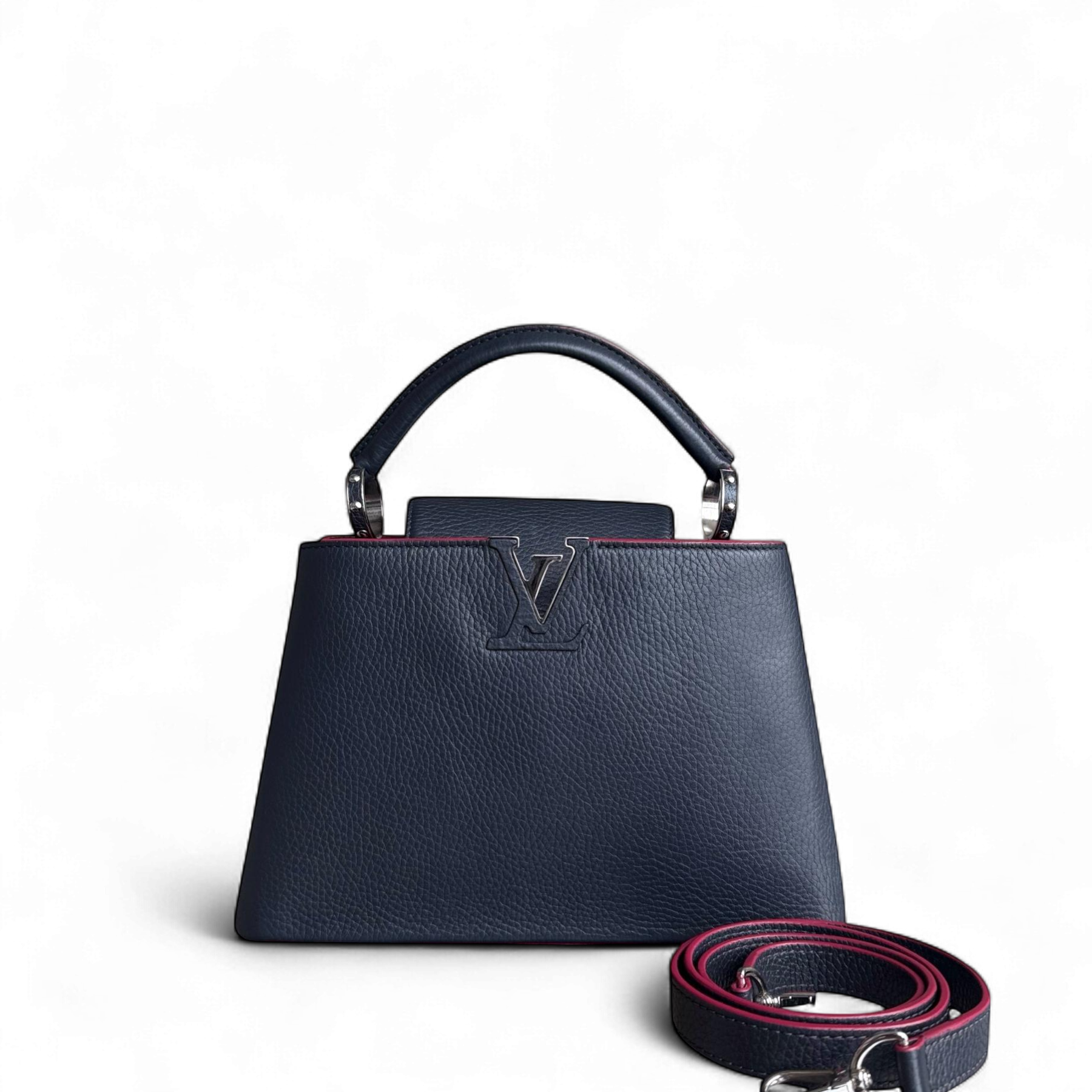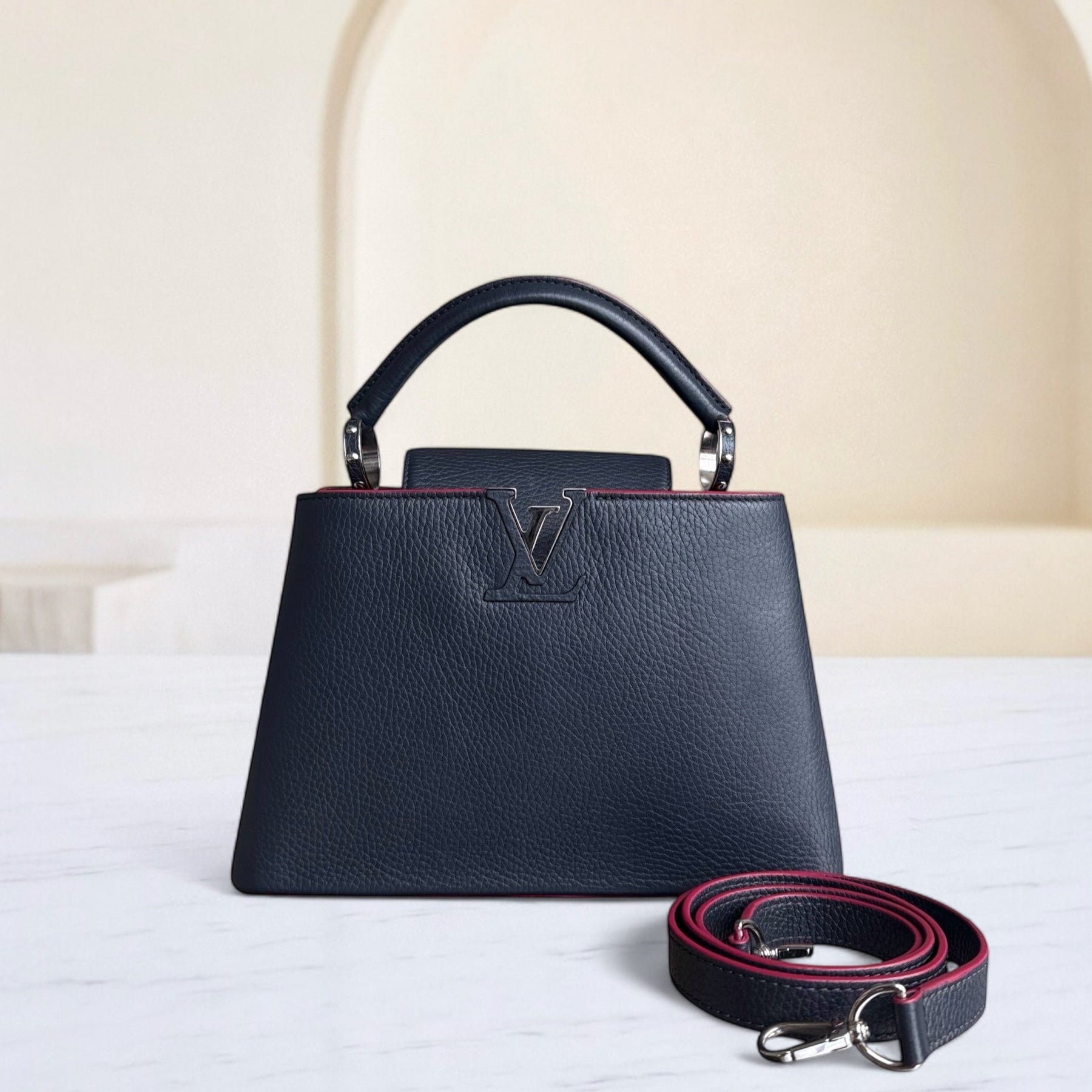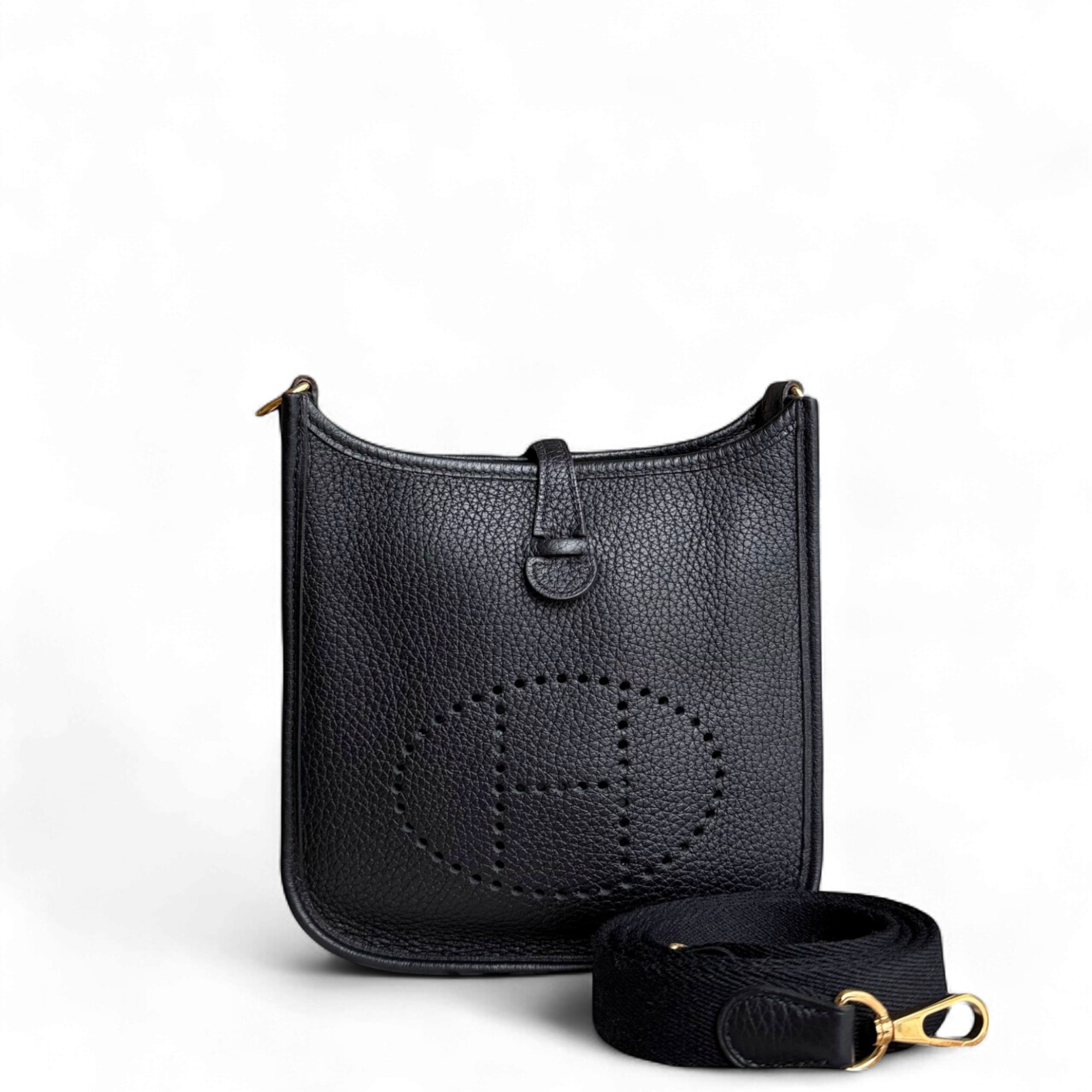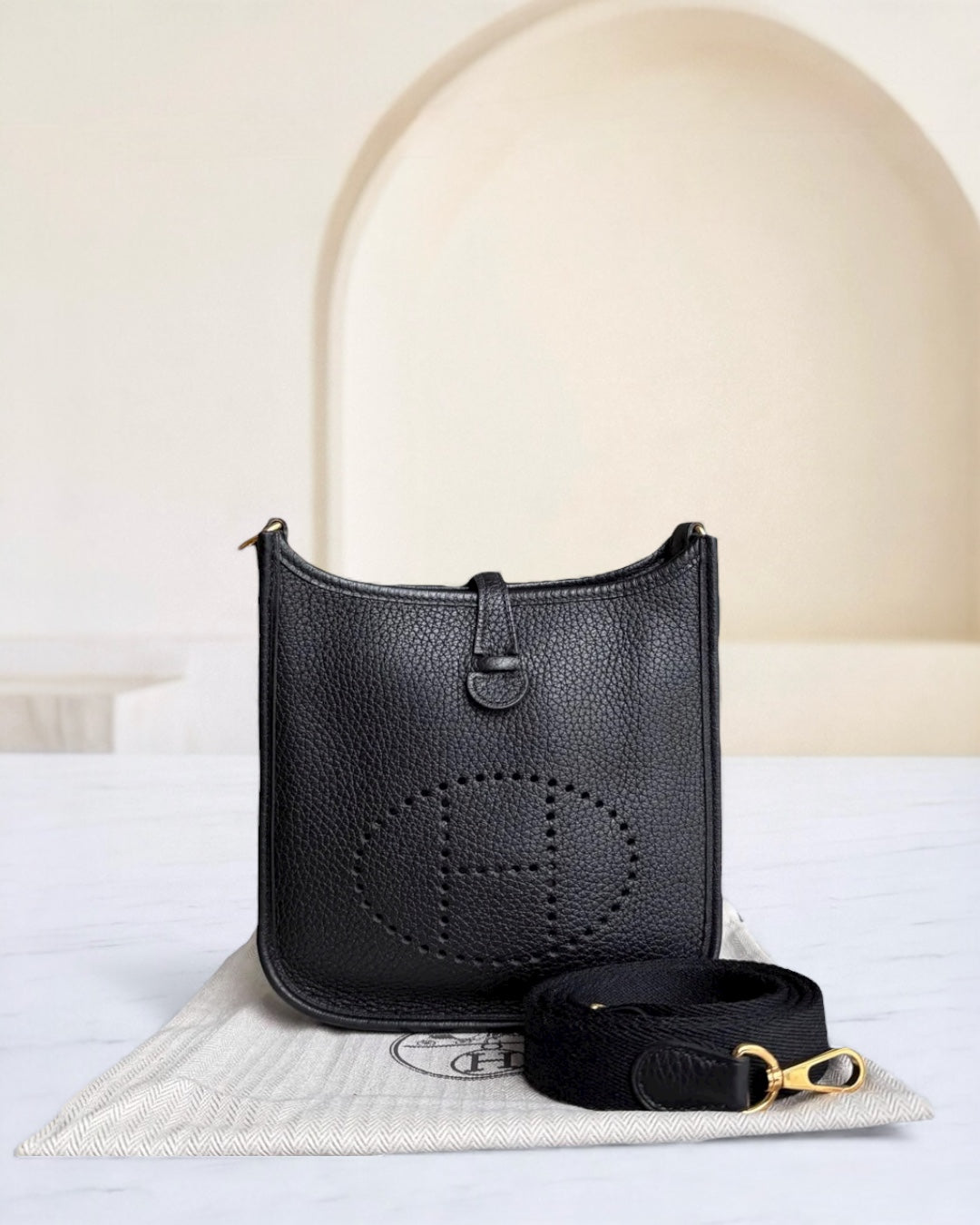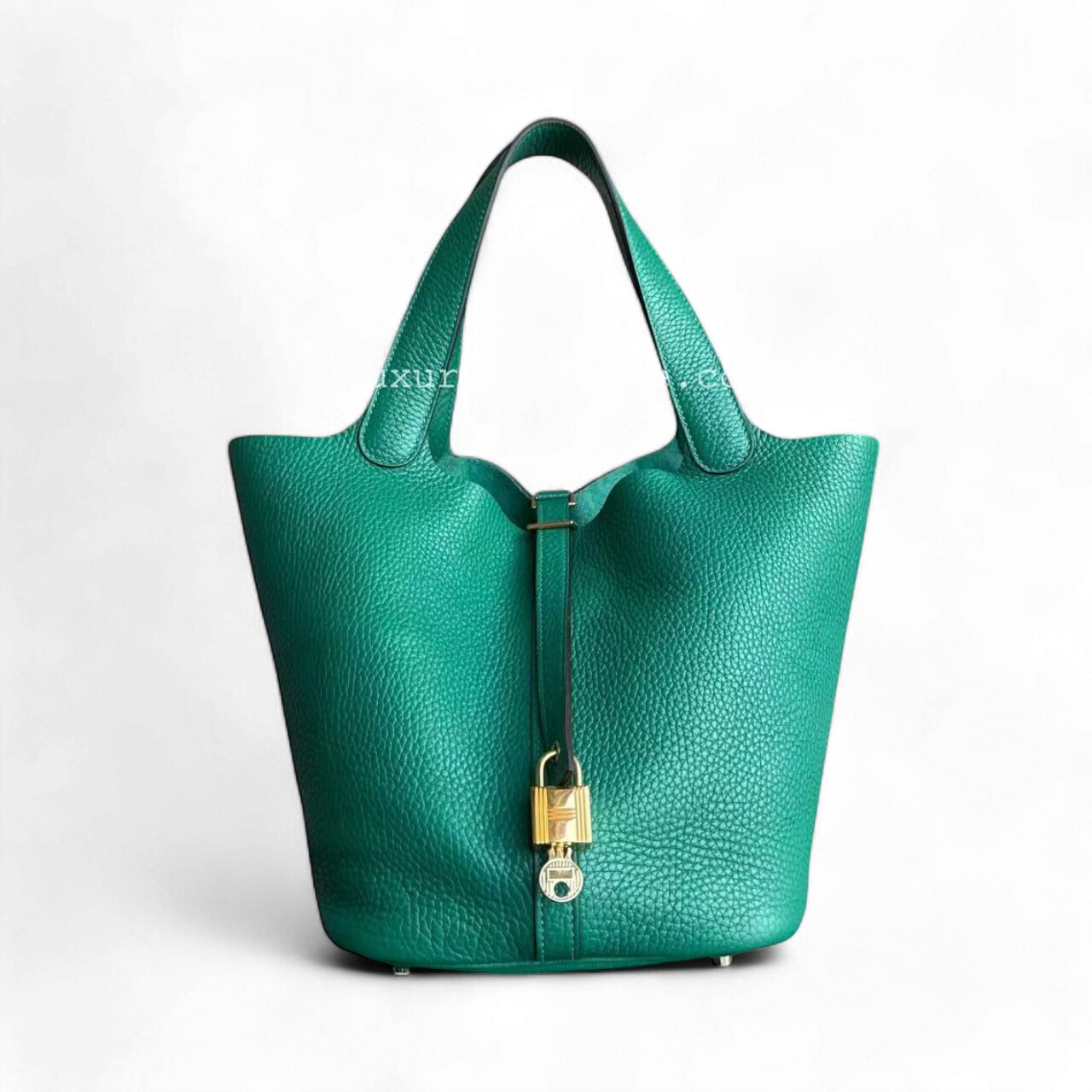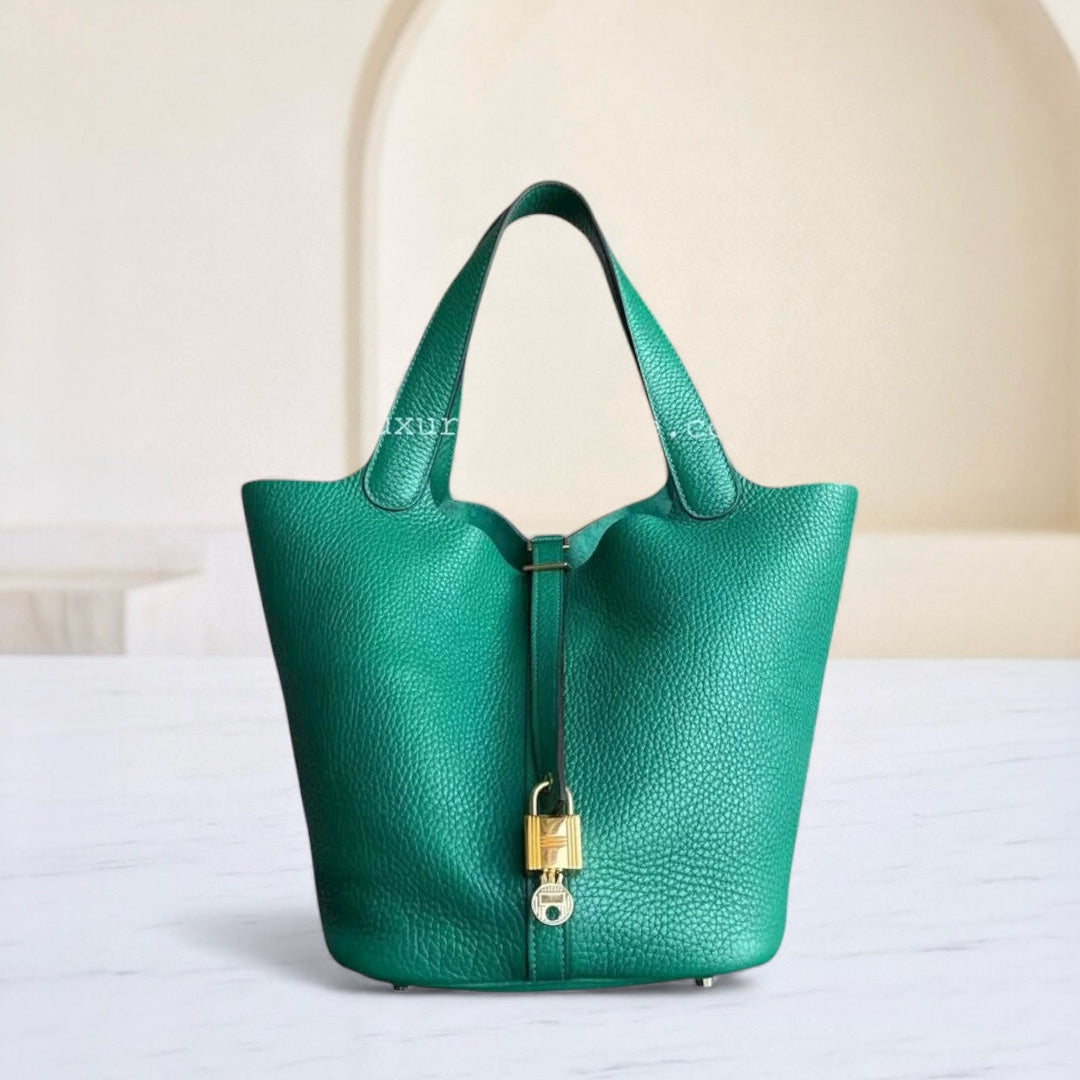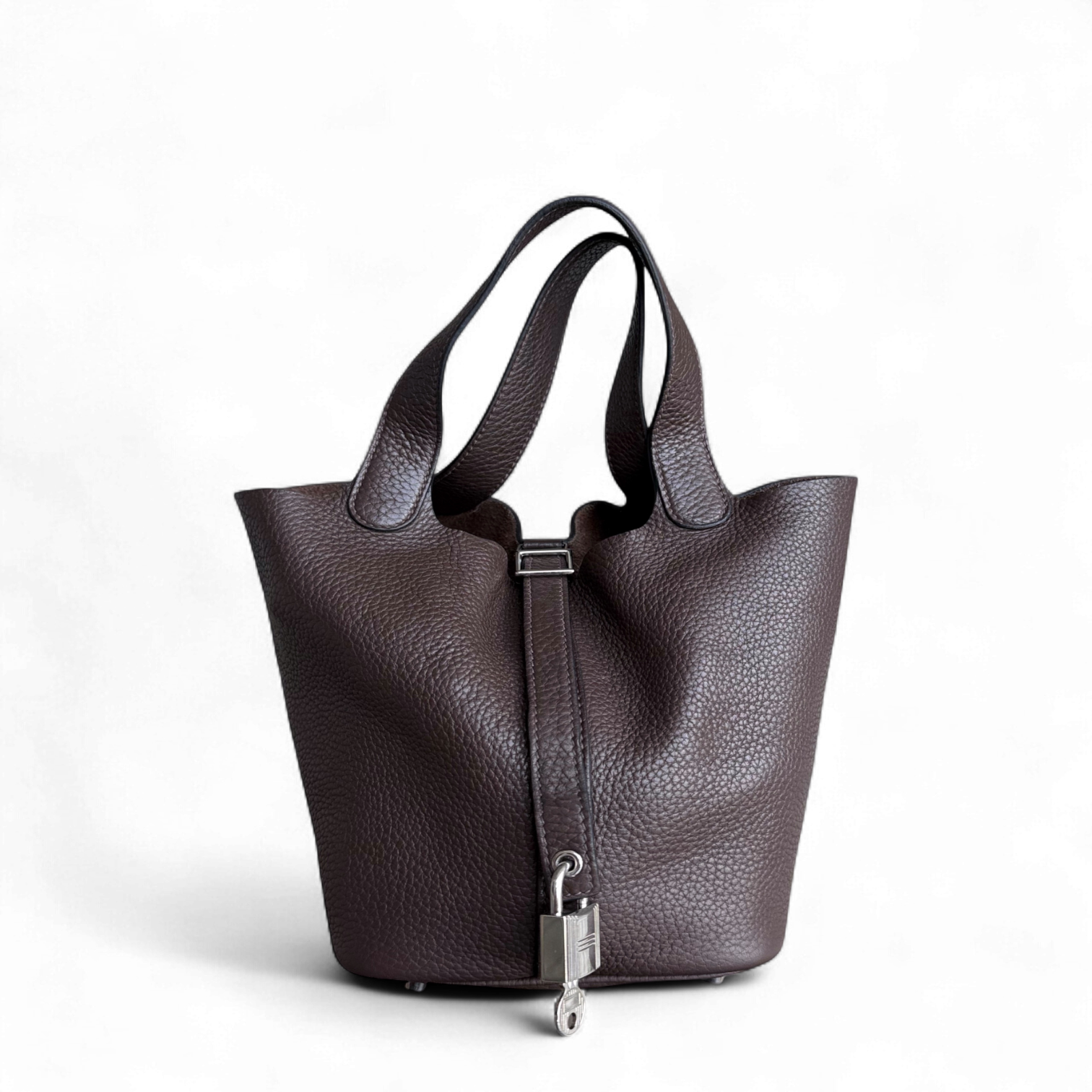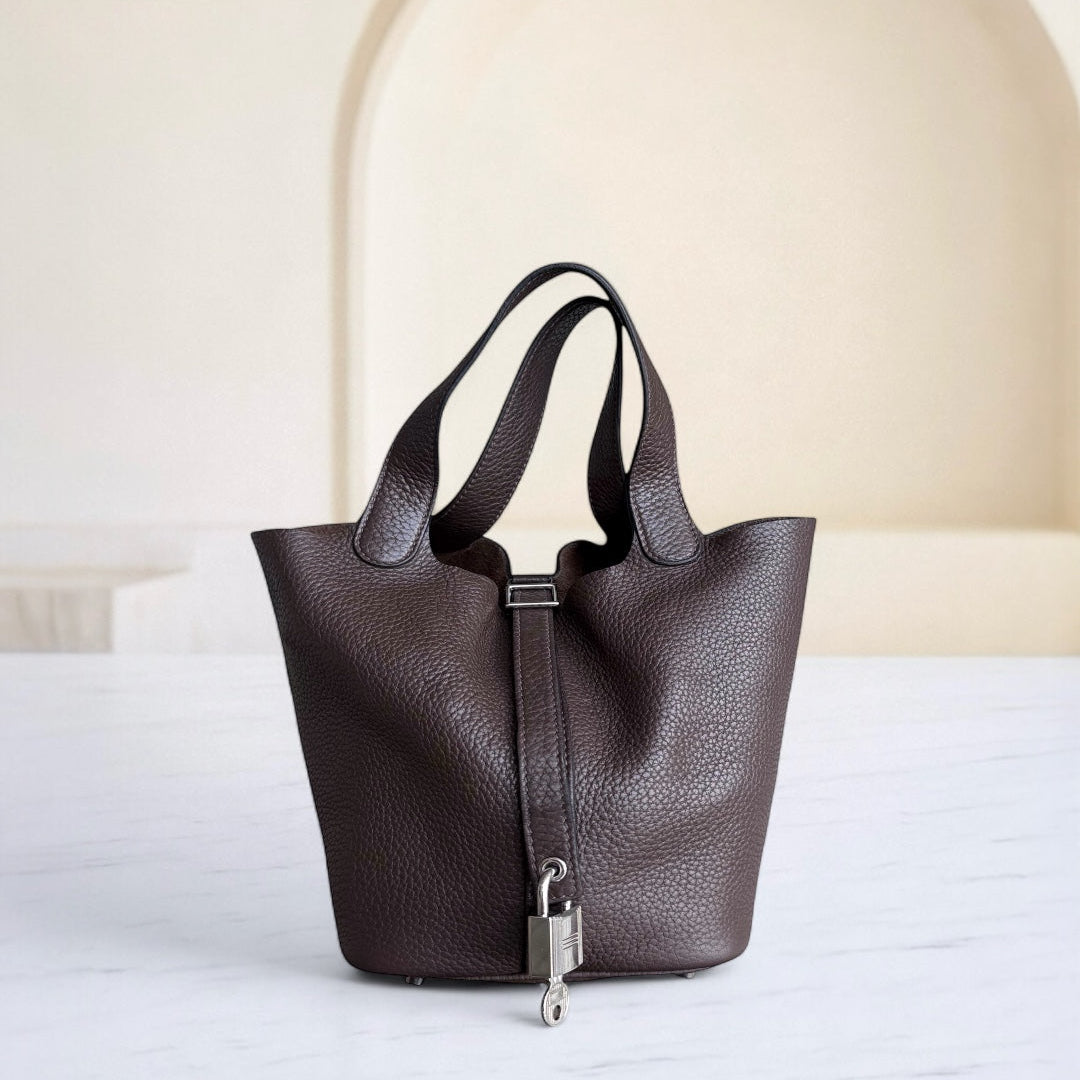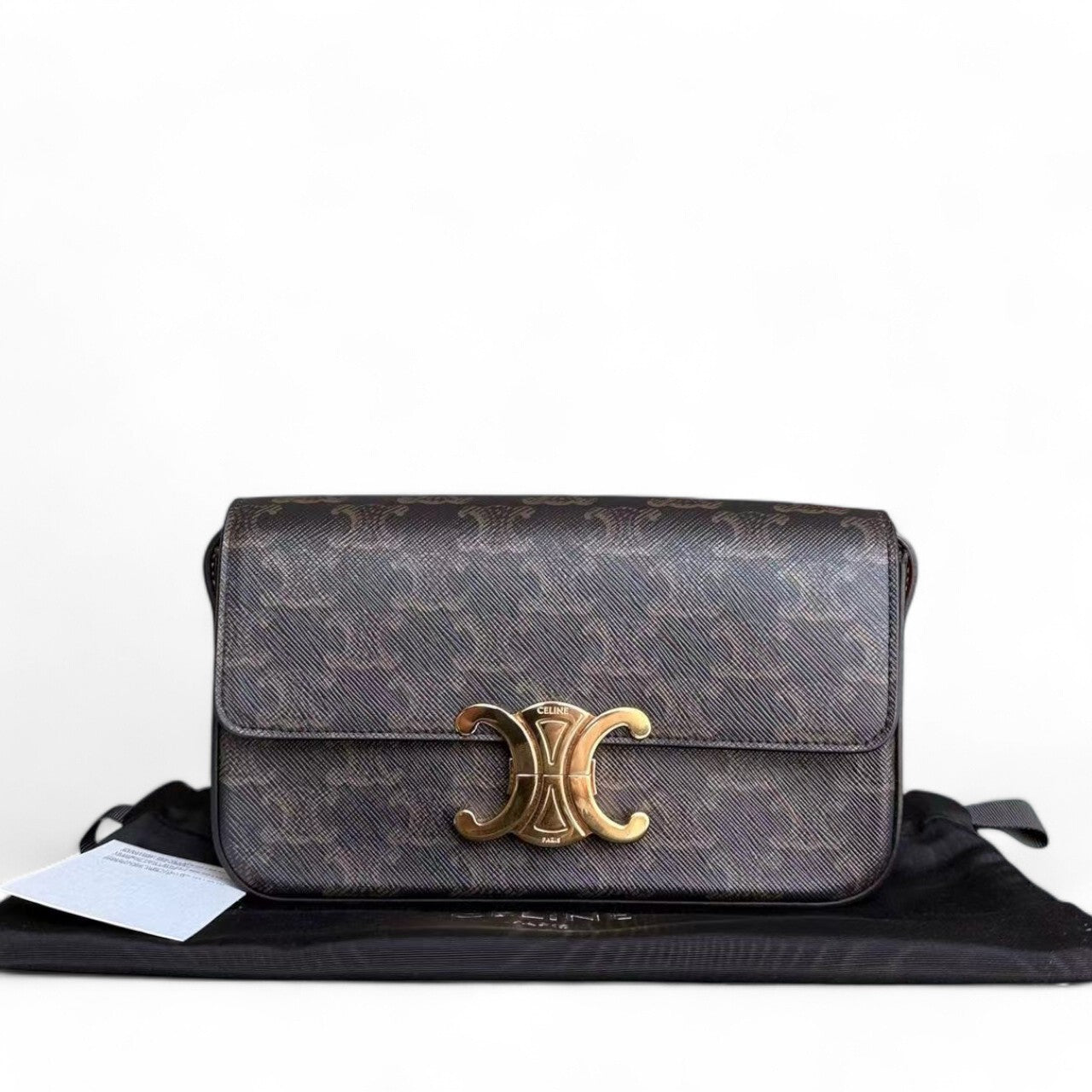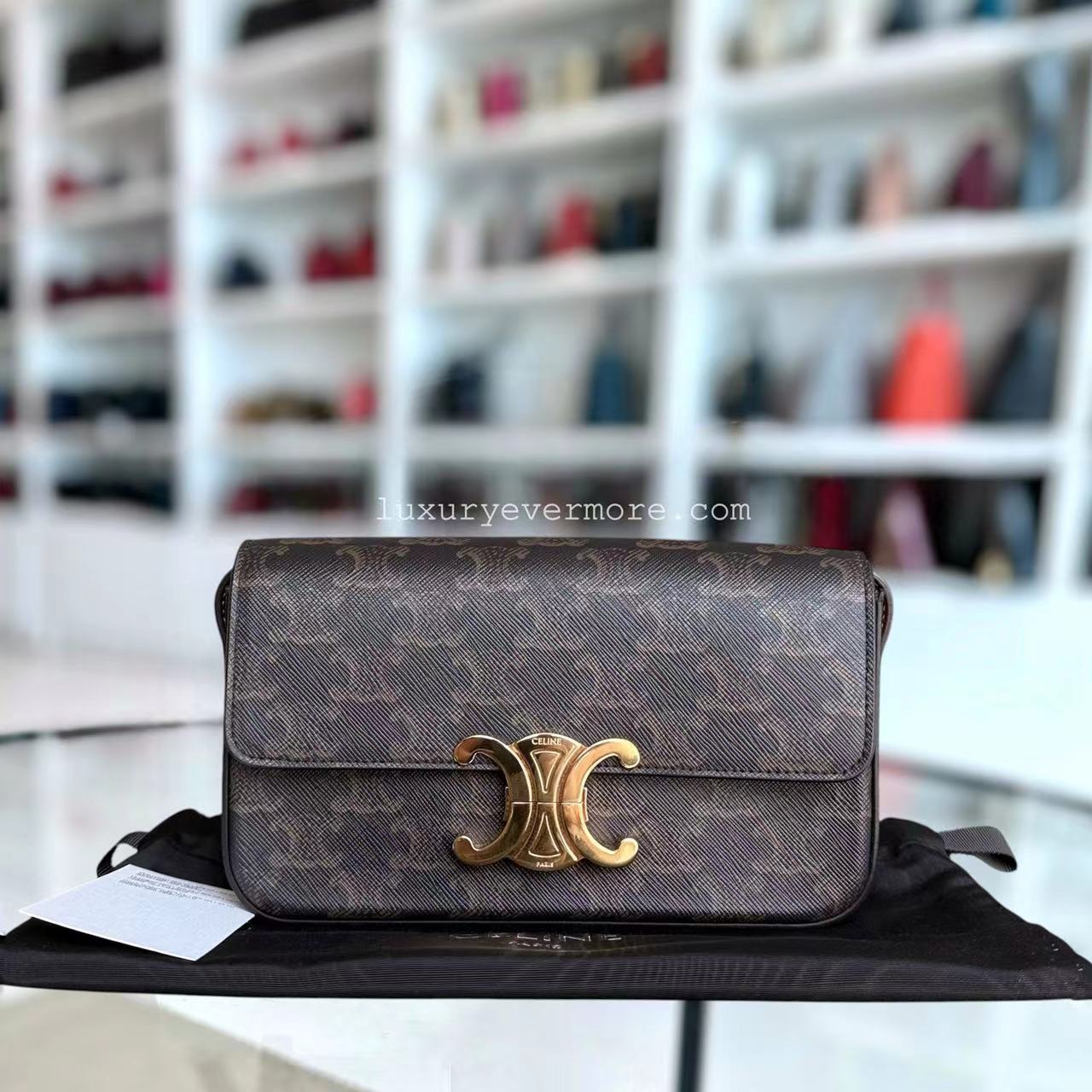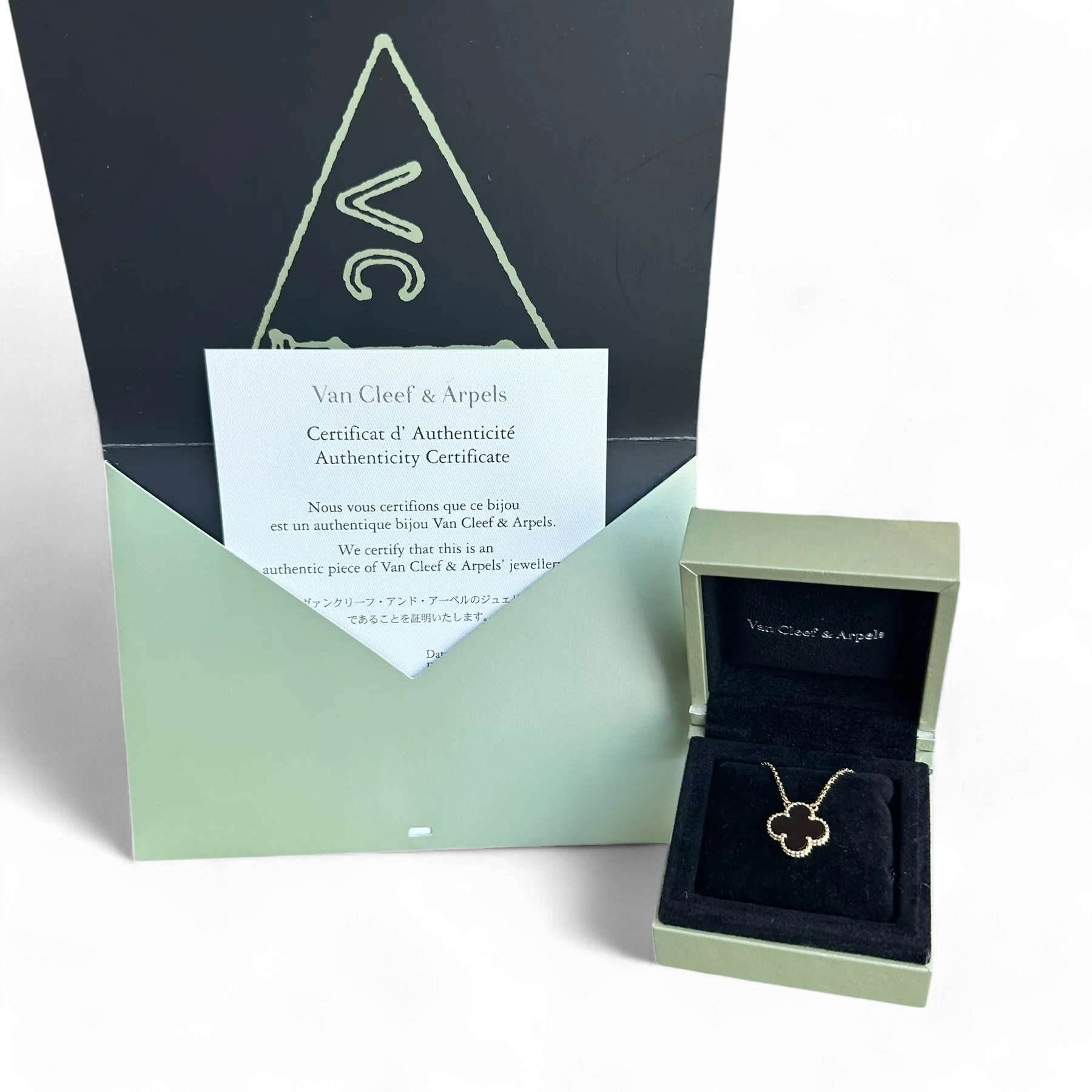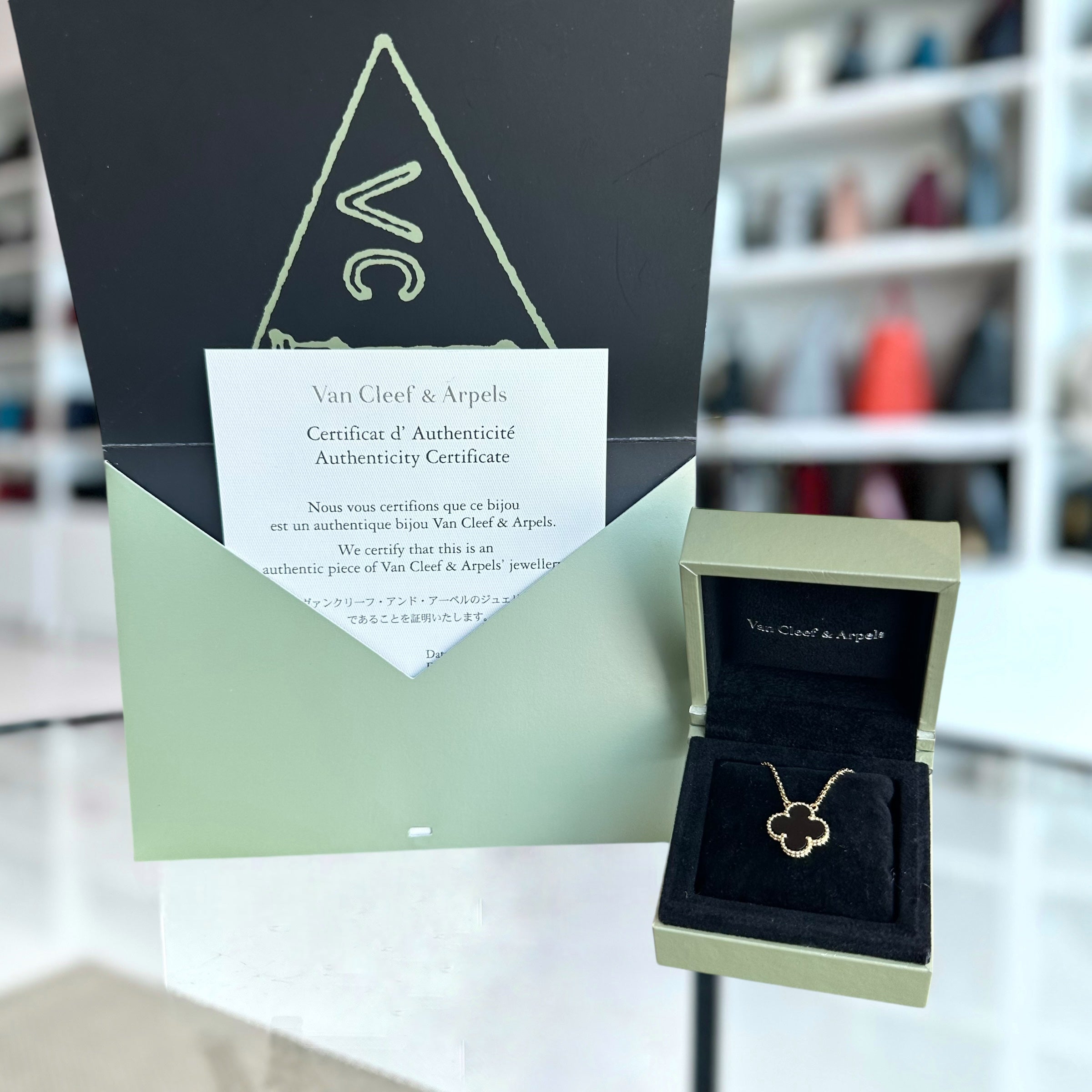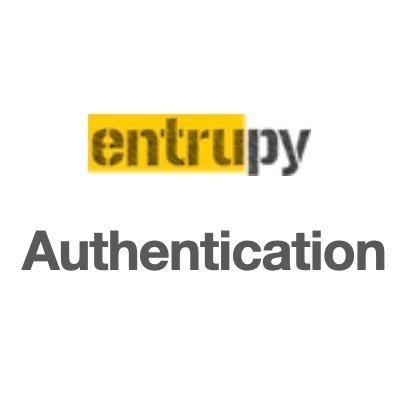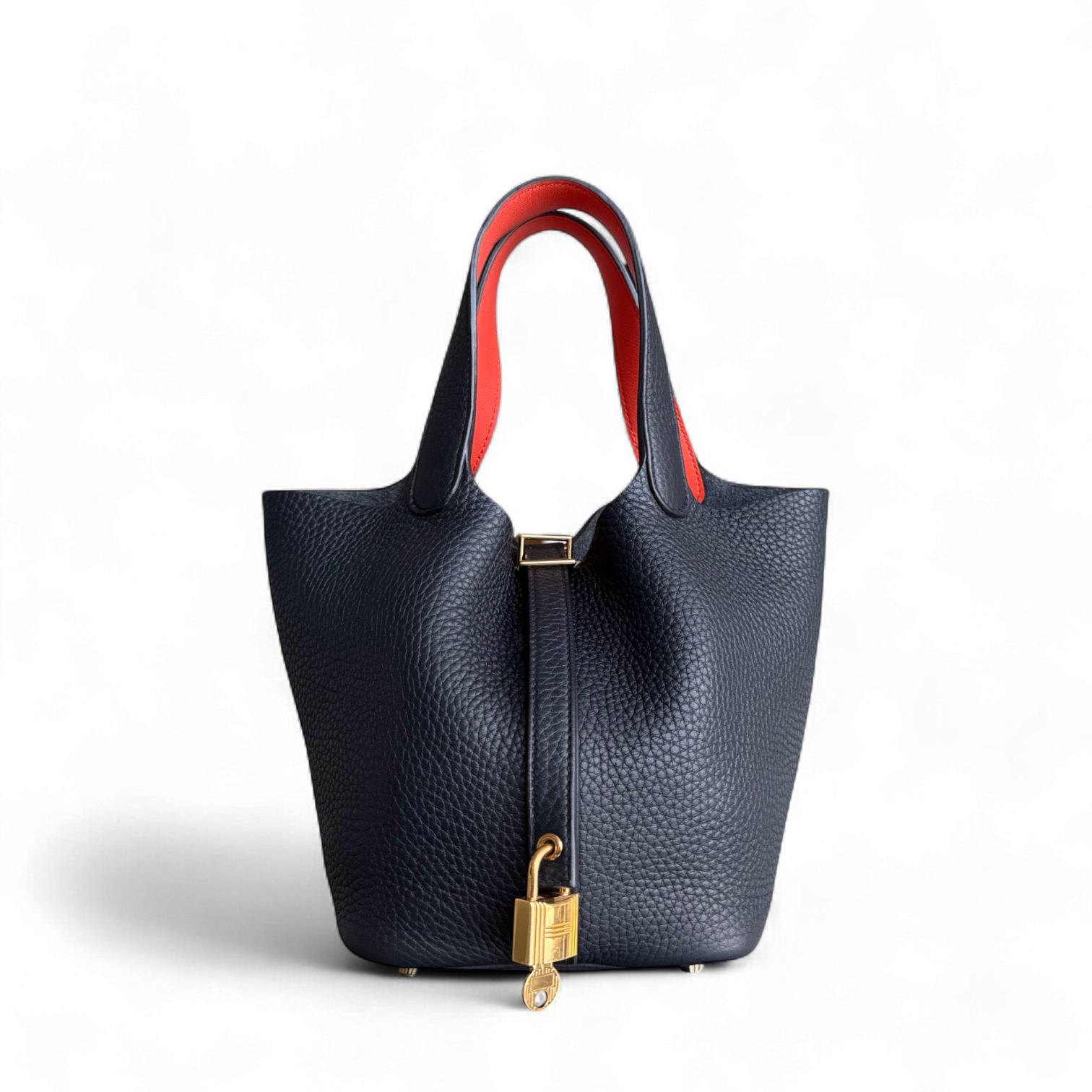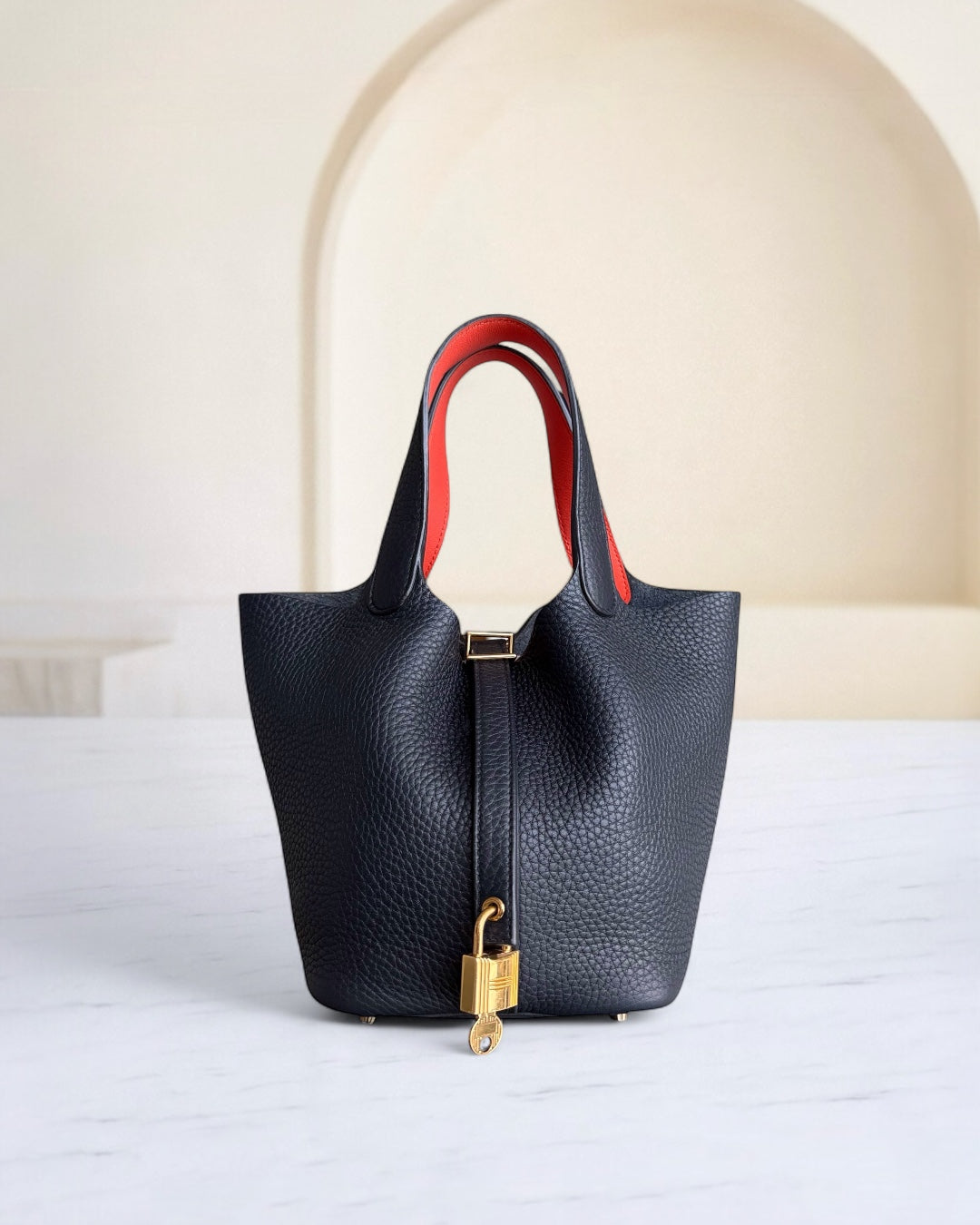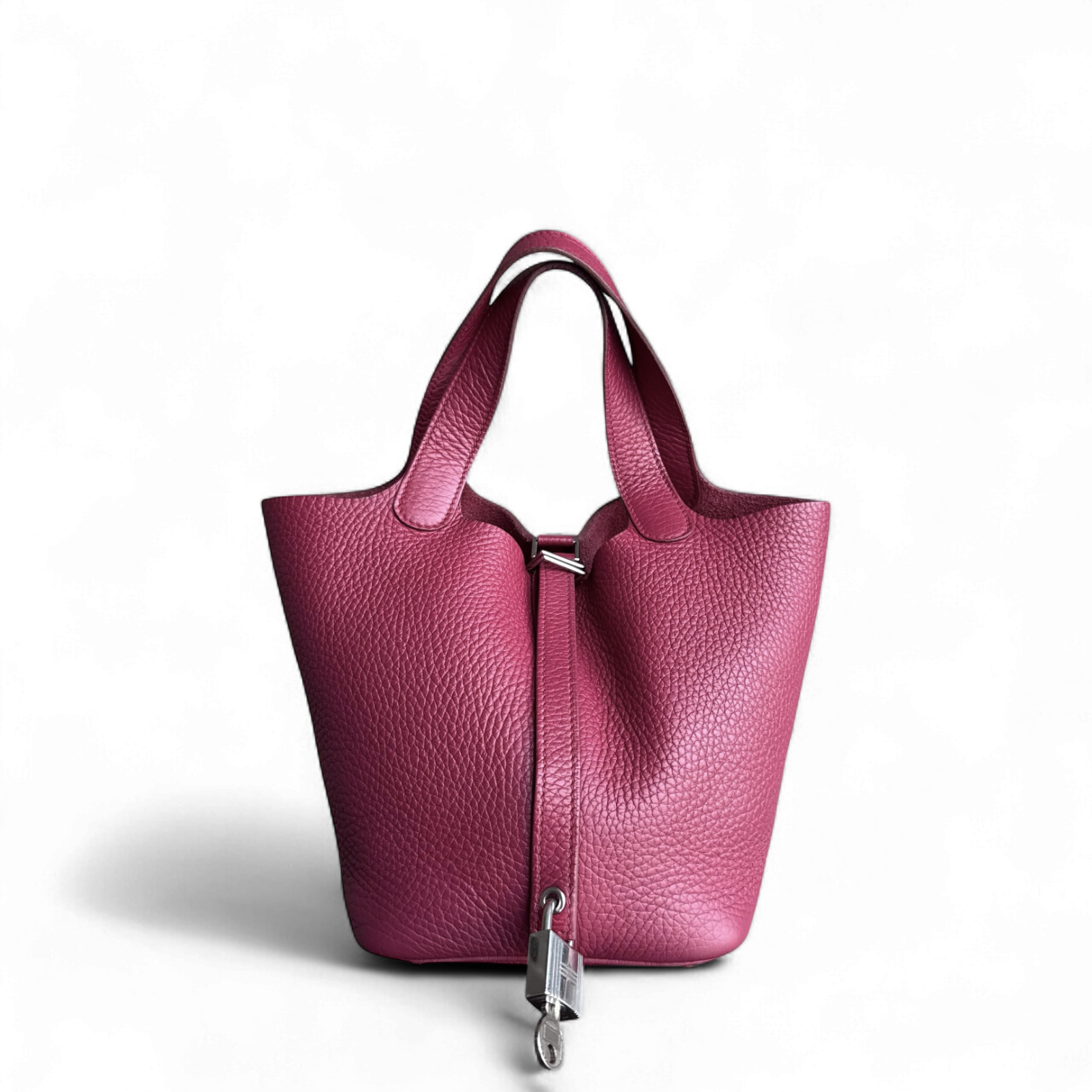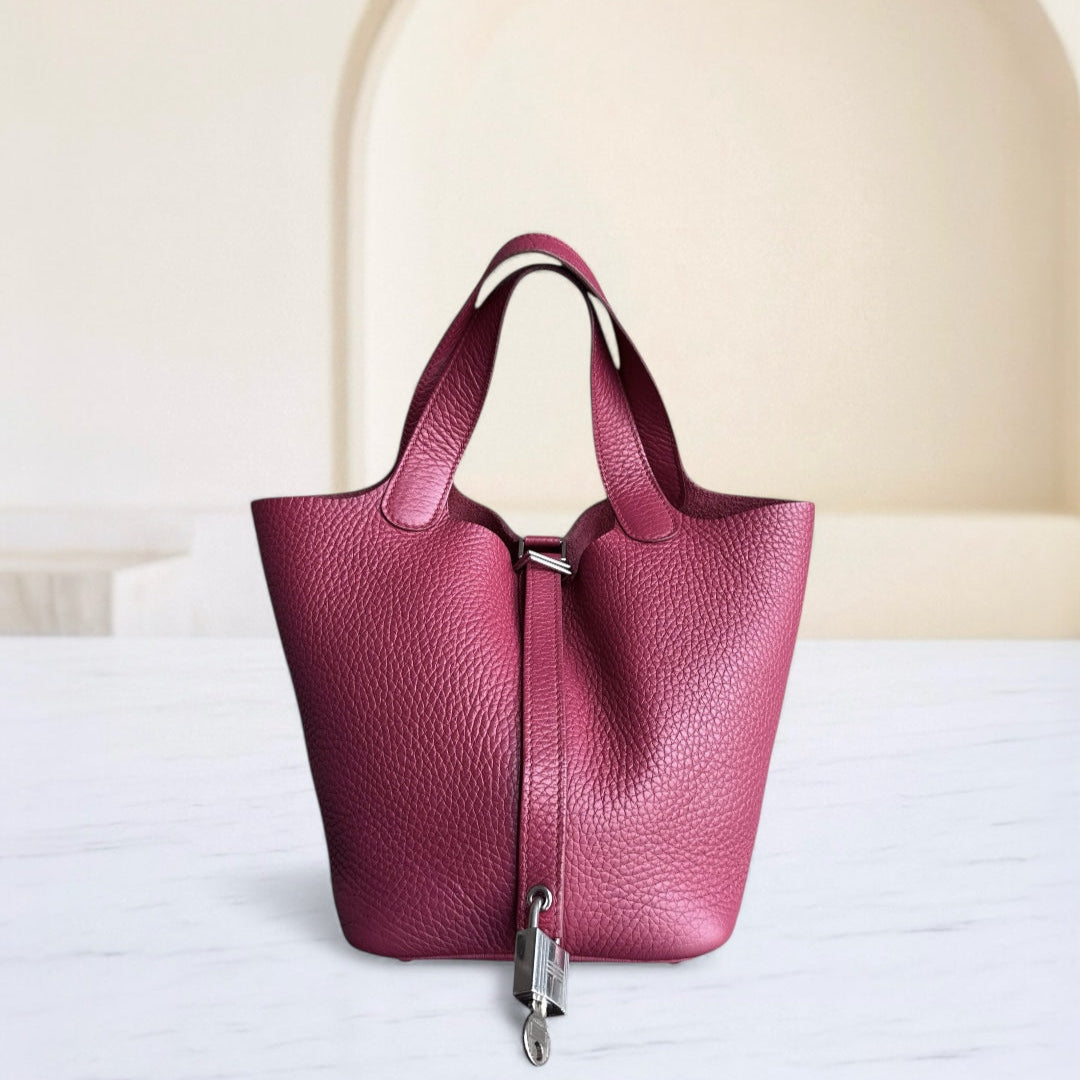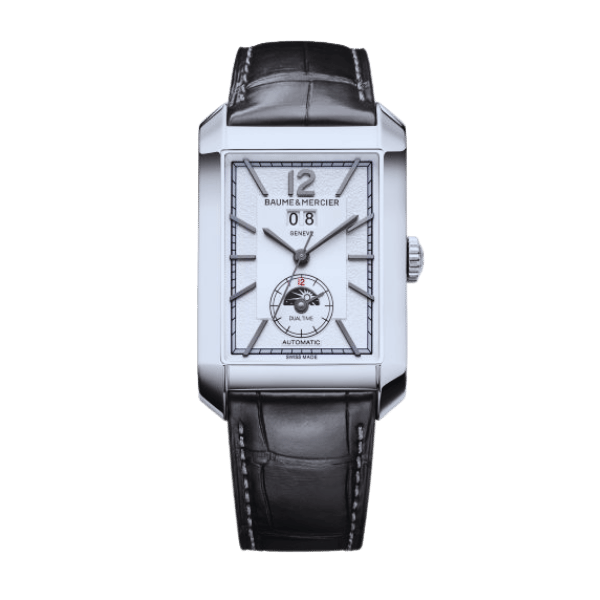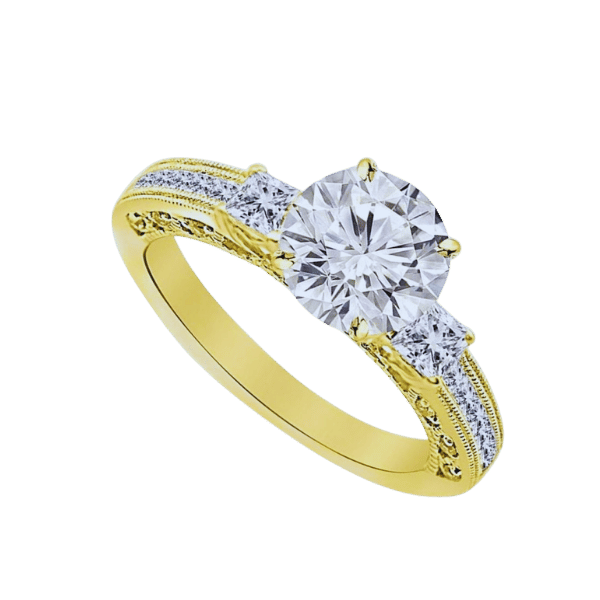Where to Sell Your Estate Jewelry: The Ultimate Guide
Selling estate jewelry can be challenging but rewarding in equal measures, whether you’re letting go of a family heirloom, downsizing your collection, or seeking to reward yourself with a hidden treasure monetarily. Understanding the intricacies and dynamics of jewelry resale value discrimination, this guide aims to prepare you with sufficient knowledge for success at every level. From knowing what your jewelry is worth to resolving on the most reputable selling channels, we will traverse matters that help us make our decisions to benefit our profits above the base value. Regardless of the situation you find yourself in, this article will equip every reader with options tailored to their need and situation.
What is Estate Jewelry and Why Should You Consider Selling It?

Estate jewelry is a term used for previously owned jewelry, which could be vintage or even modern. Usually, it is put into categories based on its age, design era, or style. People sell estate jewelry for a number of different reasons like liquidating assets, downsizing, or giving up something that no longer holds personal significance. Selling estate jewelry gives an opportunity to access its monetary value, which is especially true for unique pieces that would be sought by a collector or have considerable market demand.
Understanding the Definition of Estate Jewelry
Estate jewelry relates to any form of jewelry that has been worn, irrespective of whether it is new or old. It can usually be subcategorized into three major types based on its chronological creation: antique (usually above 100 years), vintage (approximately 20 to 100 years), and contemporary but worn pieces. The estate jewelry’s worth is determined by its workmanship, degree of wear and tear, scarcity, and its significance in history. Unlike jewelry, which is produced in bulk, estate jewelry pieces tend to be more creatively one-of-a-kind and can be valued for their worth as collectibles or emotional attachments they carry.
Reasons to Sell Estate Jewelry
- Financial Necessities: Estate jewelry can be sold for a substantial amount of money, which can be useful in case of any unexpected financial emergency, education, or any other significant expense.
- Simplification: In the case that an individual has estate jewelry that is no longer used or worn, for de-cluttering or reducing personal possessions, it makes sense to sell the jewelry.
- Emotional Selling or Selling with Freedom: For sellers who wish to move on from the past, freeing themselves physically and mentally from the jewelry can be empowering. If a piece has no emotional significance, there are no ties to memories, then it resides within the realm of sentiment, and selling the jewelry becomes an easy decision.
- Investment Liquidation: Sellers who wish to leverage their funds for better financial possibilities may opt to sell their estate jewelry. Valuable or rare pieces can liquidate for higher valued financial opportunities.
- Market Value Opportunities: Pieces belonging to different individuals can be sold or purchased at a higher price thanks to high market demand driven by favorable market trends.
Difference Between Antique and Vintage Jewelry
Different in age, scarcity, design, and historical importance, antique and vintage jewelry pieces of adornments differ in age. Antique jewelry never goes below the mark of 100 years, while vintage ranges from 50-100 years old.
|
Parameter |
Antique |
Vintage |
|---|---|---|
|
Age |
Over 100 years |
50-100 years |
|
Era |
Pre-1920 |
1920-1970 |
|
Rarity |
High |
Moderate |
|
Style |
Intricate, ornate |
Unique, bold |
|
Value |
Often high |
Varies |
|
Historical |
Significant |
Moderate |
|
Crafting |
Handmade |
Machine-made |
How to Find a Reliable Estate Jewelry Buyer

What to Look for in a Jewelry Buyer
If you wish for your dealings with jewelry purchasers to be secure and trustworthy, pay attention to these guidelines when choosing a buyer:
- Professional Accreditation : Try to avoid those without good standing certifications, like Gemological Institute of America (GIA) or American Gem Society (AGS). Accreditation indicates expertise and compliance with relevant regulations.
- Clear Explanations: Every buyer provides an assessment of their jewelry which gets explained methodically to ensure that no critical element gets sidelined. Among these factors is quality of the gemstones, purity of the metals and other current economic patterns.
- Competetive Offers: Every buyer possesses an appraisal list based on their current economic figures. Stay clear of purchasers who do not justify their inadequate valuations with sound reasoning or attempt at lowering bid prices.
- Buyer's Reputation: Each buyer has a rating on the internet. A history paved with satisfied clients translates to a trustworthy and professional business.
- Specialization with Estate Jewelry: Buyers that focus primarily on estate jewelry are likely going to provide value that is closest to the expectation when compared to other buyers.
- No Additional Fees: Avoid buyers who intend to charge more than what was originally stated during appraisal because these charges might not provide any added value depending on the transaction's specifications.
- Security Measures: Assured covering of shipment, transactions that get documented as well as payment in a secure manner are among the guidelines a buyer must follow as safety protocols.
- Willingness to Answer Questions: A trained professional buyer will respond to concerns, questions, and provide selling process details without any issues.
Considering the above will help you make the right choice when deciding on a jewelry buyer for your precious pieces.
Questions to Ask an Estate Jewelry Buyer
What procedures do you follow to value my jewelry?
- Having an understanding of the evaluative process promotes trust and steadfast confidence in the buyer’s processes and techniques of evaluation.
Do you hold any form of certification or training pertaining to the appraisal of estate jewelry?
- This inquiry contributes to confirming their appraisal qualifications and mastery of odd or antique pieces.
What are your methods of payment, and what is the timeframe for payment?
- Understanding what your payment entails safeguards your interests in the value, timing, and security of your transaction.
Can you furnish referrals or testimonials from clients previously served?
- Favorable clients' reviews or referrals help further verify the buyer’s reputation and reliability.
Is there a requirement to sell after the appraisal, or are all consultations complimentary?
- Before proceeding, it is essential to check whether commitments or costs are tied to the appraisal process.
Comparing Online Buyers vs. Local Jewelry Stores
While online buyers provide ease, assortment, and good pricing, local jewelry shops offer personalization, immediacy, and trust.
| Parameter | Online Buyers | Local Stores |
|---|---|---|
|
Pricing |
Competitive, lower |
Higher includes services |
|
Selection |
Vast, global |
Limited, local |
|
Convenience |
24/7 shopping |
In-person only |
|
Customization |
Limited, virtual tools |
Hands-on, detailed |
|
Trust |
Reviews, certifications |
Reputation, face-to-face |
|
Inspection |
Virtual, limited |
Physical, detailed |
|
Aftercare |
Limited, remote |
Local, accessible |
|
Fraud Risk |
Higher, potential scams |
Lower, direct dealings |
How to Get an Accurate Appraisal for Your Estate Pieces

Why an Appraisal is Essential
An appraisal is an essential component in determining the accurate value of estate jewelry. For any item, the jewelry’s condition, market demand, material composition, and other relevant factors should be taken into account. An accurate appraisal is crucial in planning resales, dividing estates, or for insurance purposes. With a professional appraisal, you will receive a documented evaluation of your jewelry pieces, which not only increases your confidence but also gives you clarity and peace of mind when dealing with such intricate valuables.
Finding a Qualified Appraiser
When seeking an appraiser, check for certifications from well-known associations, such as the American Society of Appraisers (ASA) or the National Association of Jewelry Appraisers (NAJA). Such certifications guarantee that the appraiser holds an education, training, and ethics compliance credential. Be sure to check their practice in estate jewelry and ask for references or samples of prior work if necessary. For credible evaluations, confirm that the appraiser does not have any competing interests, directly or indirectly, in the purchase or sale of the jewelry.
How to Value Your Diamond Jewelry and Engagement Ring
- Understand The 4 Cs - Get accustomed to the elements that define a diamond's worth: Cut , Color , Clarity, and Carat weight. These traits are essential when evaluating your jewelry's quality and its potential market value.
- Get an Appraisal From an Expert - Look for a qualified specialist in diamonds and jewelry who will give an impartial evaluation of your piece. Make sure to obtain one that comprehensively details every important aspect and comes with the necessary appraisal documentation for insurance or resale.
- Examine Current Market Activity - Study existing conditions and pricing for diamonds and engagement rings. The value of your jewelry can be affected by economic conditions and consumer demand.
- Look for Branding or Designer Marks - Jewelry bearing symbols from well-known designers or brands are usually more valuable. Check whether your piece contains any such marks that may increase its value.
- Assess the Setting and Metal Used - In addition to the diamond, evaluate the kind of metal (platinum, gold, etc.) and the quality of the work done on the setting. These factors also add to the value and aesthetic appeal of the item.
Tips for Getting the Best Price for Your Estate Jewelry

Preparing Your Jewelry Pieces for Sale
- Clean and Polish the Jewelry - Clean and polish every piece of jewelry to make it sparkle. Professional jewelers offer services that deal with complicated pieces that require special attention.
- Inspect for Damage - Check for any loose stones, scratches, or other significant damages. Restoration work may be undertaken if it could greatly enhance profitability or value.
- Gather Documentation - Any relevant paperwork, such as certificates of appraisal or authenticity, alongside purchase receipts, will be important to validate the claim and, therefore, should be gathered.
- Take Quality Photos - When selling a piece of jewelry online, it’s important to capture clear pictures under great lighting to showcase the piece's features and details.
- Research Comparable Prices - Check out jewelry industry specialists, online shops, and auction websites to get their recommended price before setting a competitive price to your piece of jewelry.
Understanding Market Trends in the Jewelry Industry
Like any other industry, the jewelry sector is impacted by specific market trends. With social consciousness on the rise, more people are becoming aware of and concerned with how products are sourced and made; therefore, consumers are leaning towards more sustainable and ethically sourced materials. The substitution of traditional resources is also shifting with the adoption of lab-grown diamonds and recycled metals. Moreover, the industry is undergoing a digital transformation, with sales conducted online and virtual try-on services becoming more available. The purchase of custom-designed jewelry pieces also adds to the trend of personalization. To deal with evolving customer expectations, businesses need to stay informed on all competitive options.
Common Pricing Strategies for Antique Jewelry
Market Analysis
- Study the market by evaluating the trends and prices for comparable antique items. Check auction results, look at reputable dealers, as well as sales on online platforms to give you the estimates you need.
Expert Valuation
- Get a professional appraisal to evaluate the value of the piece based on the rarity, condition, age, craftsmanship, and history of the piece. This appraisal is important in setting the price in accordance with the proper industry benchmarks.
Pricing based on restoration work
- Consider the current state of the item and the level of restoration work needed. Items that are well-preserved or restored to a high standard usually have a higher price.
Verification and documentation
- Verify the item and acquire any documents regarding its history, like certificates of origins, repair histories, etc. The higher the document verification, the higher the authenticity, which directly correlates to value.
Assessment Value of Material
- The price of those items will be directly affected by their quality or weight. Assess gold, silver, and gemstones, as the price of these items always fluctuates on the market.
The Selling Experience of Your Estate Jewelry

What to Expect During the Sell Your Estate Process
Preliminary Appraisal
- Your estate jewelry will go through an appraisal process during the first stage where a qualified jeweler will inspect your jewelry’s condition, worth, authenticity, and gemstone. Genuineness will be sought out and gems with hallmark features will be looked at during the process.
Market Trends
- Evaluation of competing jewelry is done so that your jewelry does not fall out of demand and remains relevant to competitors. Understanding current and anticipated demand for competing jewelry is key to appropriate jewelry merchandising.
Receiving Offers
- The evaluation and market data received will provide individual buyers, dealers, and auction houses an estimated worth your jewelry’s value, enabling you to receive instant offers post evaluation.
Negotiation and Agreement
- The price offered to you may need to be adjusted to reach a pace both parties find fair. During this time, negotiation can enhance mutual benefit by presenting transparent agendas with documents and appraisals.
Finalizing the Sale
- Payment, whether in cash placed directly into escrow accounts or through checks, will be transmitted through varied methods after the verified pricing contract receipt, sales agreement, and documents claiming possession removal are settled.
Maximizing Your Experience with Jewelers
To make the most out of the individual experiences with jewelers, I strongly suggest communicating your needs, expectations, and budget right from the beginning. Make sure to look up the jeweler's reputation, inquire about certification for the stones, and do not shy away from demanding thorough explanations regarding the pieces’ value and quality. Trust building as well as questioning greatly aid in ensuring the individual experience is smooth.
Handling Immediate Payments and Transactions
For immediate payment or transaction processing, securing their elements accurately calls for trusted approaches. Credit and debit cards or verified checks are appropriate as they indicate transactions made. Always collect itemized receipts and affirm the exact nature of what was purchased alongside the terms of any warranties or return options available. Refrain from using cash payments unless it’s dire, and ensure any dealings online are executed on safe, encrypted sites.
Frequently Asked Questions (FAQs)
Q: What is the Best Approach for Selling Your Jewelry, Particularly Fine Jewelry?
A: It's best to sell fine jewelry through estate jewelry buyers or high-end consignment stores like RealReal which buy and sell pieces from high end brands such as Cartier, Van Cleef & Arpels, and Tiffany.
Q: What Steps Should I Take to Receive a Fair Price for My Estate Jewelry?
A: In order to receive a fair valuation, you should first get the pieces of estate jewelry assessed by a certified gemologist. Then, obtain several offers from different buyers to eliminate the possibility of receiving an unjust valuation.
Q: Are There Unique Online Platforms Where Estate Jewelry Can Be Sold Easily?
A: Certain sites such as the RealReal and other online consignment shops focus on selling estate, fine, designer, and branded jewelry, making it easy for sellers who want to sell estate jewelry online.
Q: Is it more advantageous to sell vintage Art Deco or Art Nouveau pieces directly or through consignment?
A: If your goal is to maximize exposure and profit, selling vintage pieces straight through consignment may work in your favor, especially in high-demand markets for these styles.
Q: Where can I sell yellow gold or sterling silver jewelry?
A: Yellow gold or sterling silver jewelry can be sold at pro-grade local jewelry shops, specific buyers, or dedicated websites that market pre-owned jewelry. This will guarantee a competitive selling price.
Q: What details do I need to know before selling Cartier or David Webb designer jewelry?
A: With Italian designers like Cartier or David Webb, selling their pieces comes with strict rules. Without the original box or paper, you won’t be able to sell it, but if you do, this can add a substantial amount of value.
Q: How can I access and search for potential buyers of vintage jade or citrine pieces?
A: To seek out potential buyers for vintage items such as jade or citrine, specialized jewelry purveyors or niche e-commerce sites may be the optimal starting point, ensuring you’re compensated fairly for your goods.
Q: What are the benefits of selling estate jewelry in NYC?
A: The benefits of selling estate jewelry in NYC are numerous. The market is extensive, and there are many reputable buyers in the city which makes getting a fair price and thorough assessment in regard to your jewelry business options much easier.
Q: What aspects appraise a piece of jewelry, and what are its selling prices?
A: A selling price of a piece of jewelry is always determined based on the brand, material in question, its condition, the market, and authenticity. This is especially so in regard to diamond rings and designer pieces from well-known names.
Q: What are the ideal times to sell vintage or estate jewelry?
A: The ideal periods to sell vintage or estate jewelry are always during times of heightened demand, like holidays or just before important functions such as weddings, when the buying audience is actively looking for exquisite jewelry pieces.
Reference Sources
- Tips for Purchasing Estate Jewelry - GIA (Gemological Institute of America): This blog contains information on assessing estate jewelry, including damage and repair assessment, and verification processes.
- Michigan Chapter: Estate Jewelry Market Trends - GIA: Focuses on auction trends for estate jewelry as well as buyer trends.
- Newman Numismatic Portal at Washington University in St. Louis: Holds references to estate jewelry and pertinent demographics of the buyers.
- Jewellery
- Gemstone
- Diamond
Contact Luxury Evermore should you need help with acquiring or building up your collection. There is a variety of brands with different styles, as well as sizes, and colors, for example, Hermes, Chanel, lv and Dior. If you are not lucky enough to find the bag you are looking for on our website then our concierge team will probably be able to order it for you. We provide 100% authenticity guarantee for all our bags, and any item sold on this site will be dispatched to you within one to two business days upon receipt of the payment.

